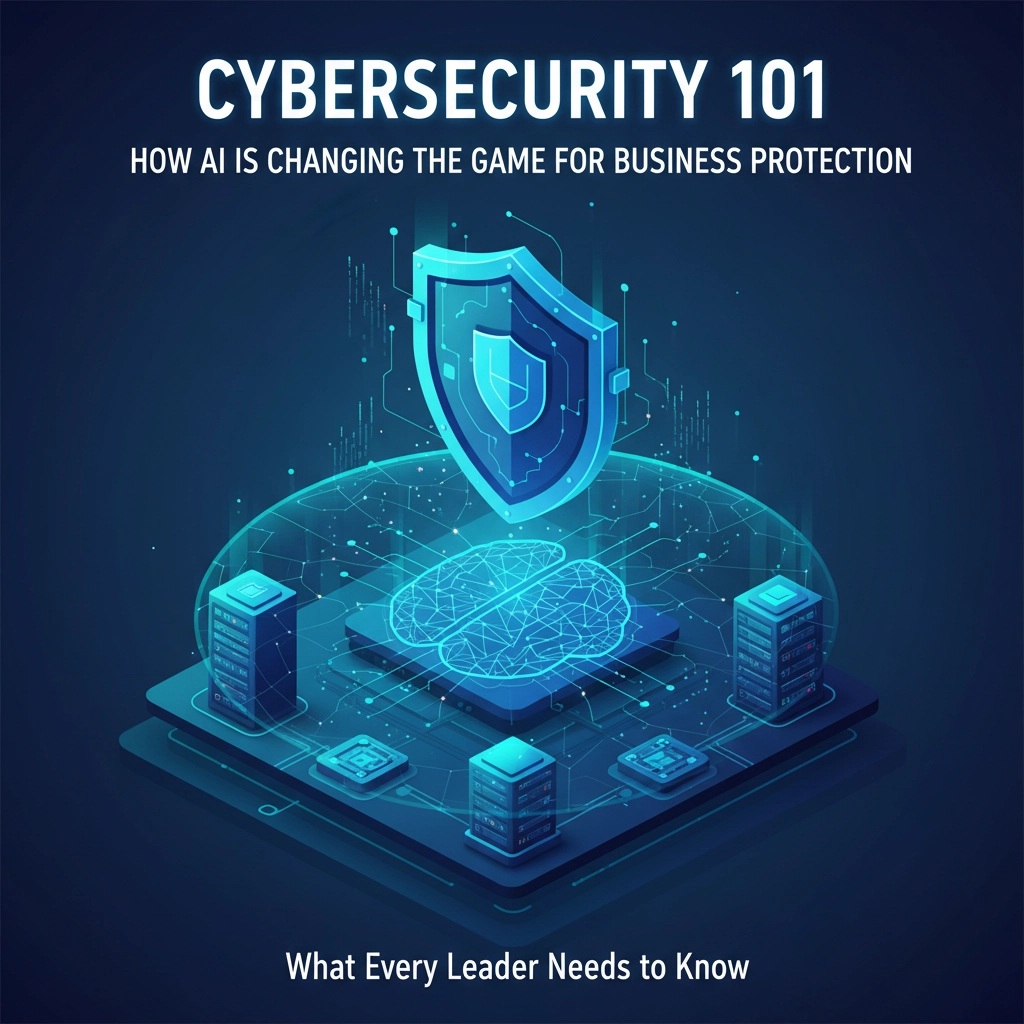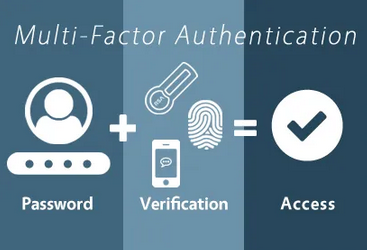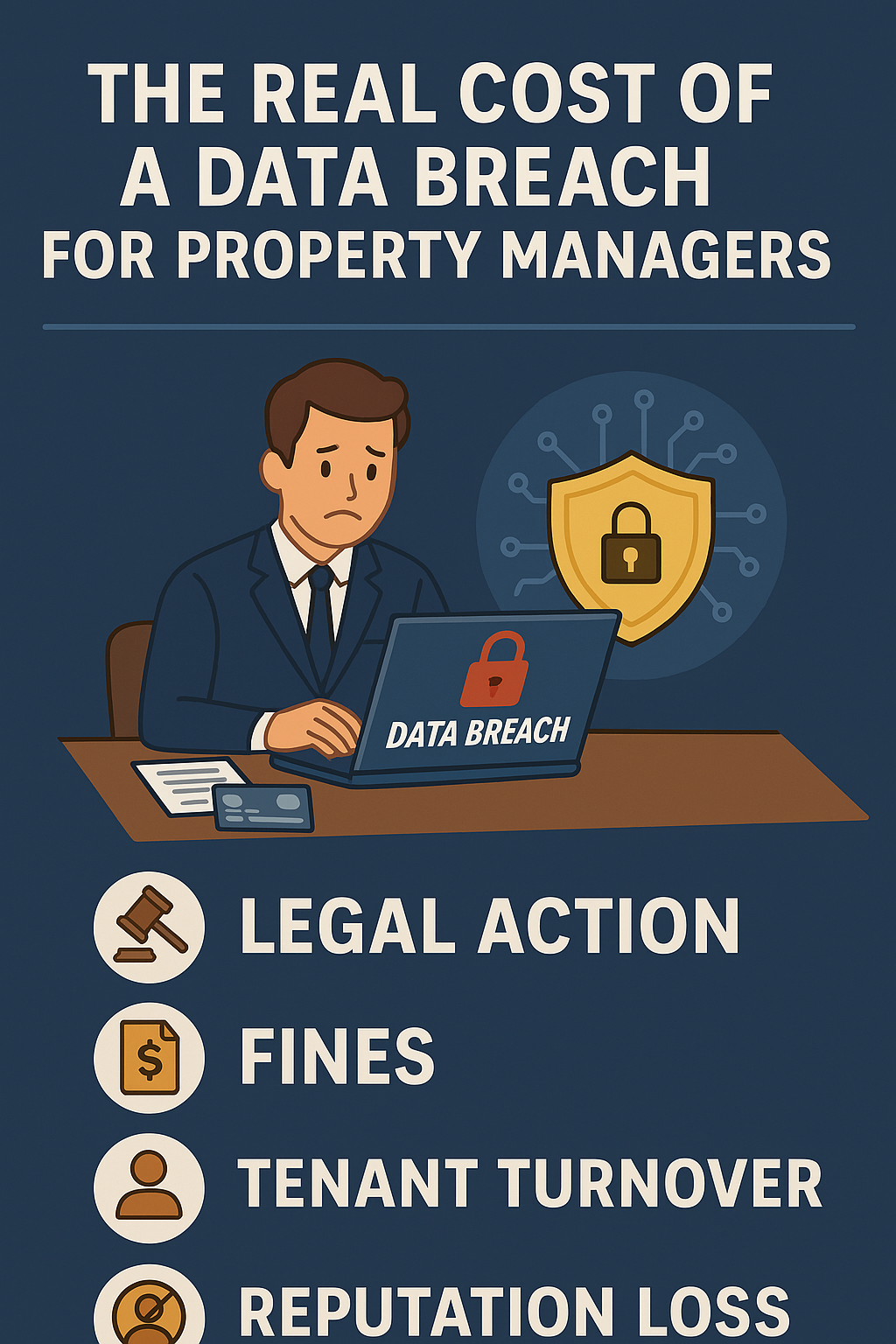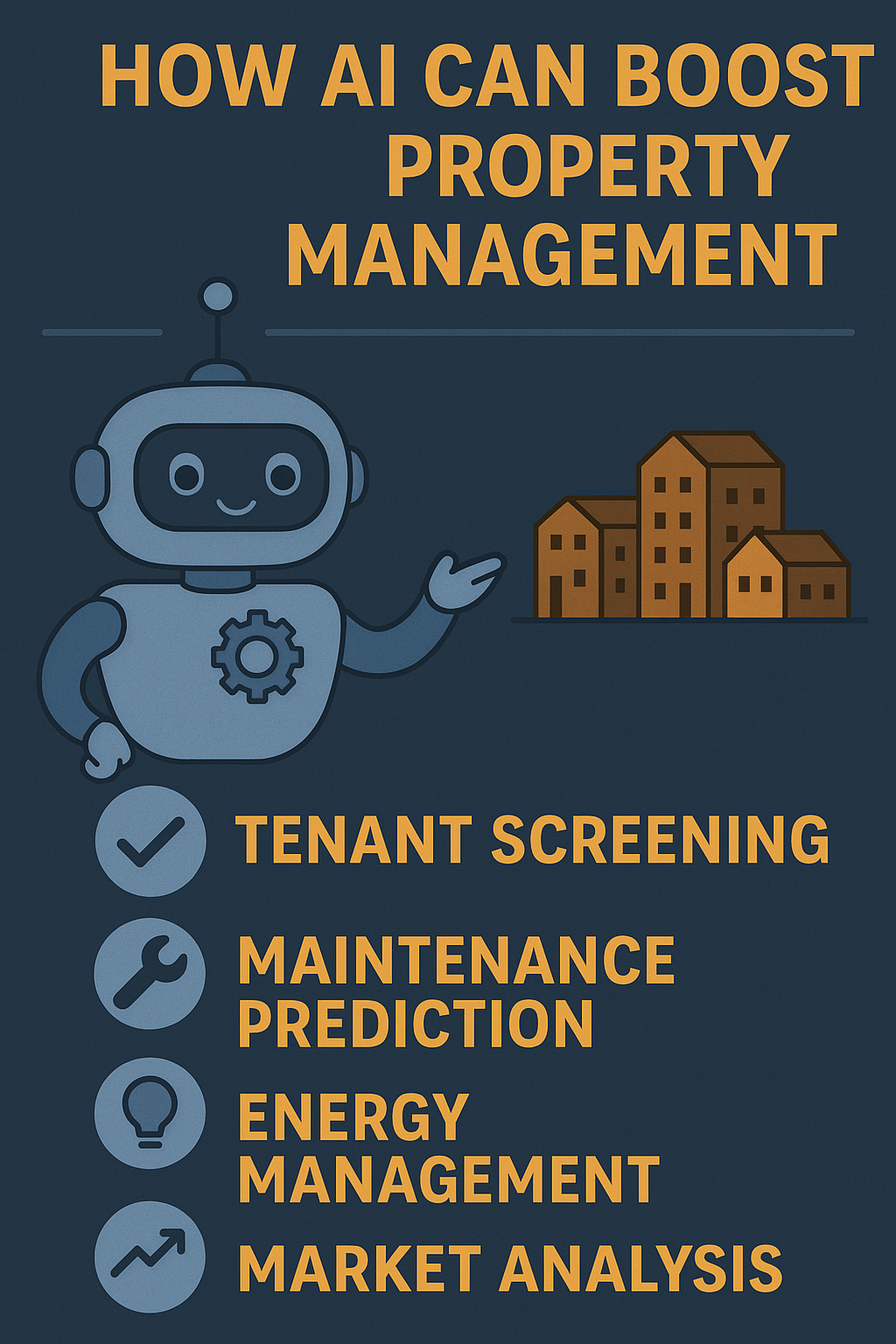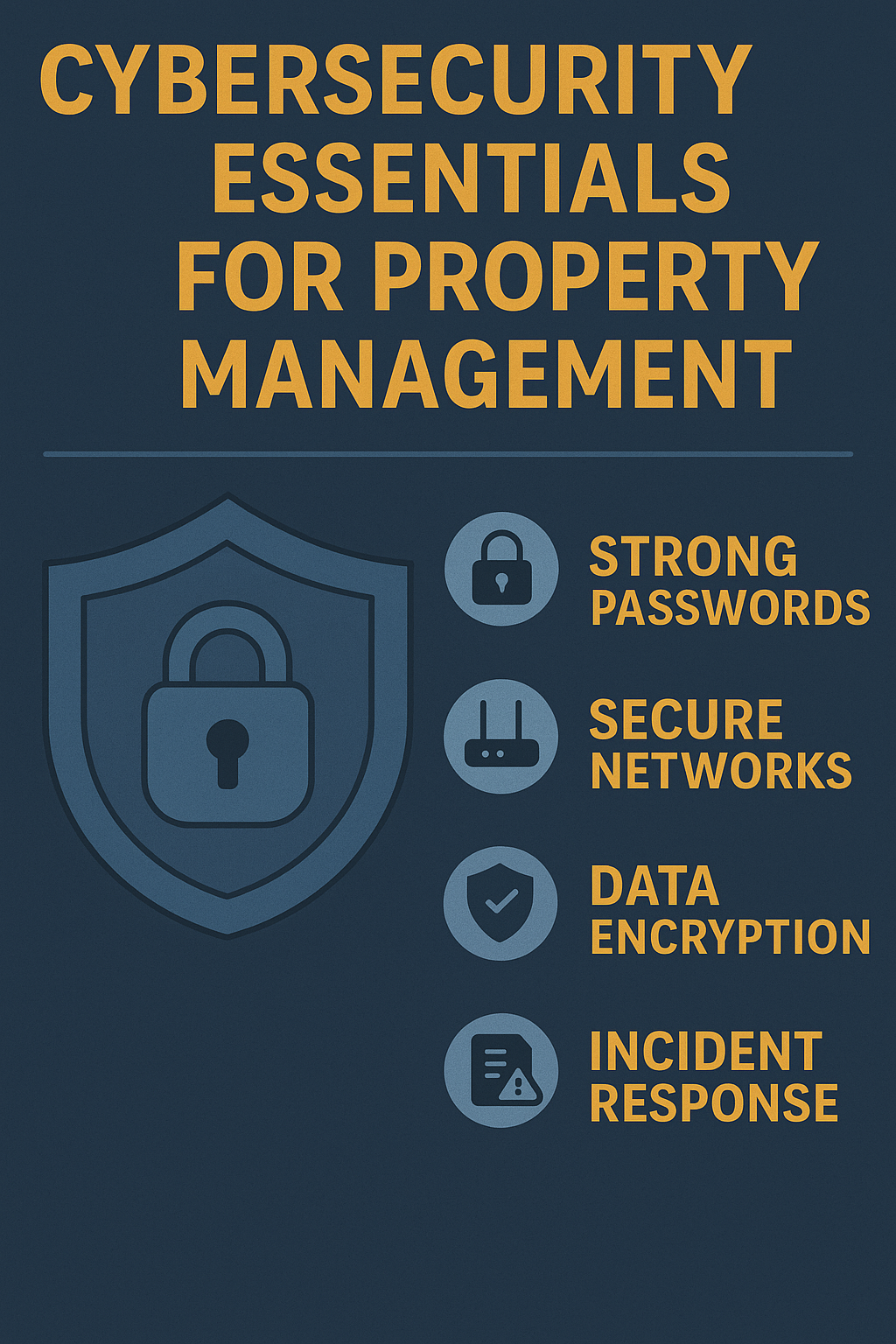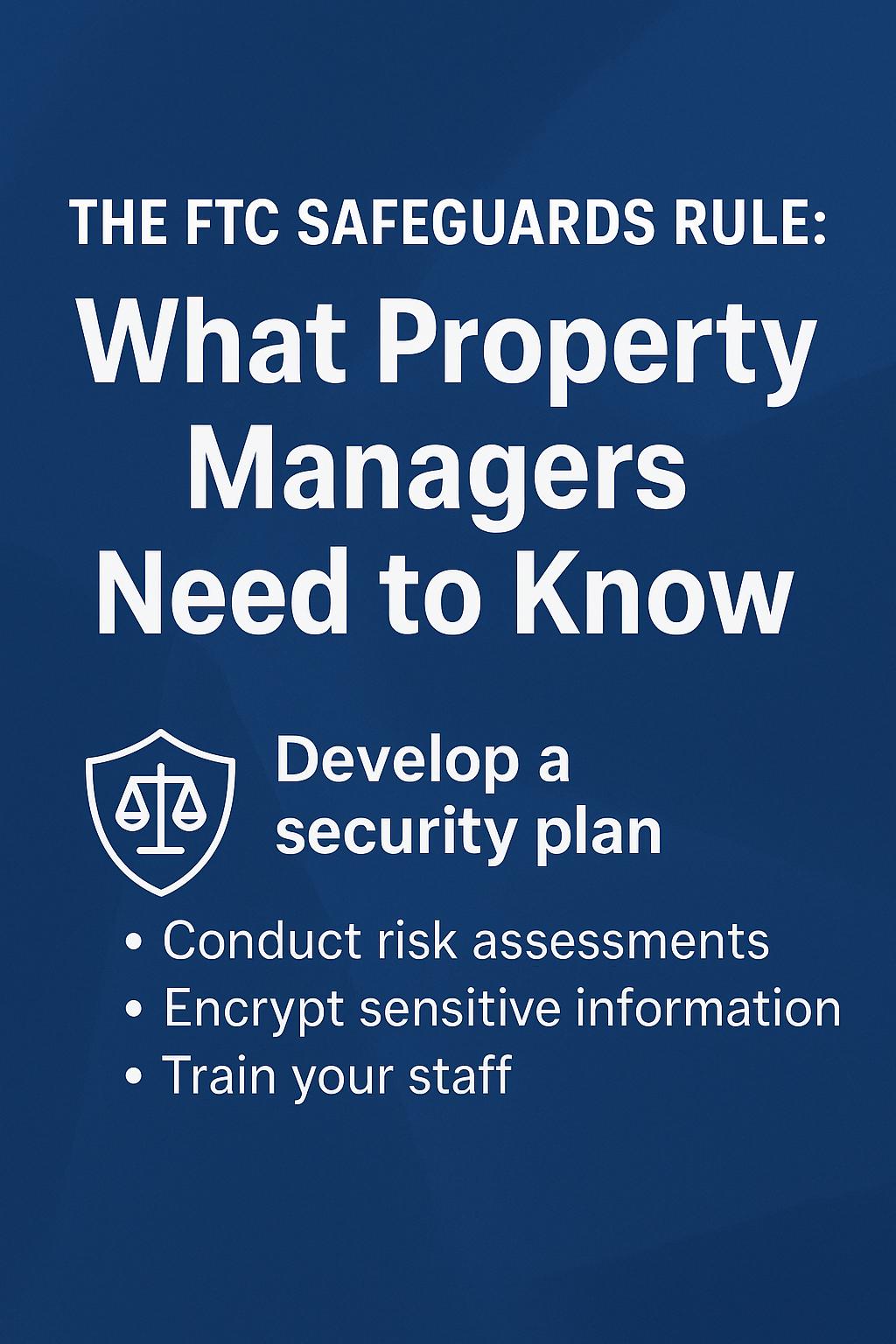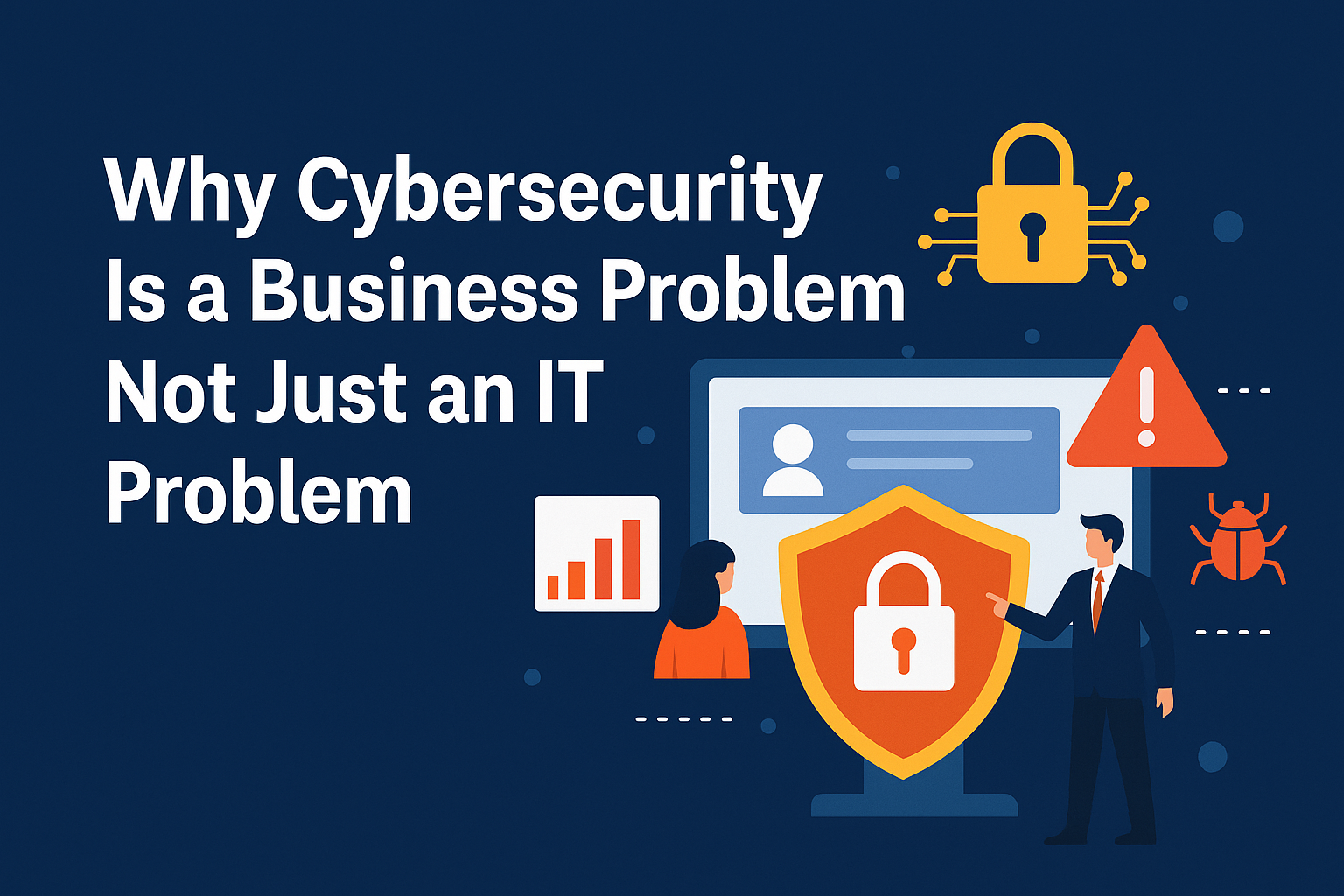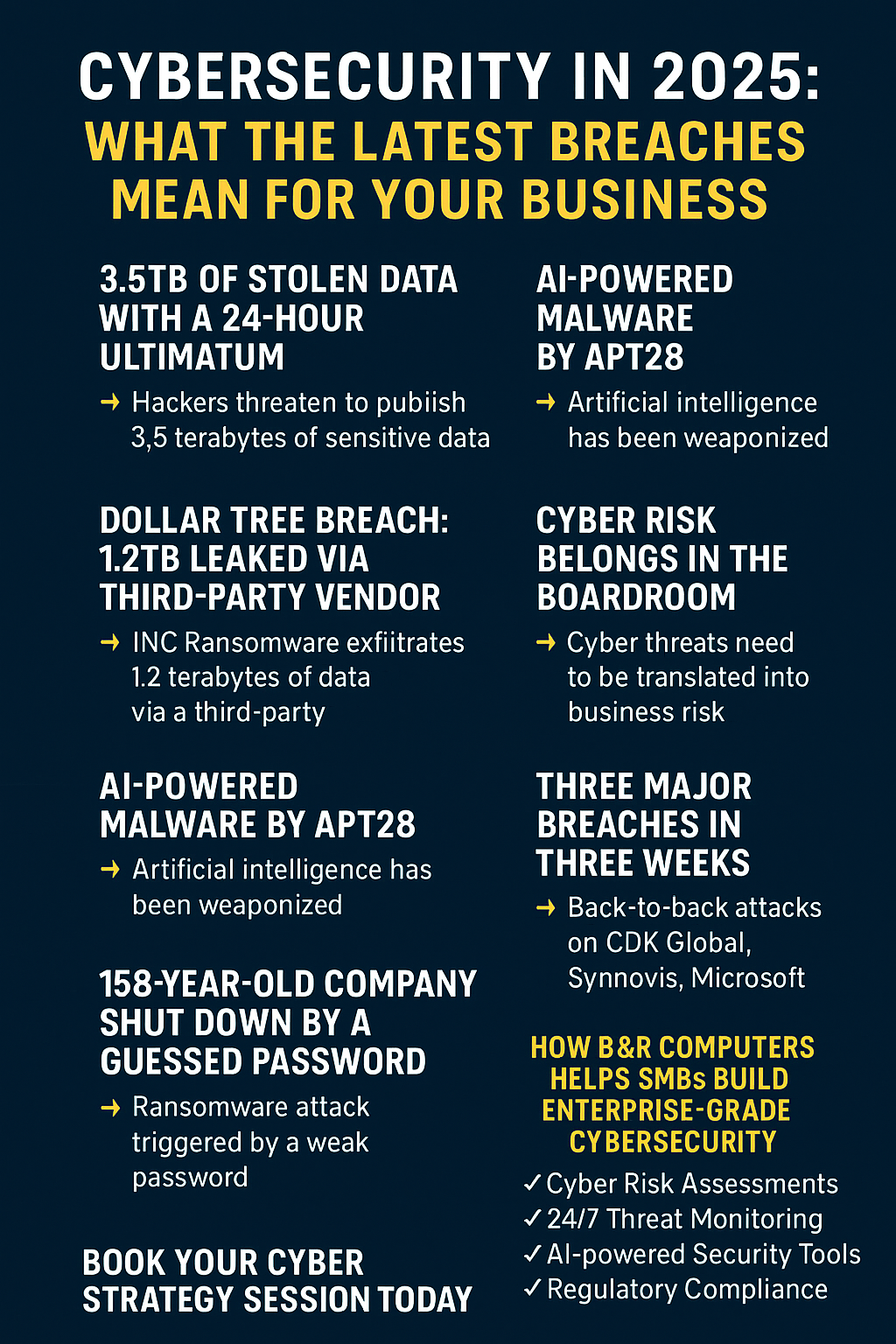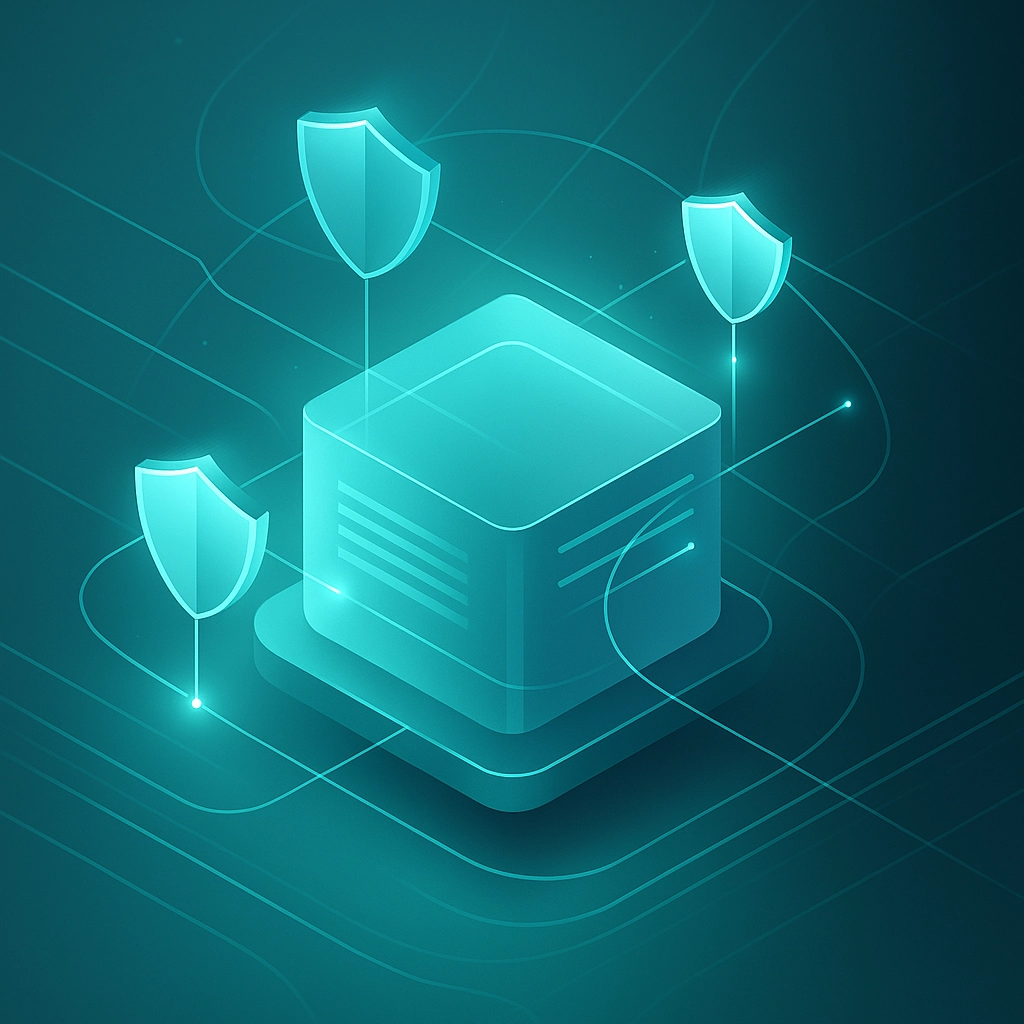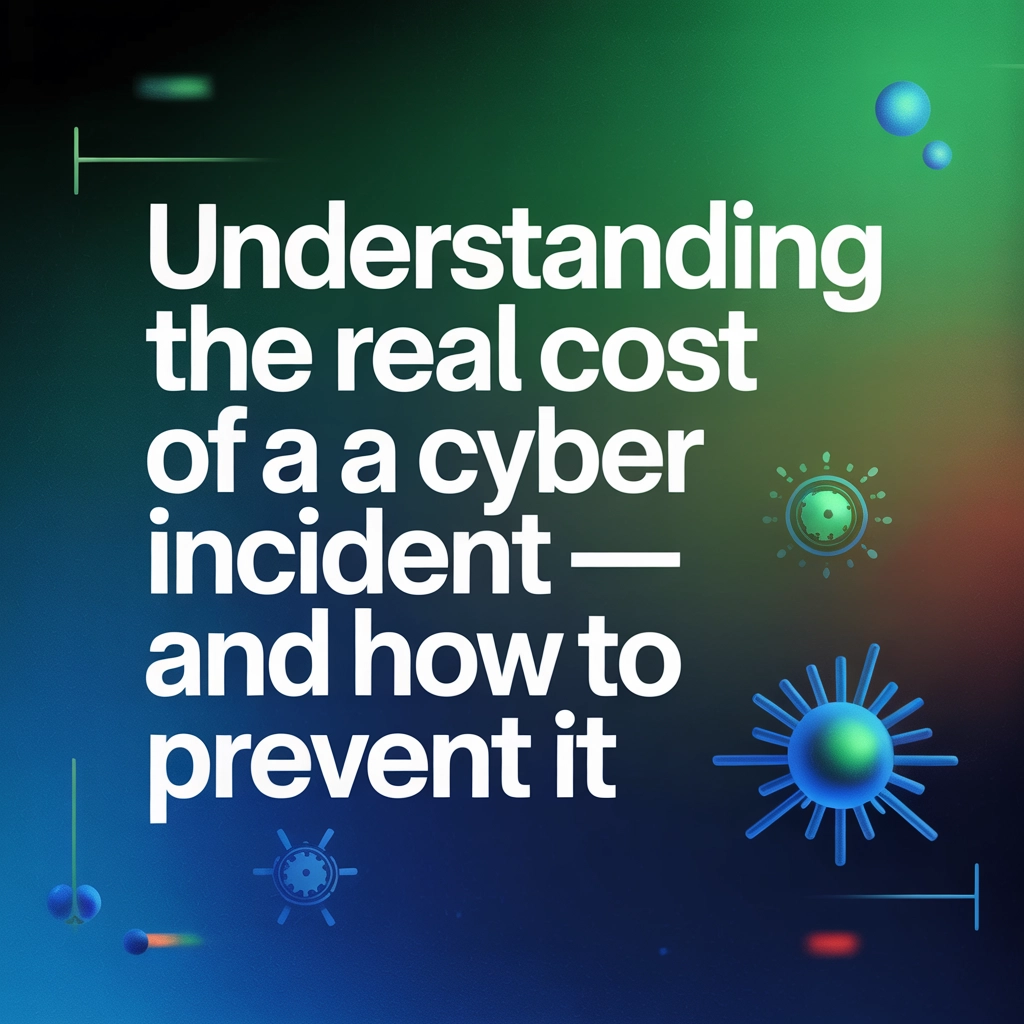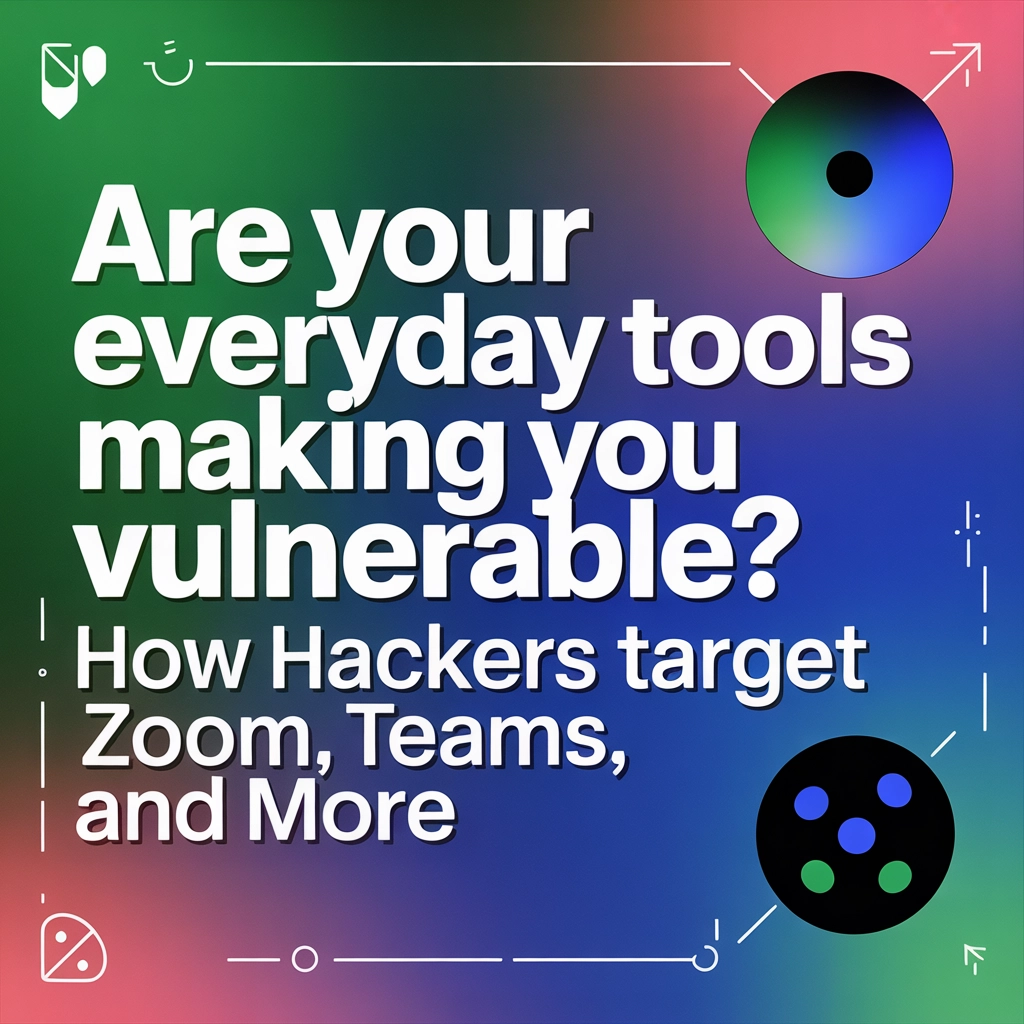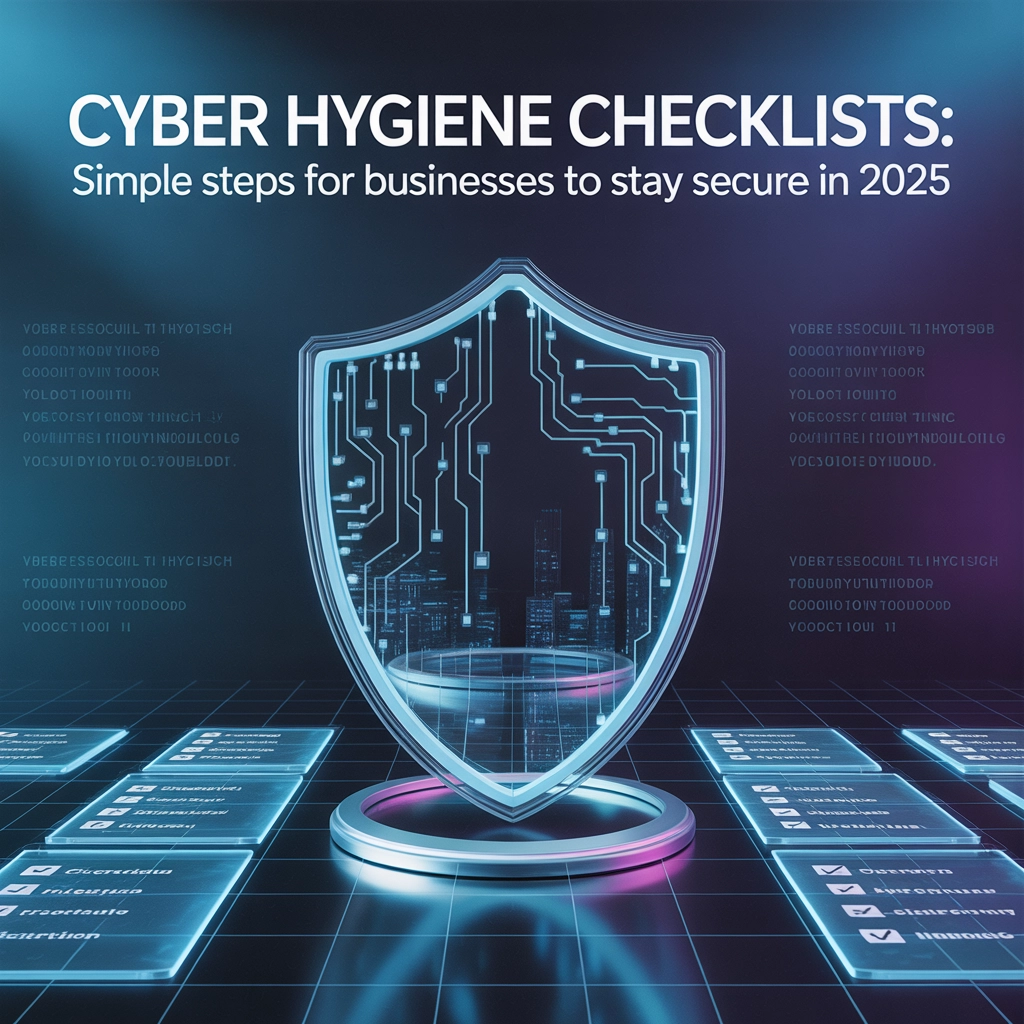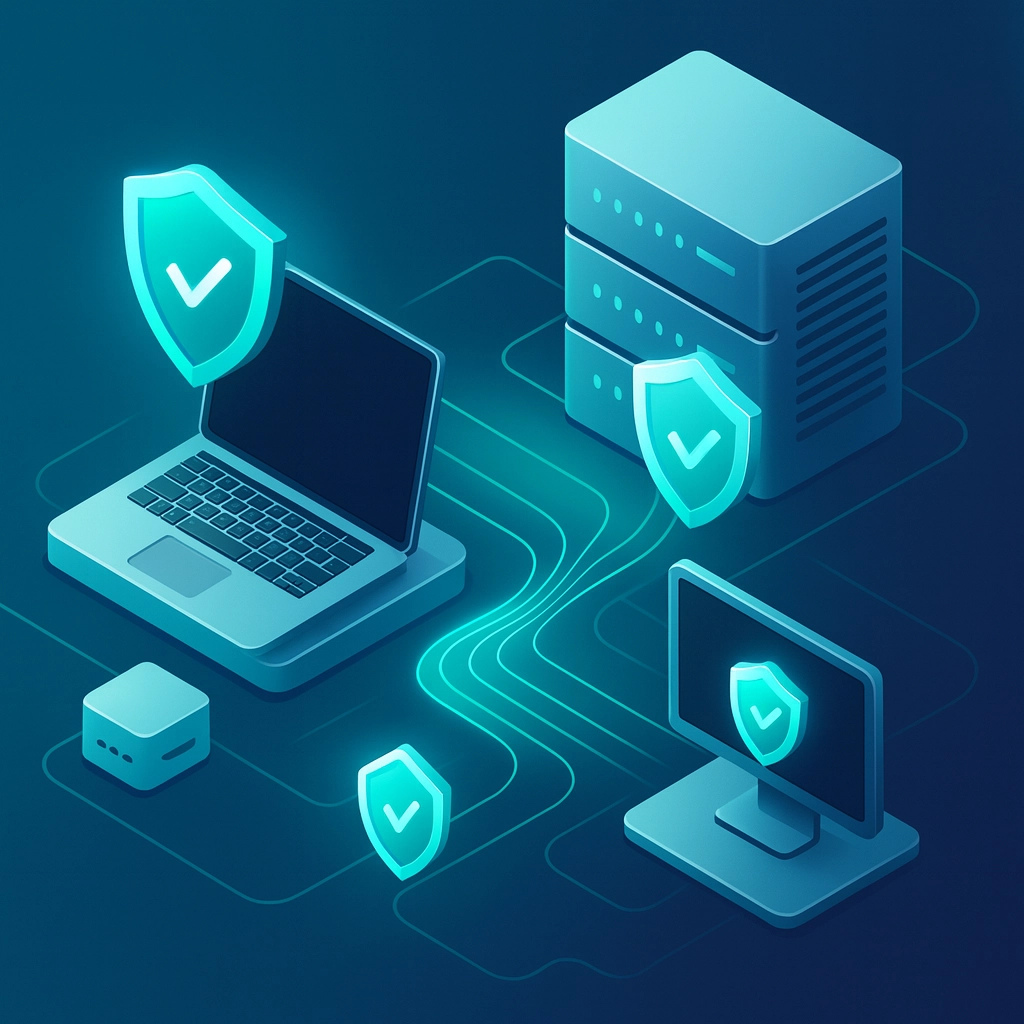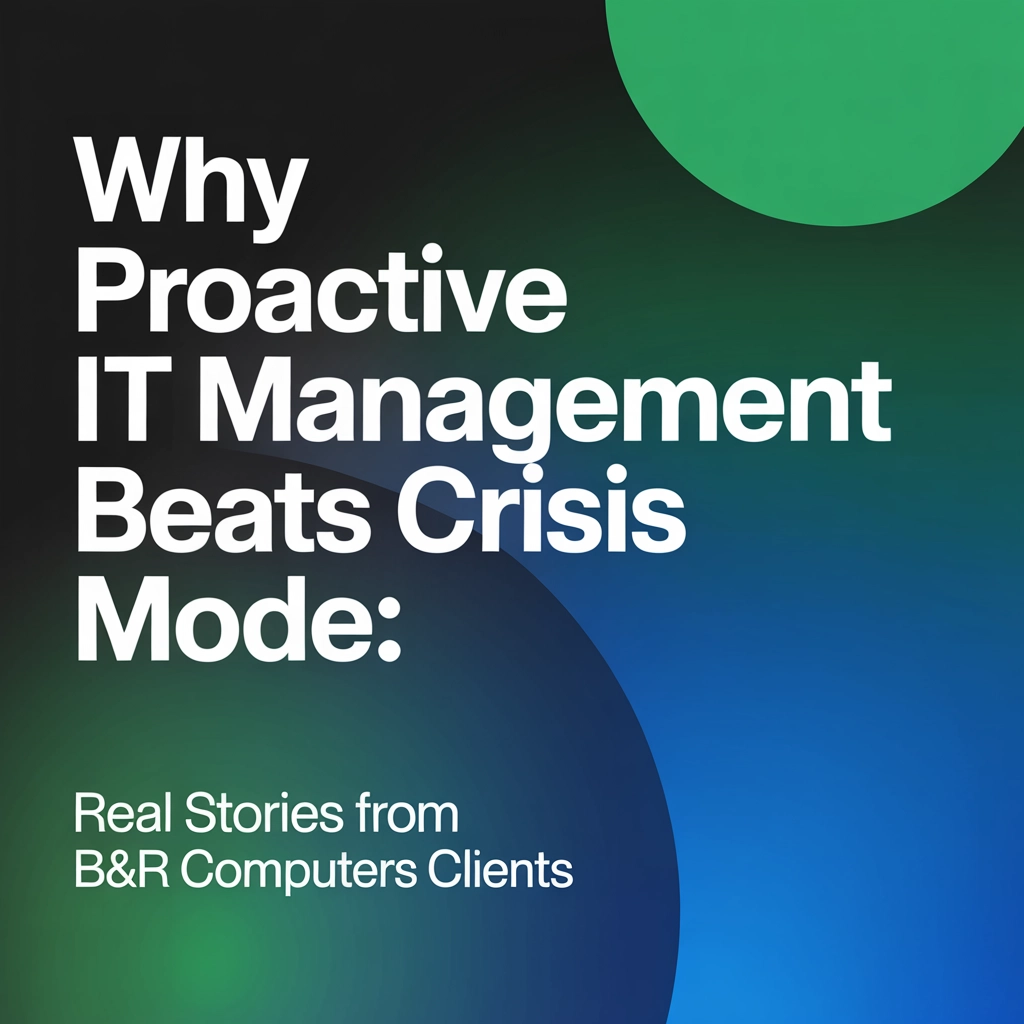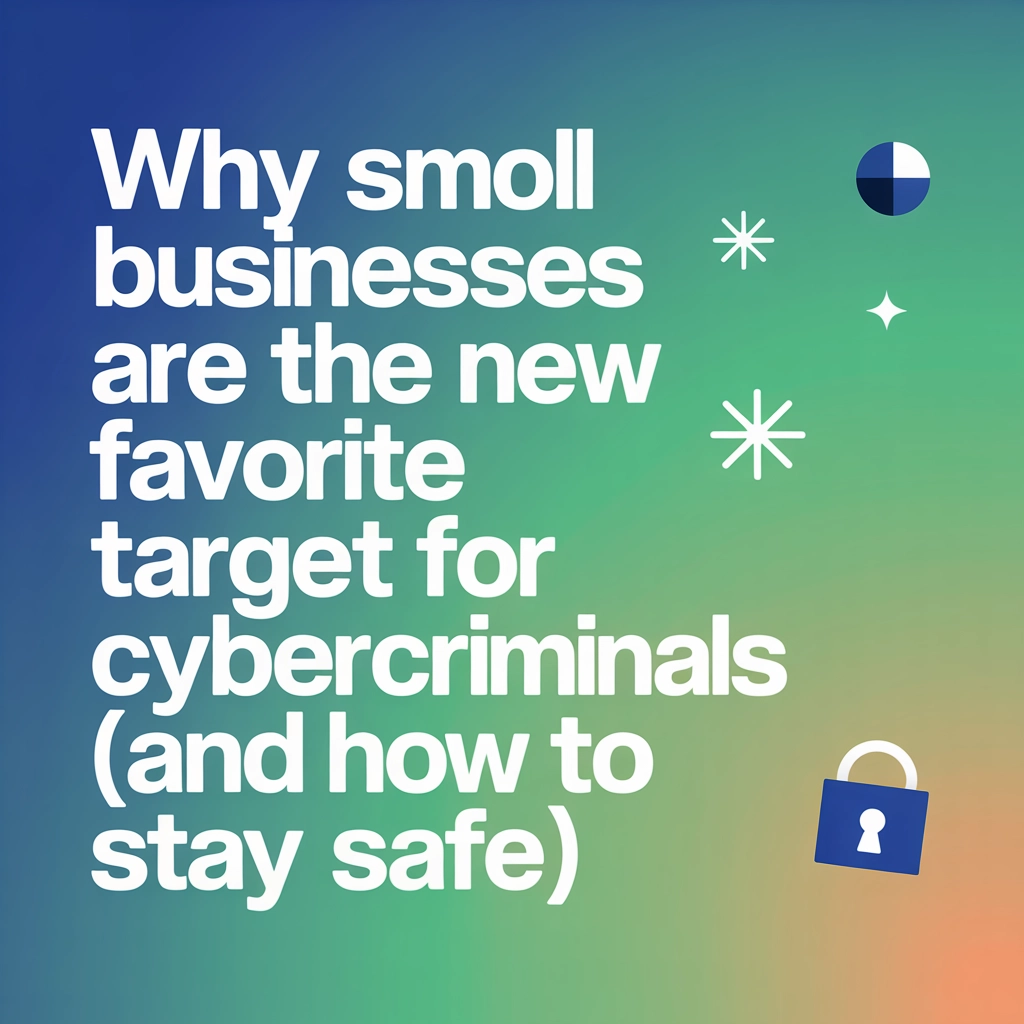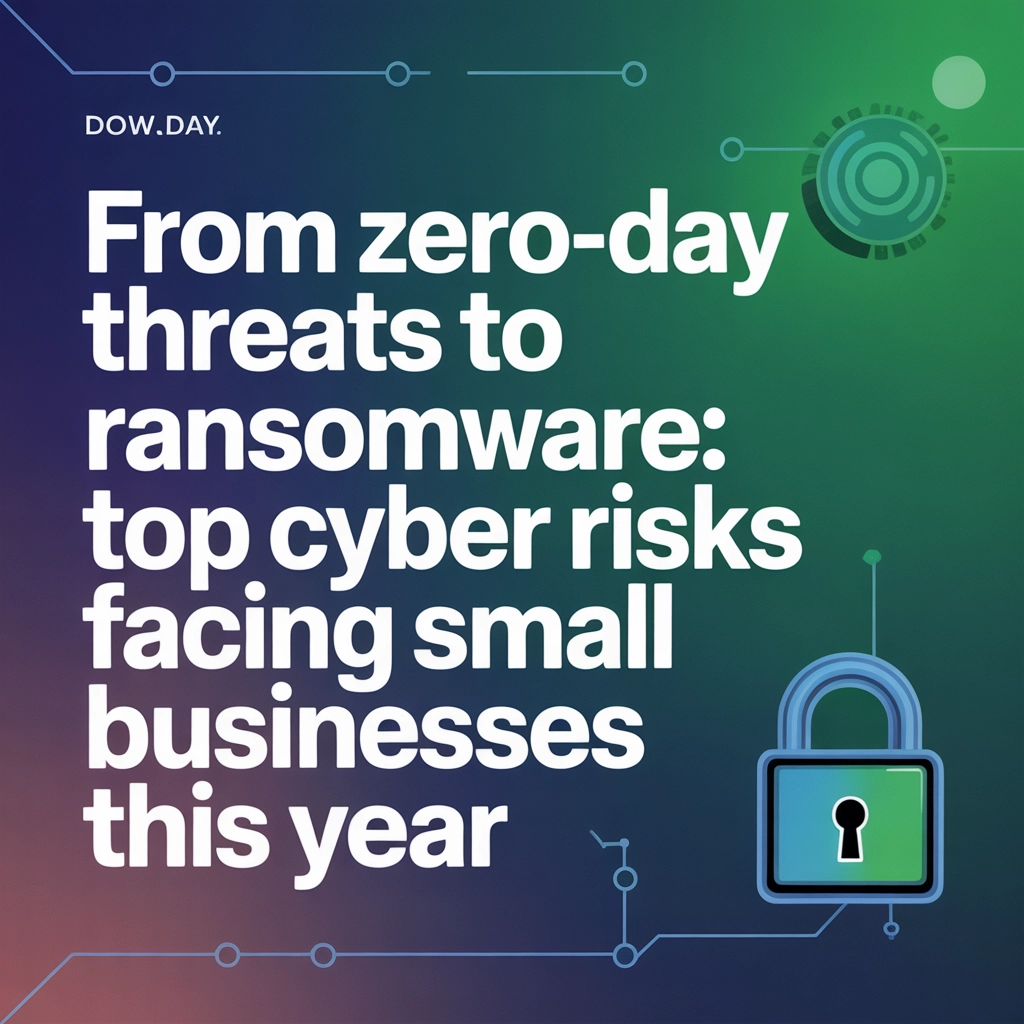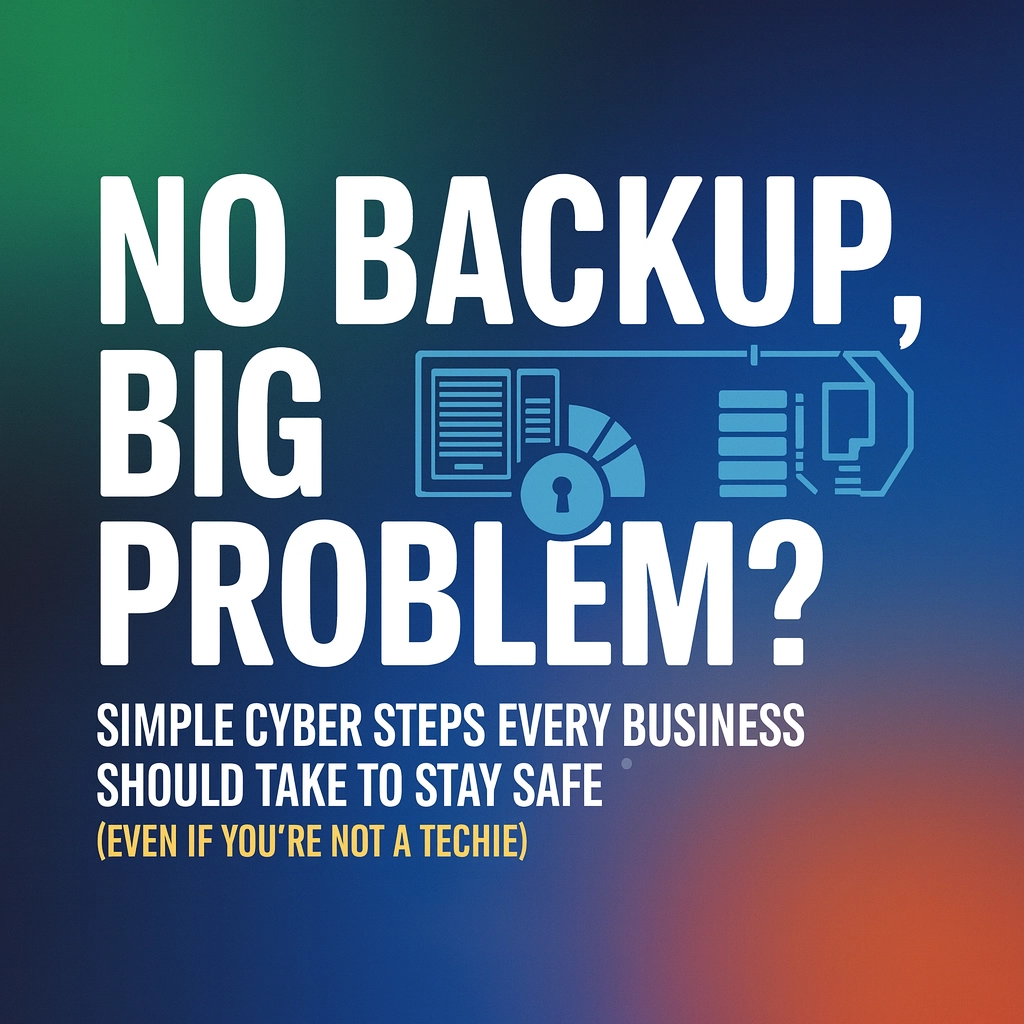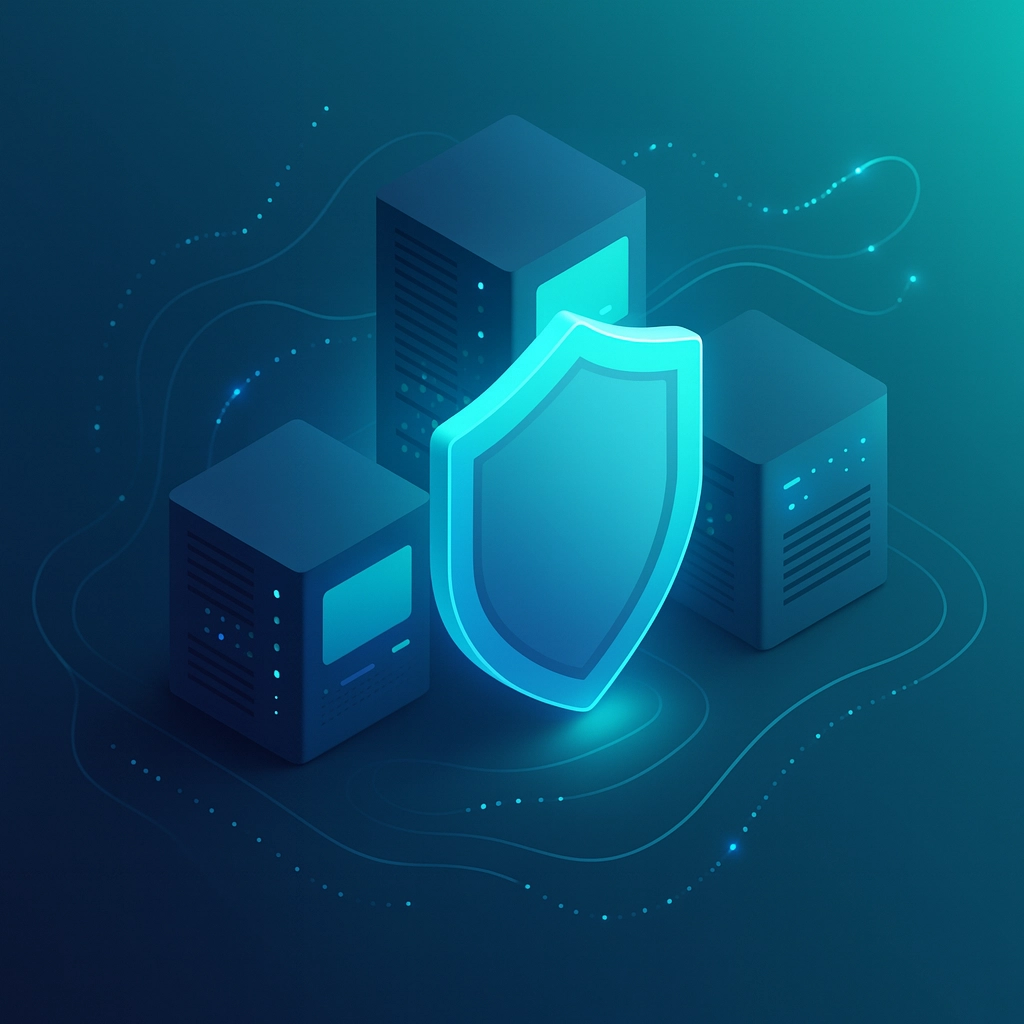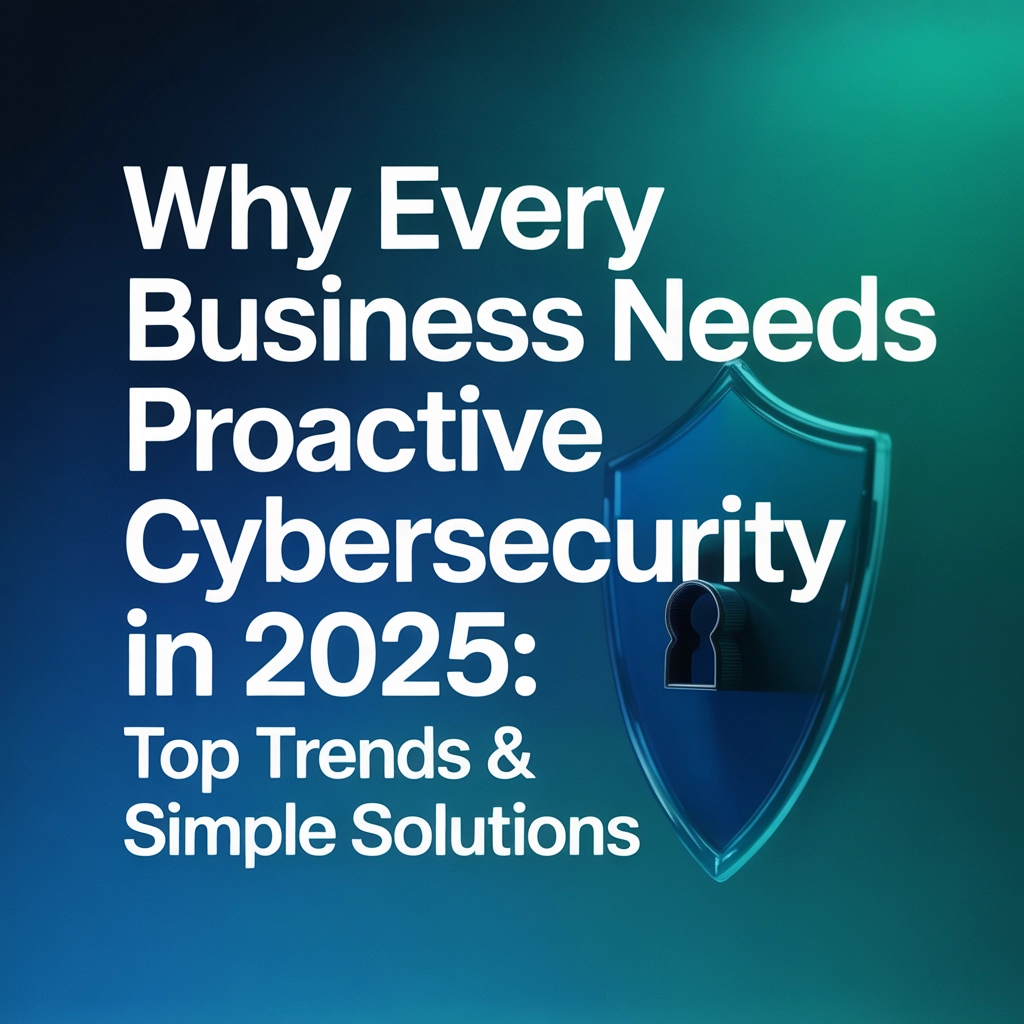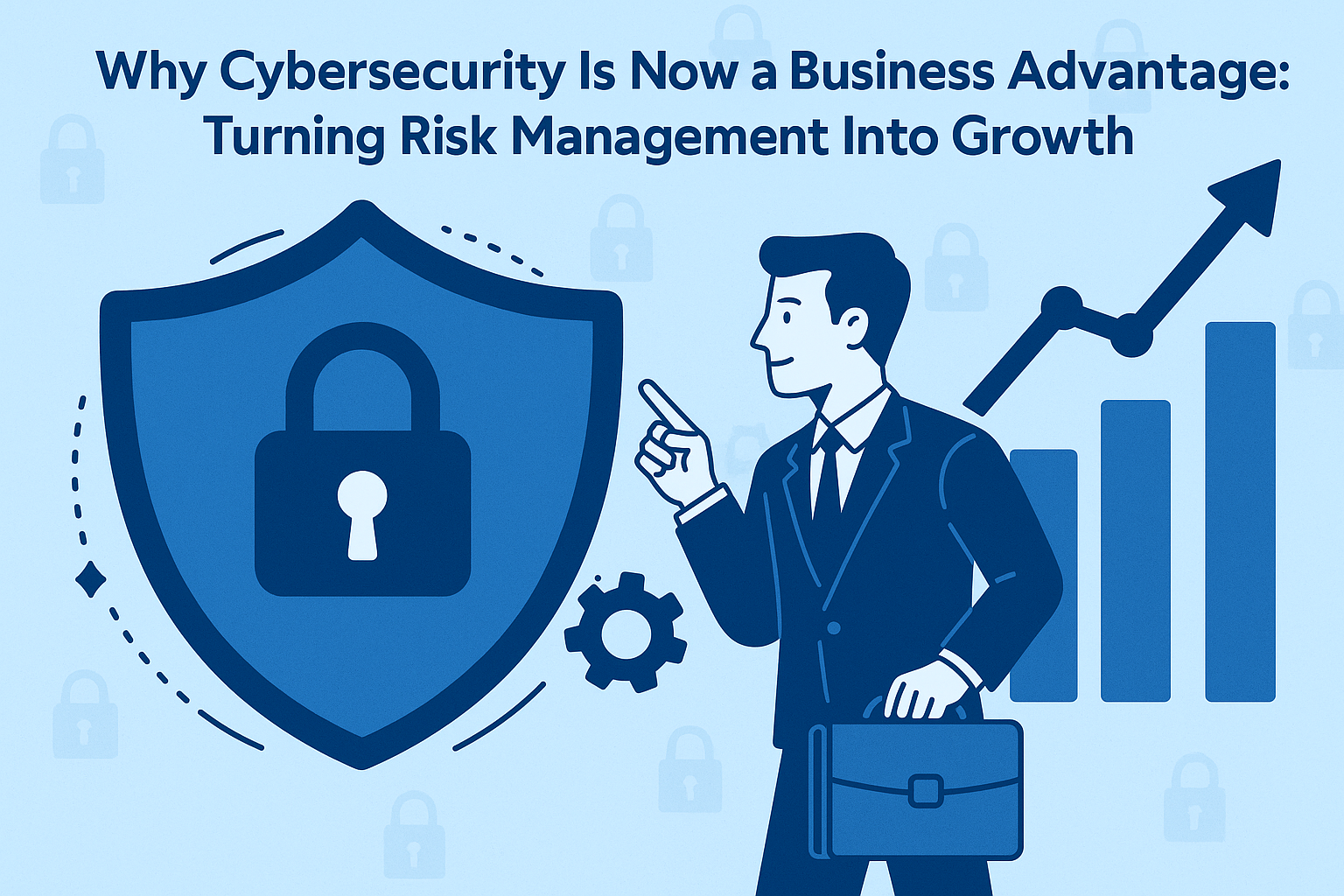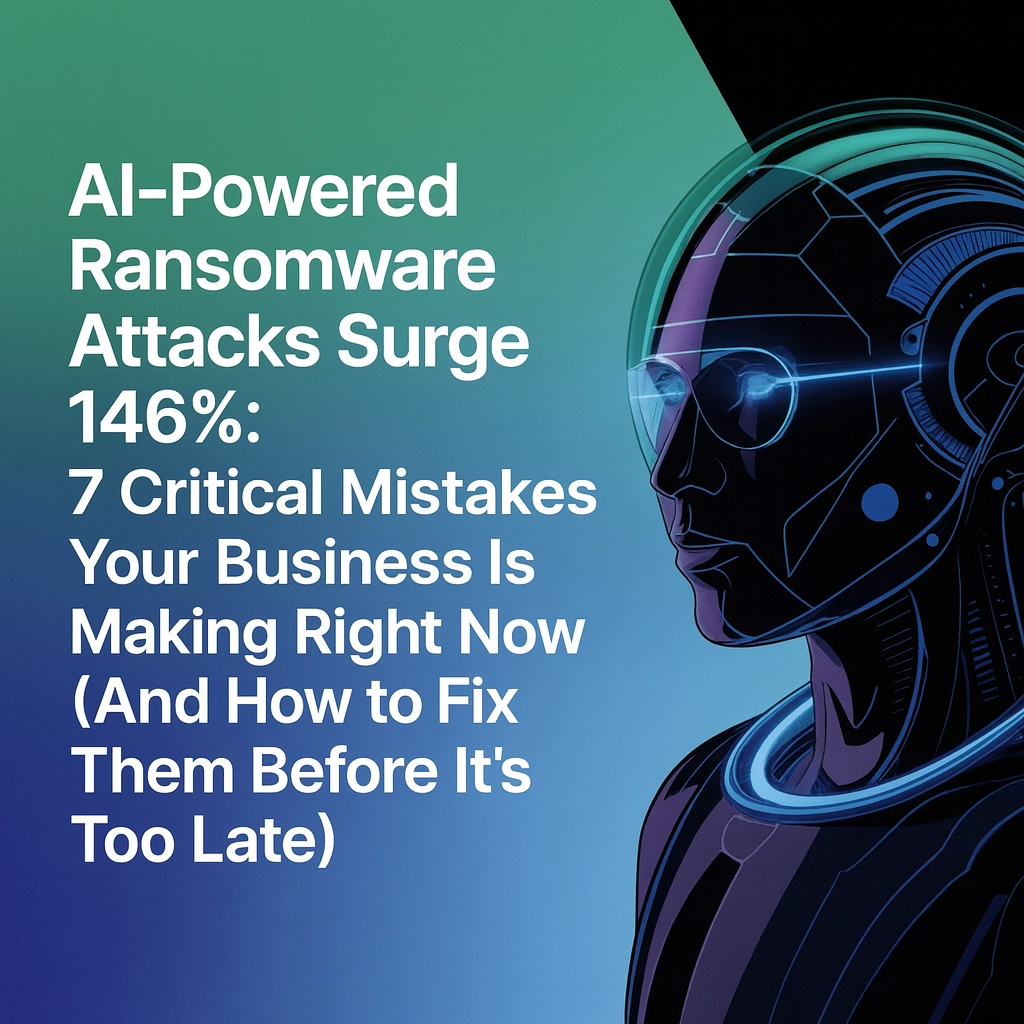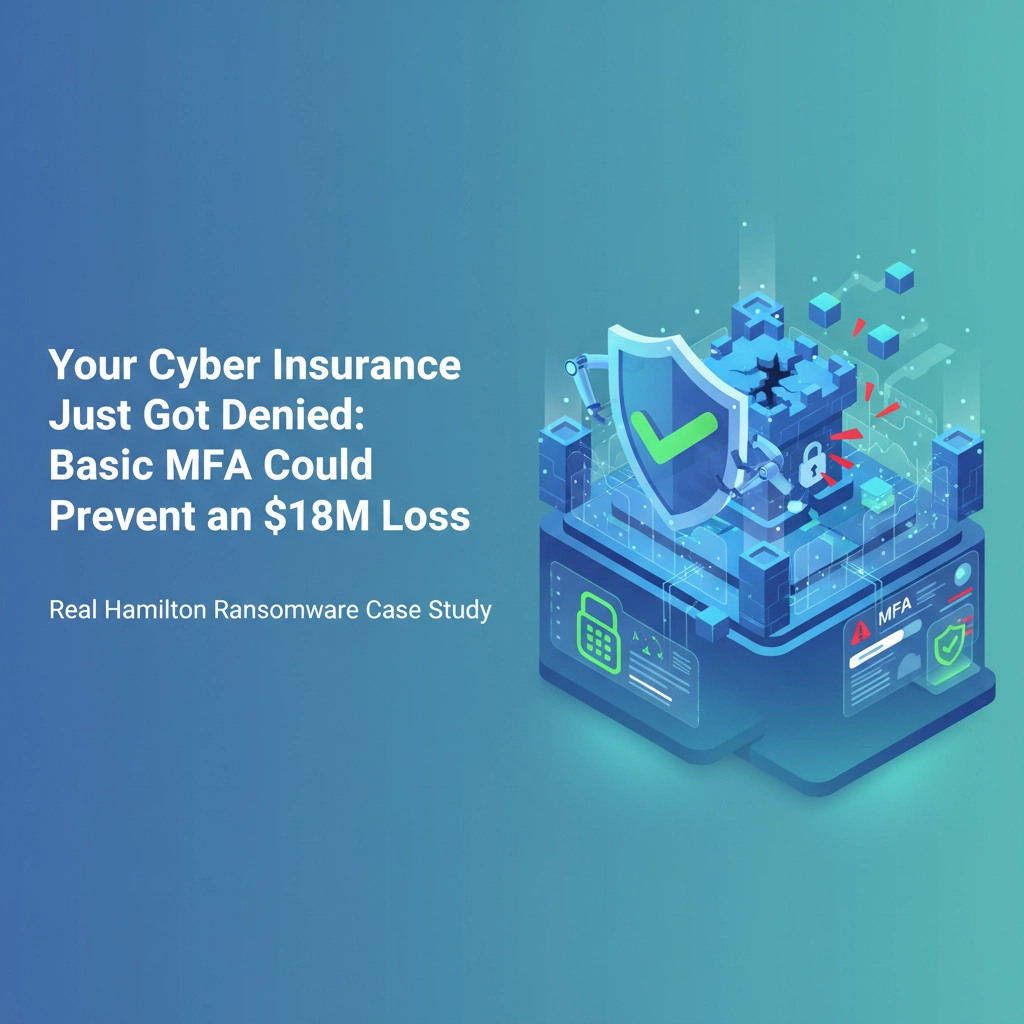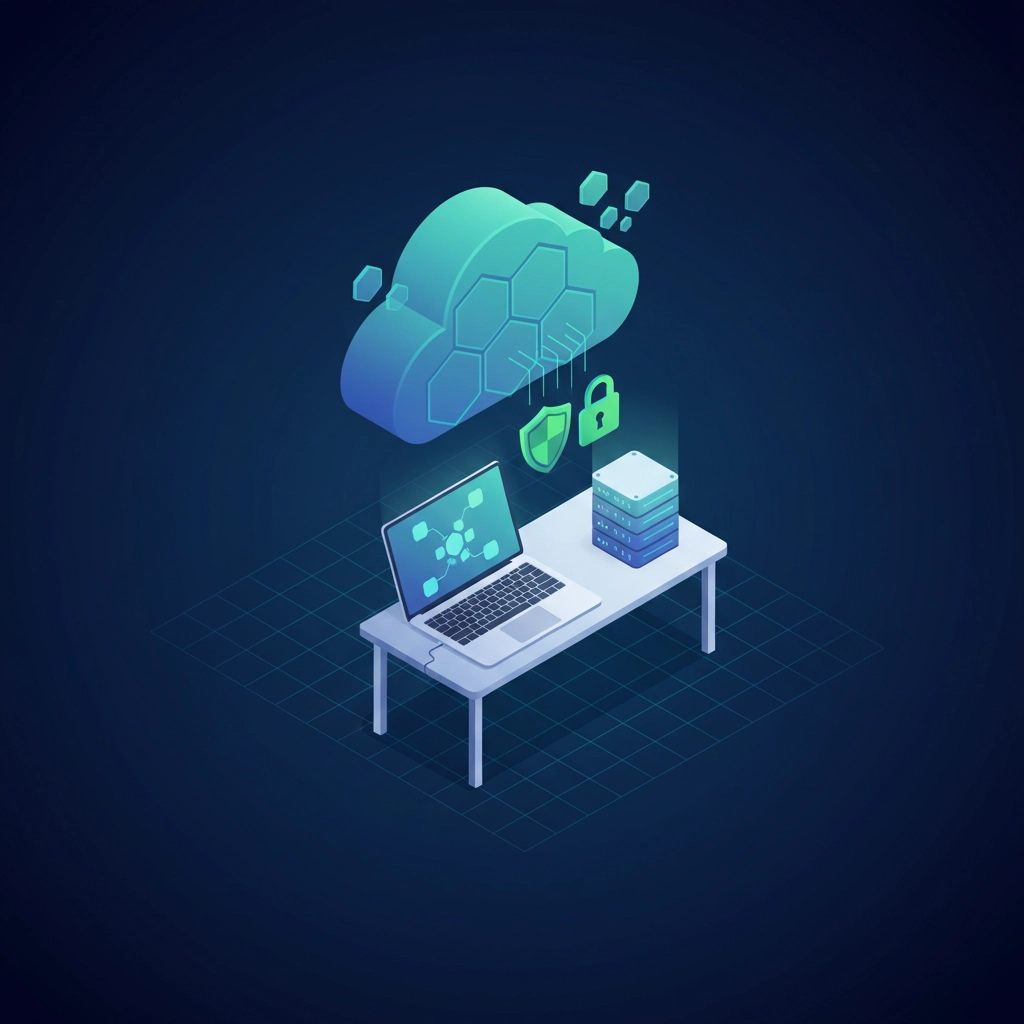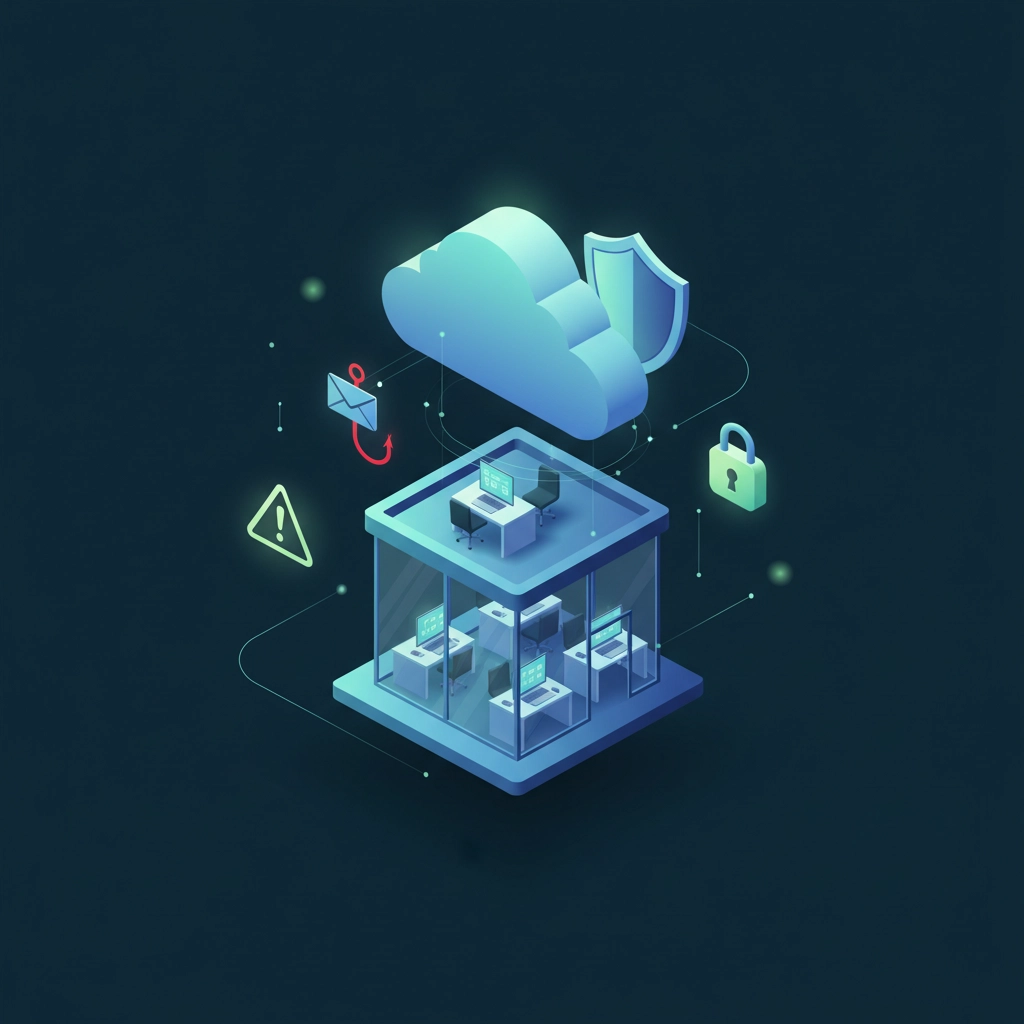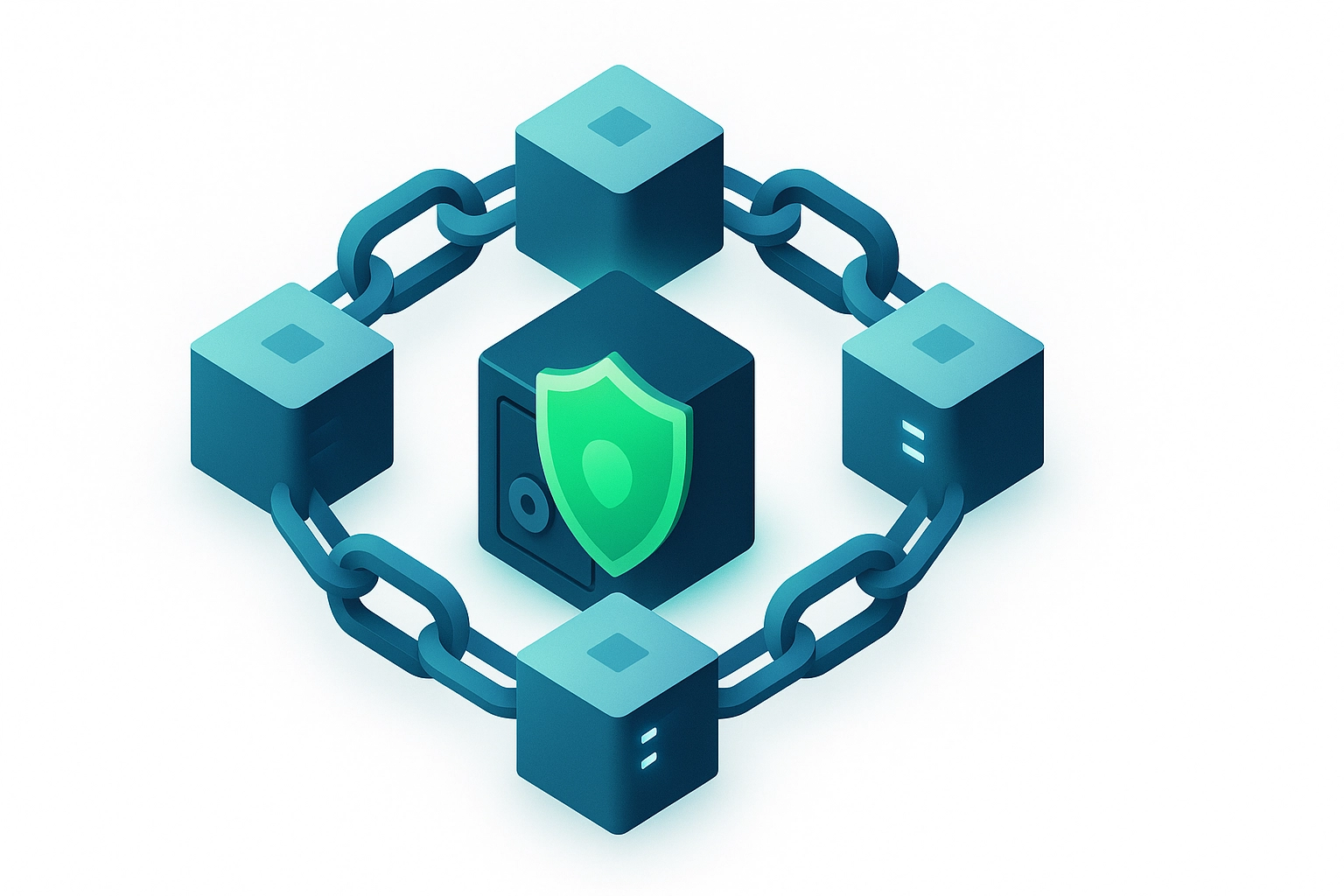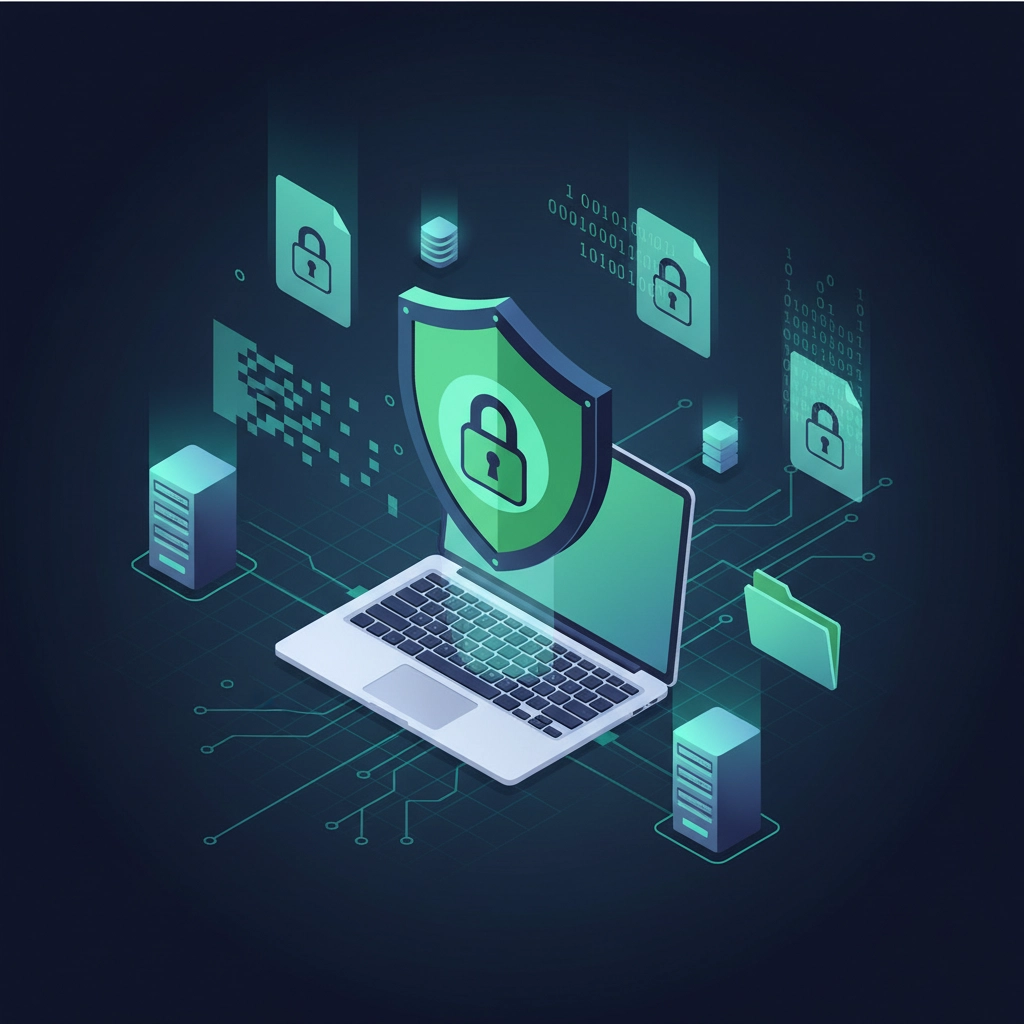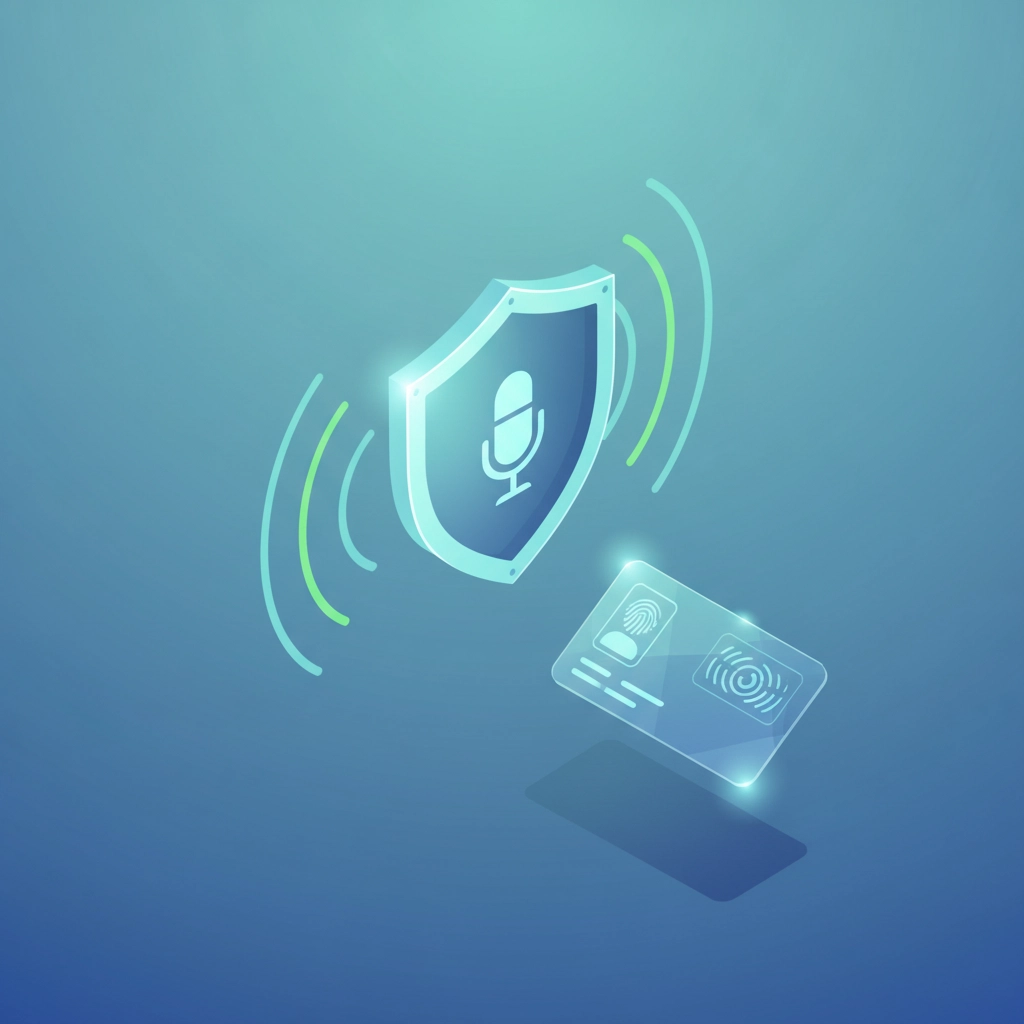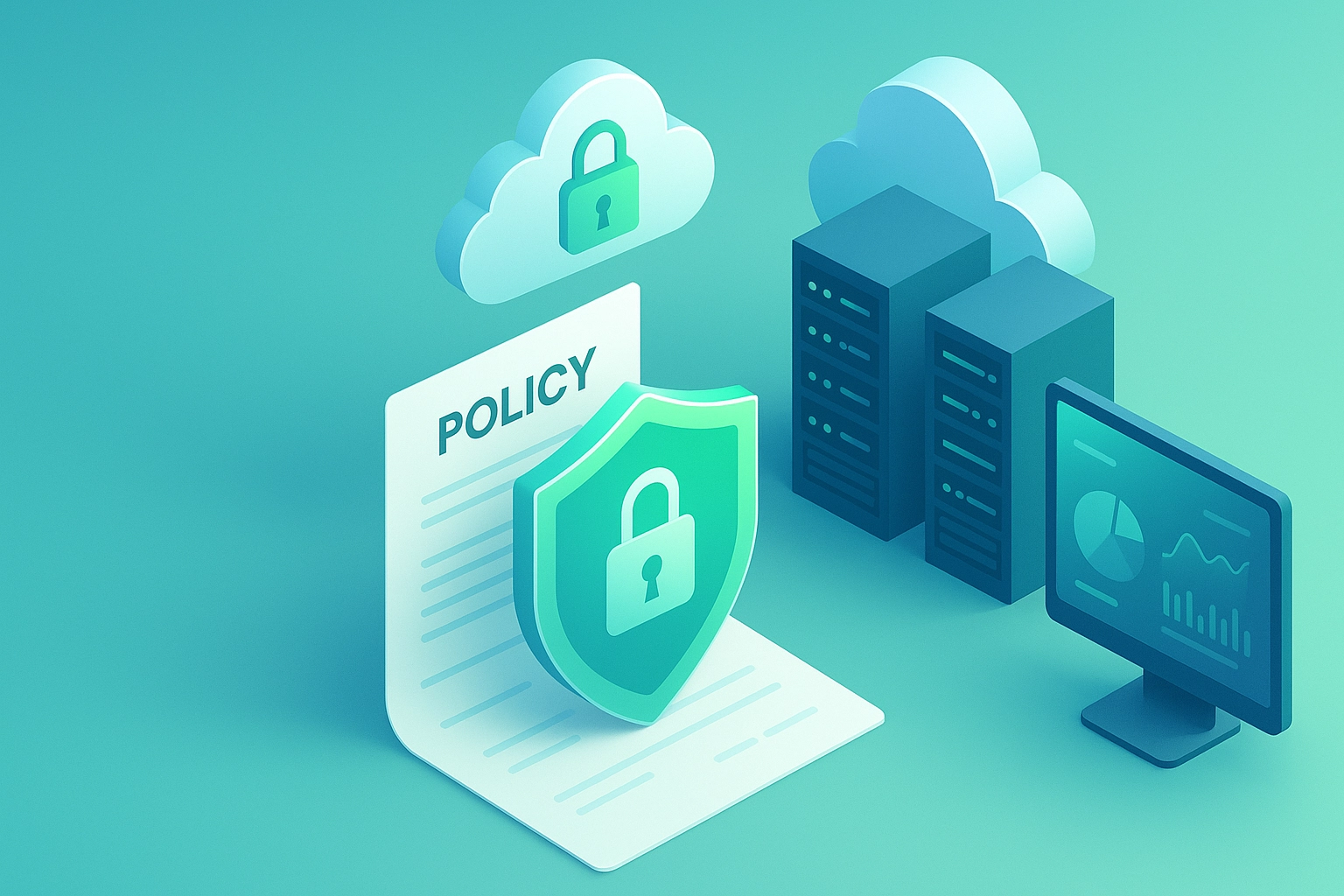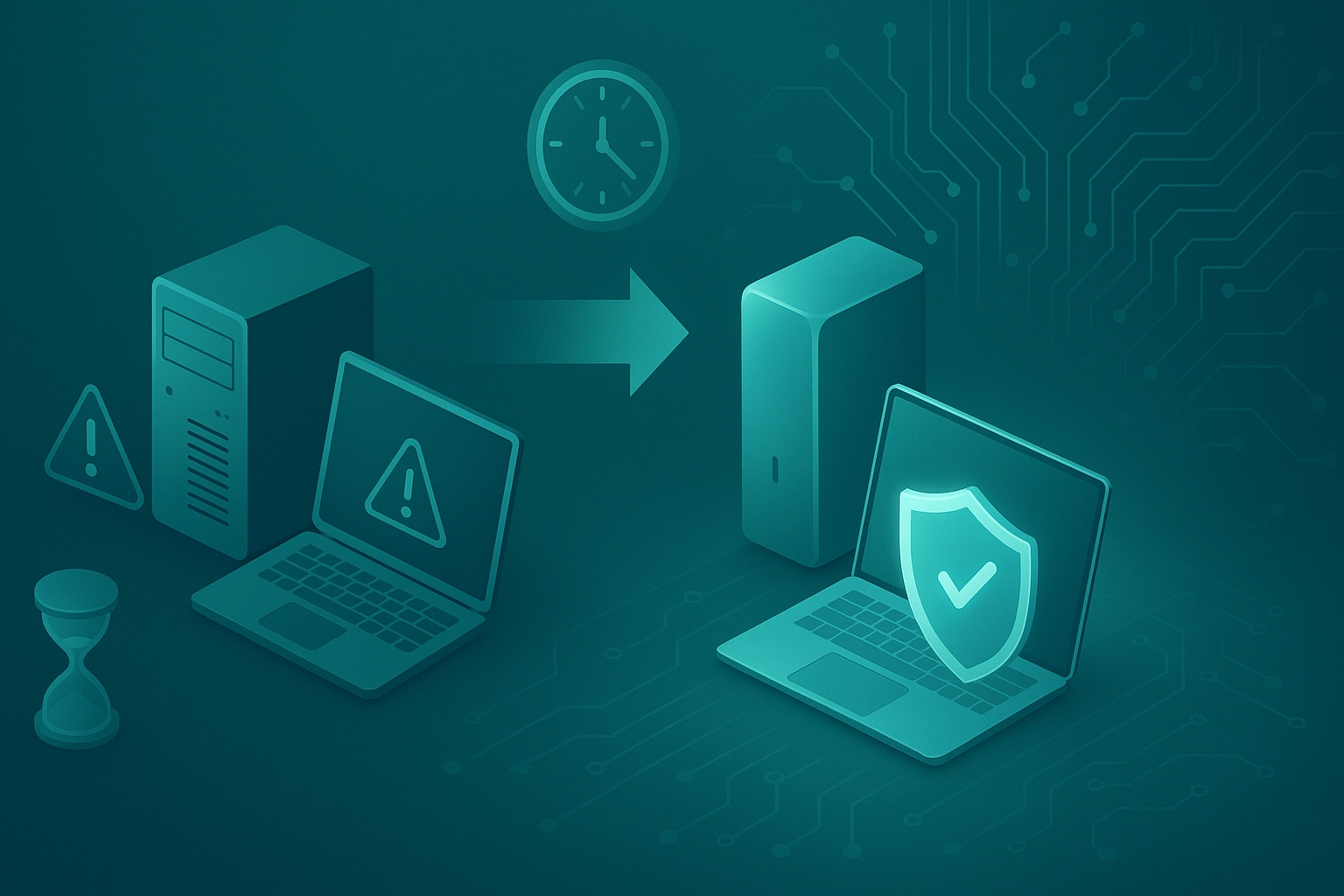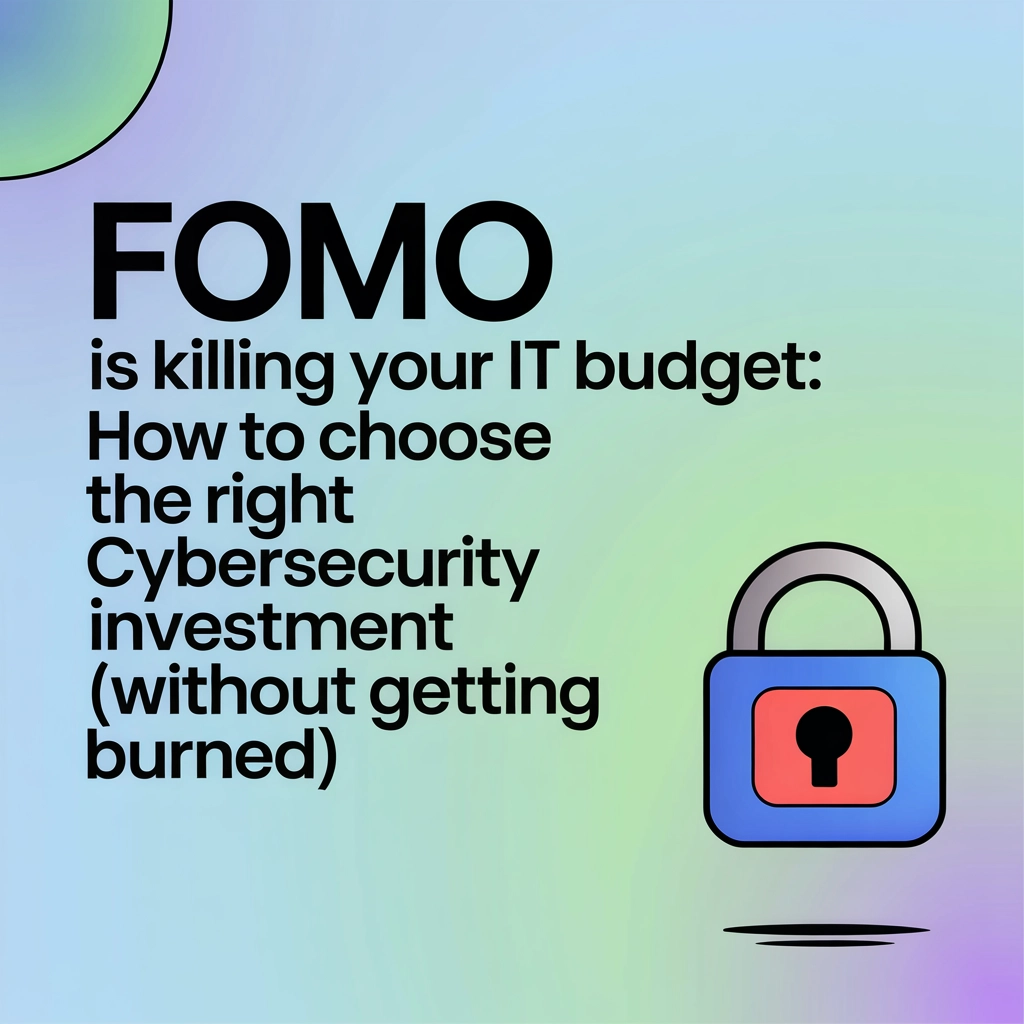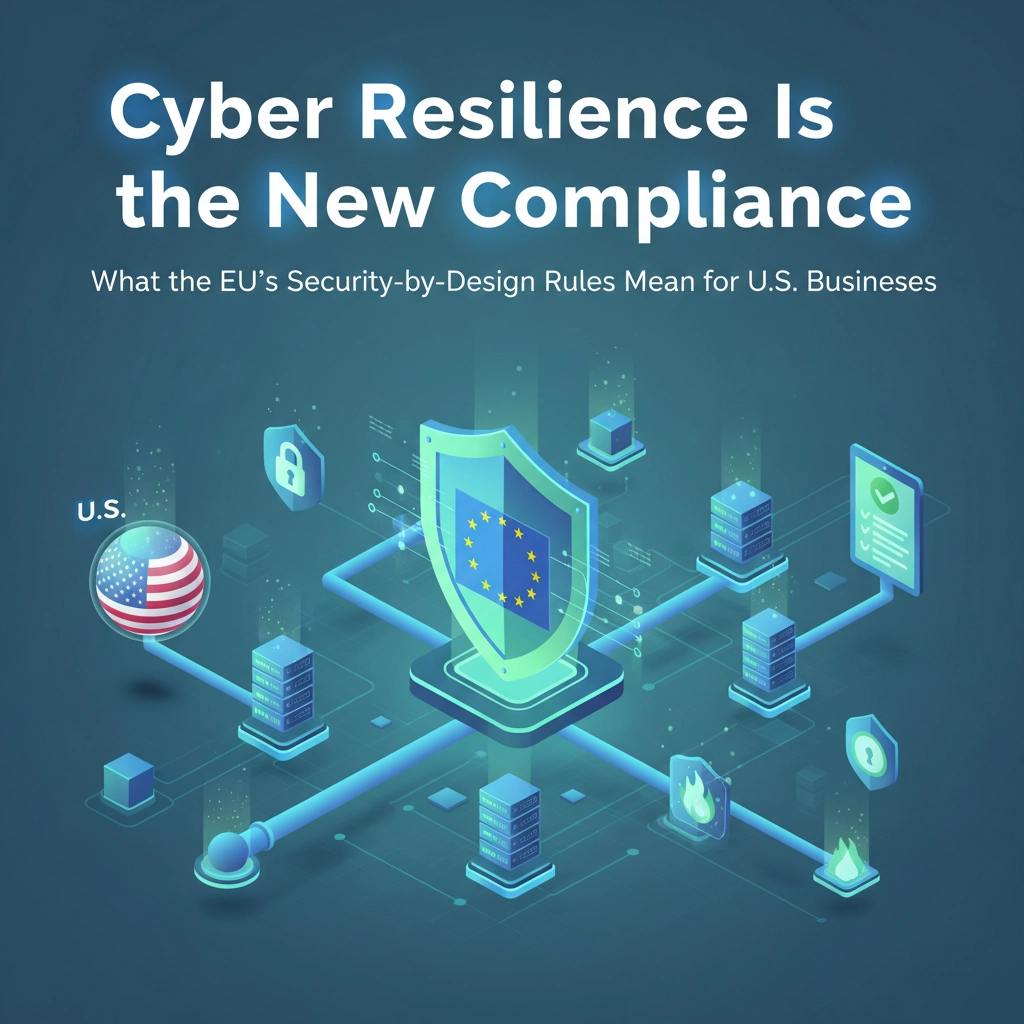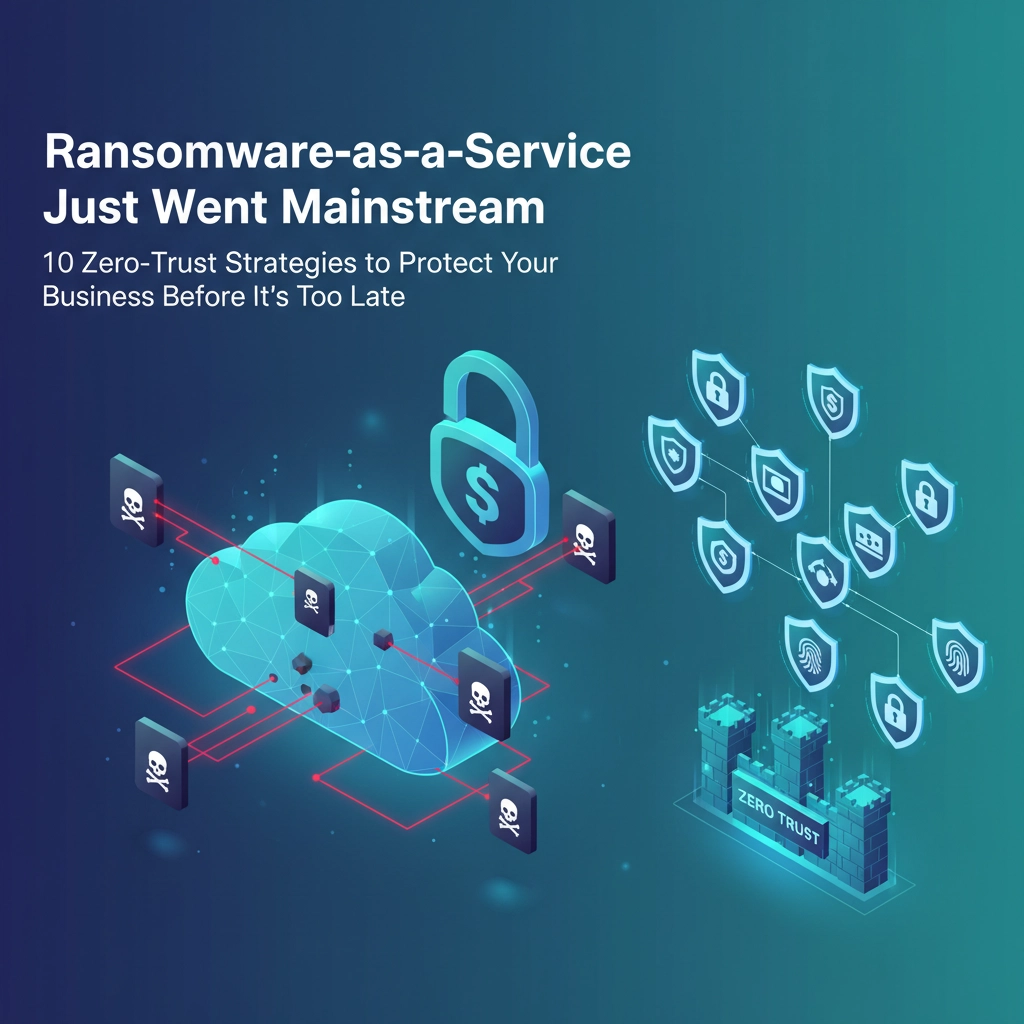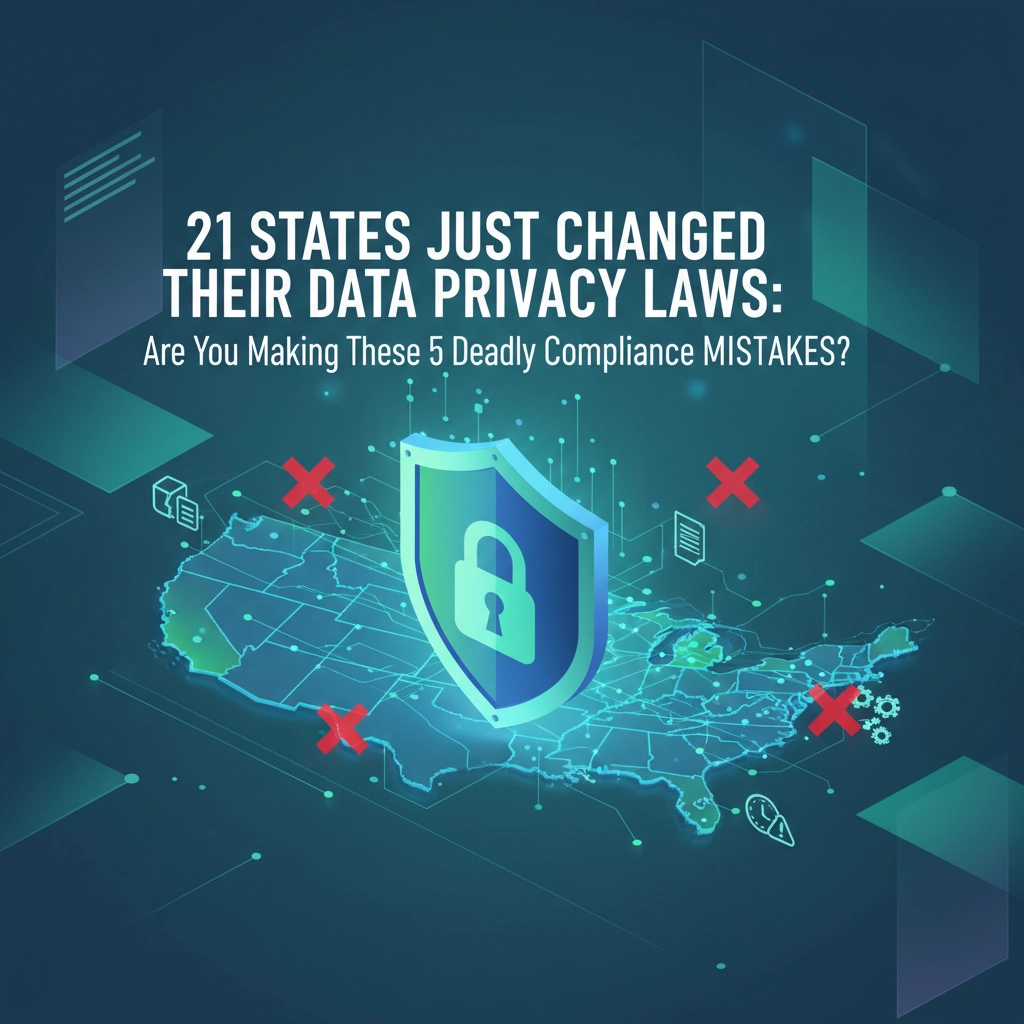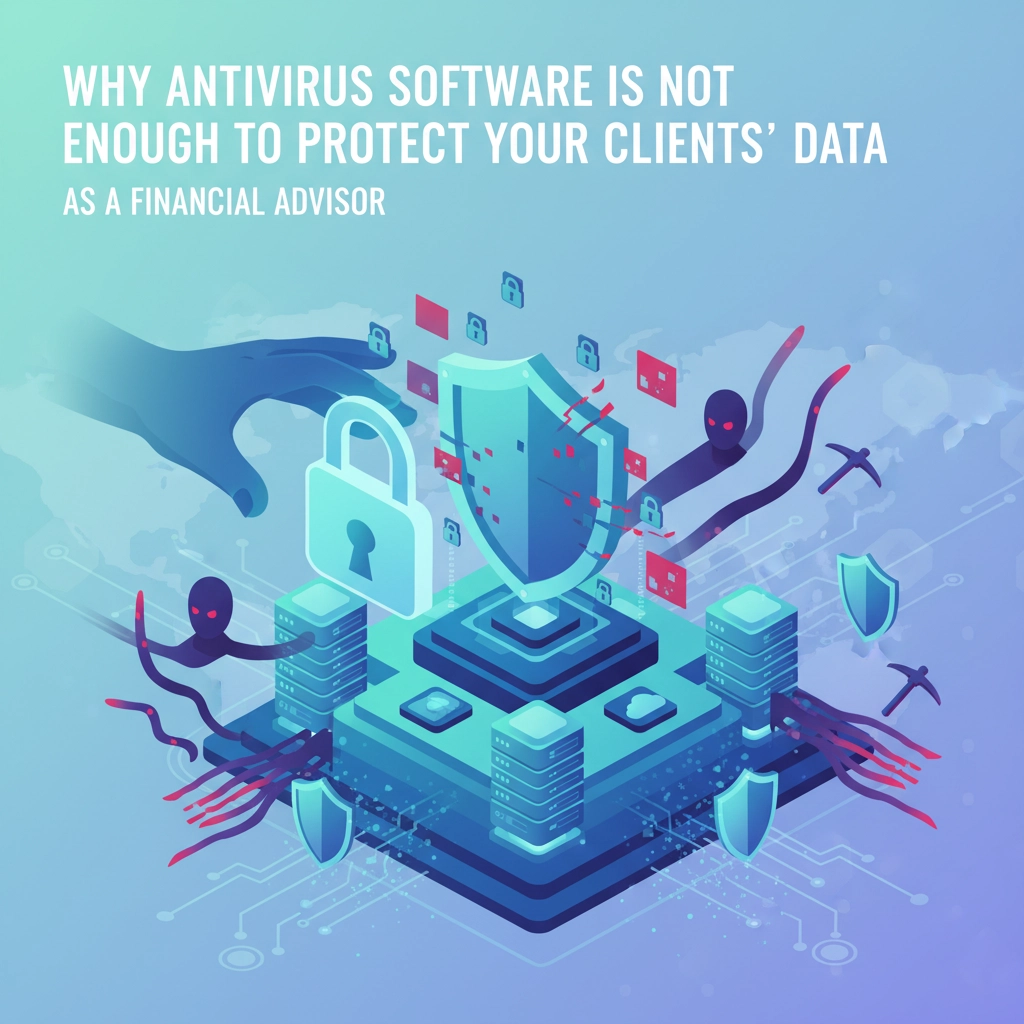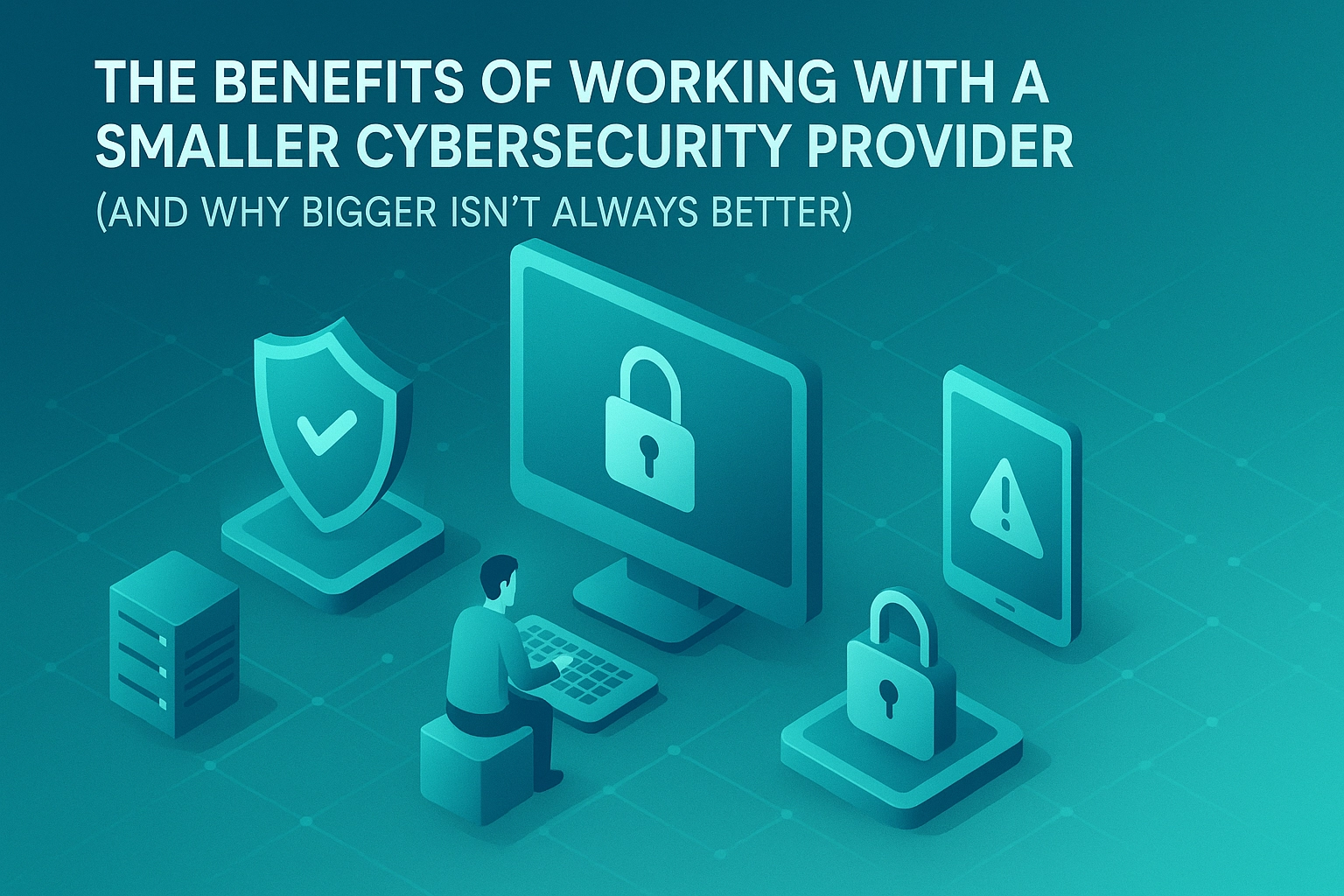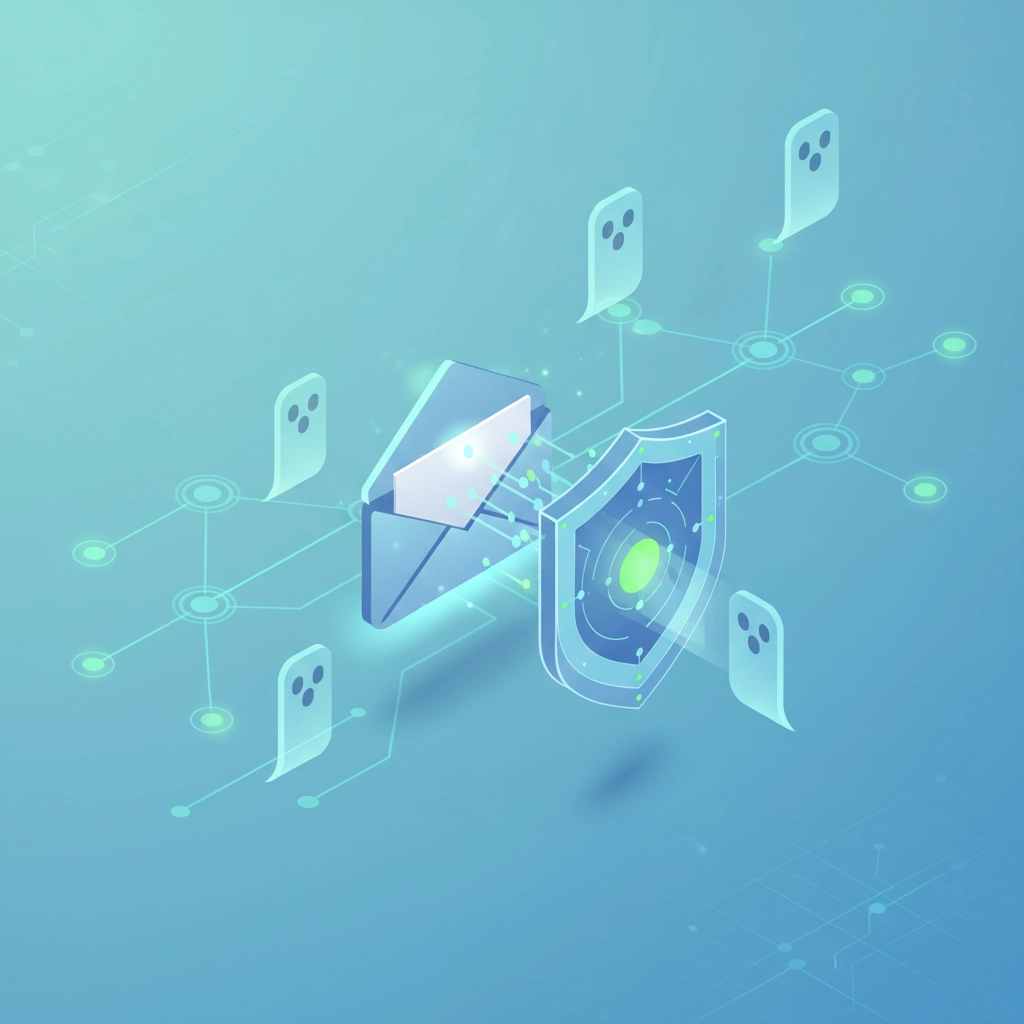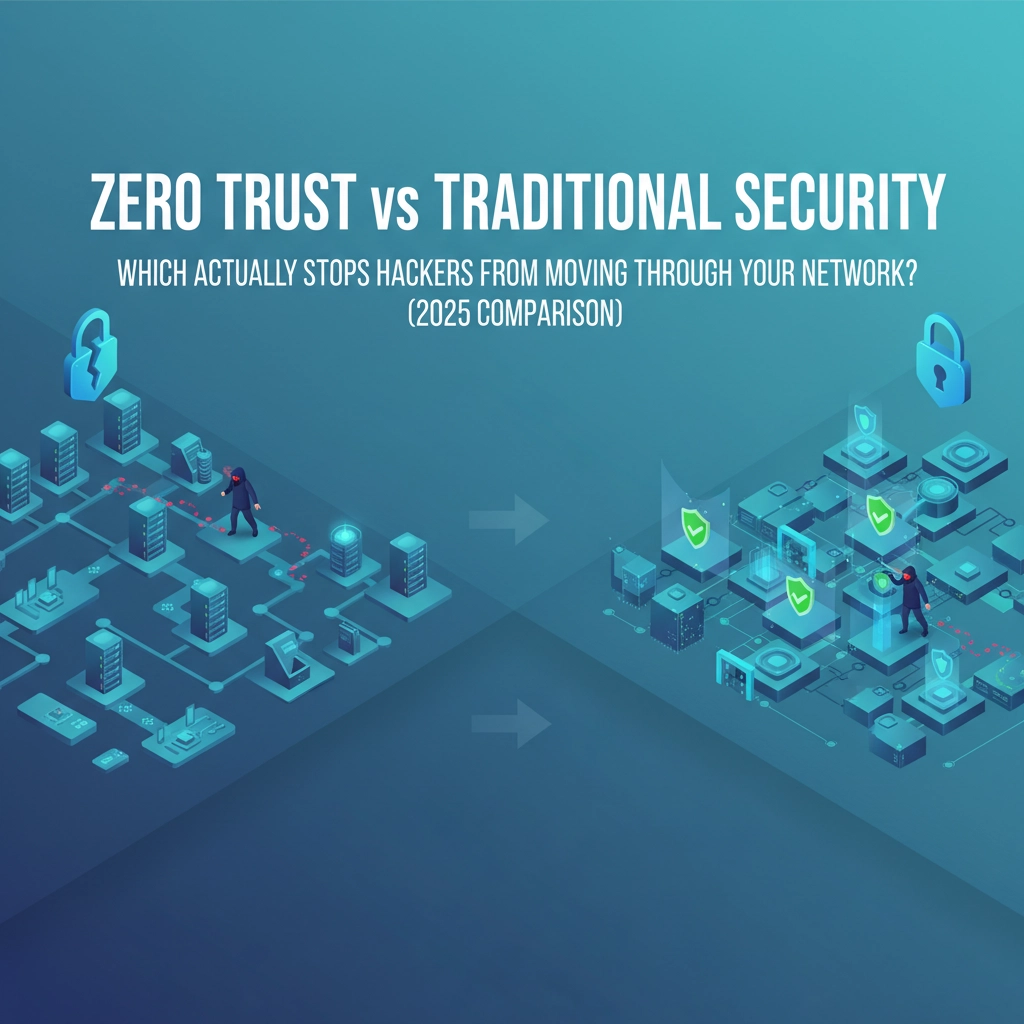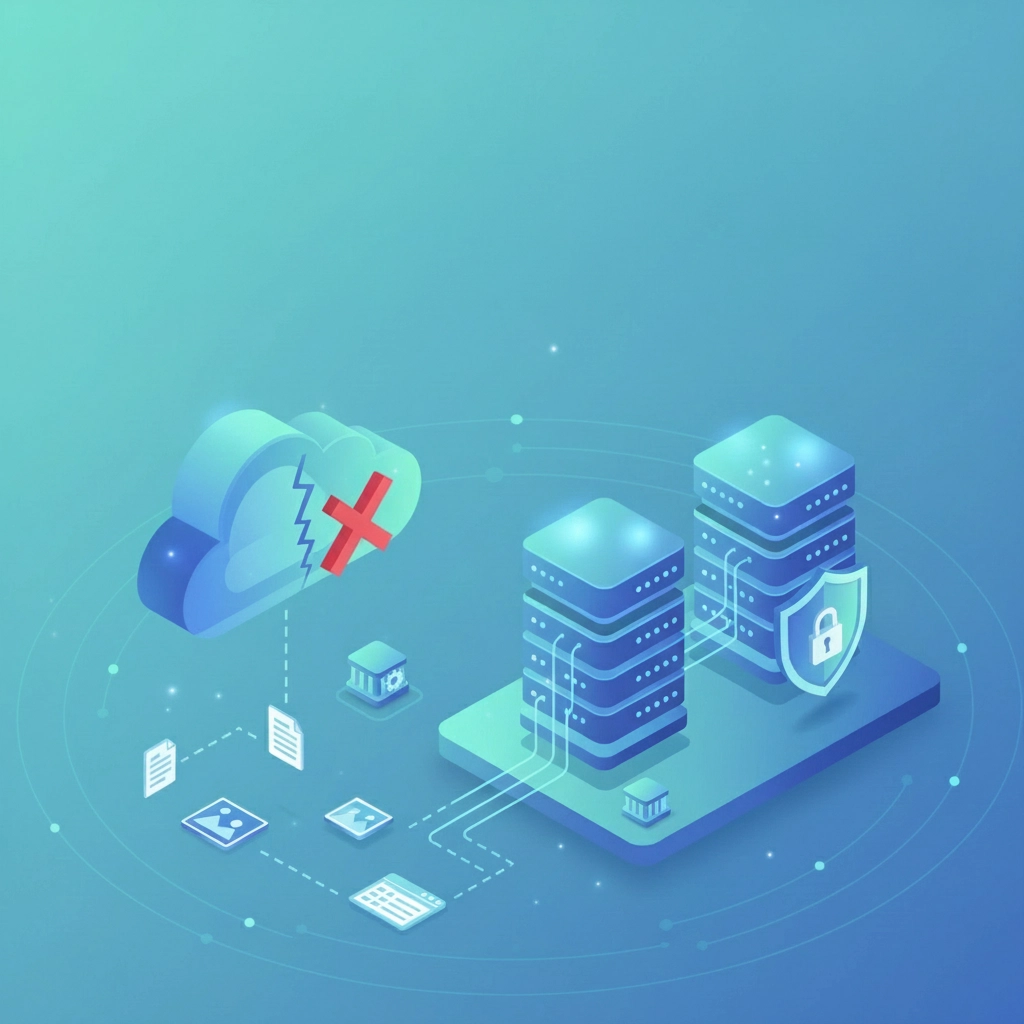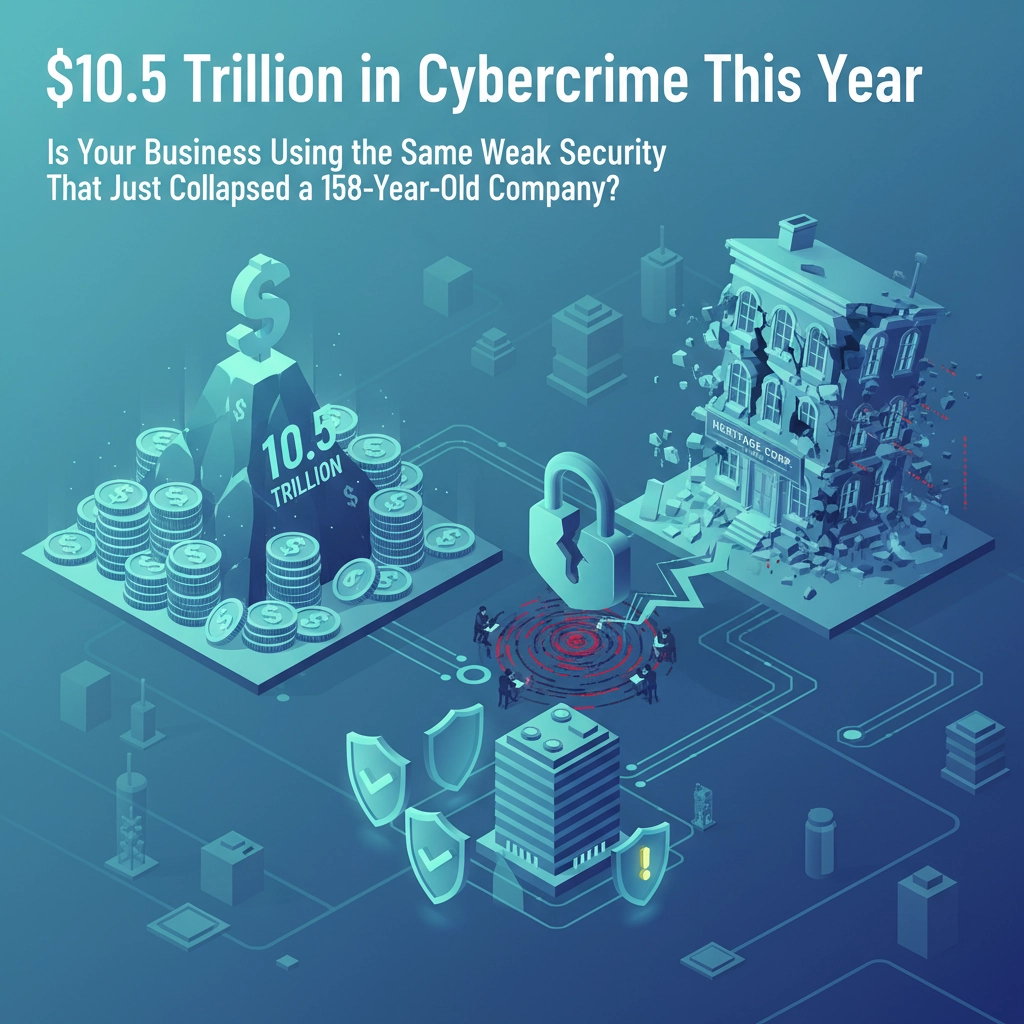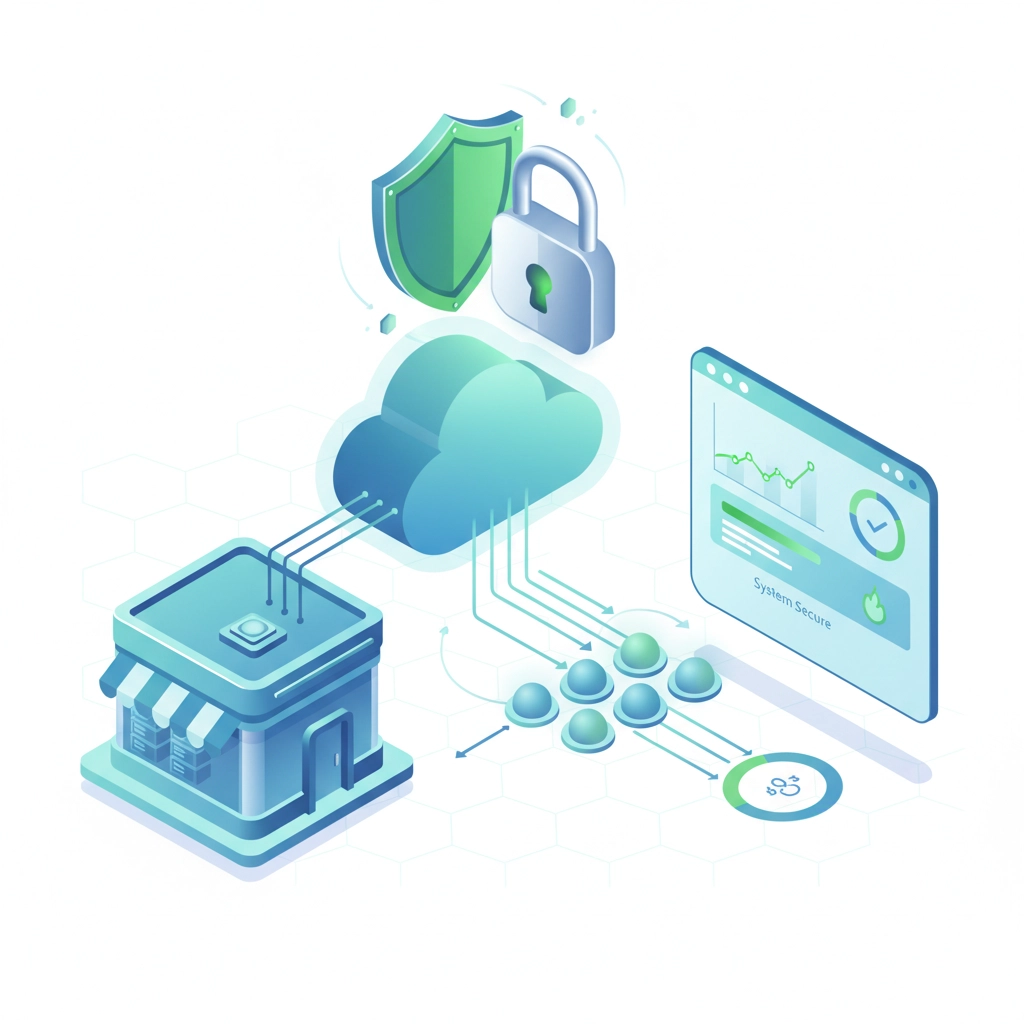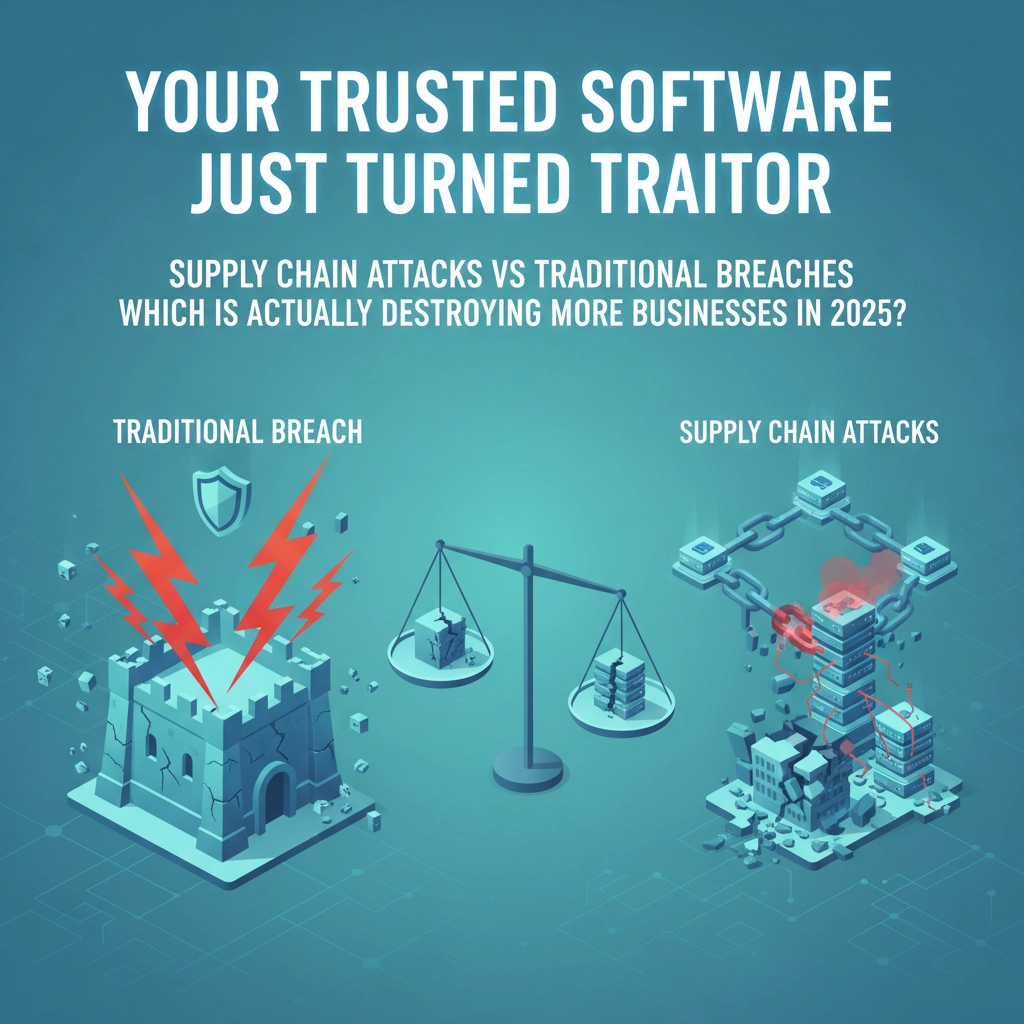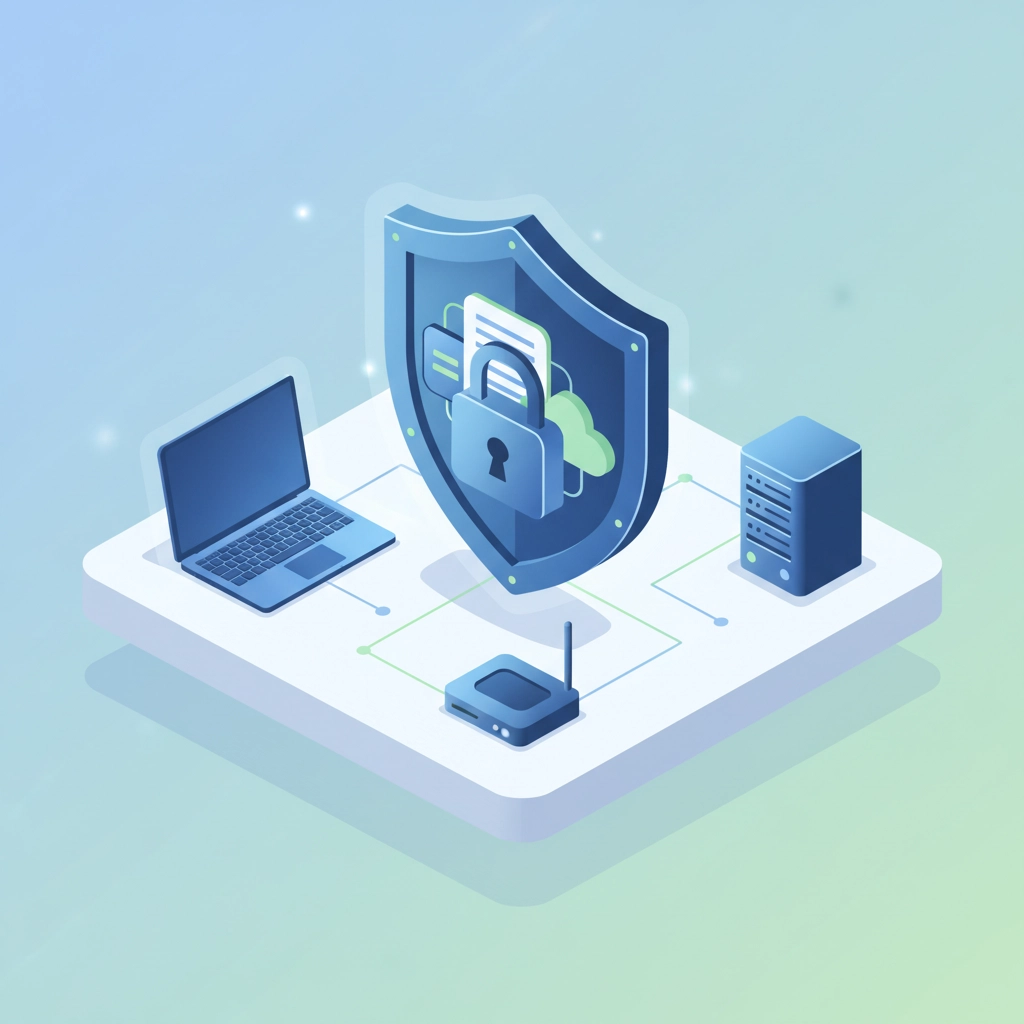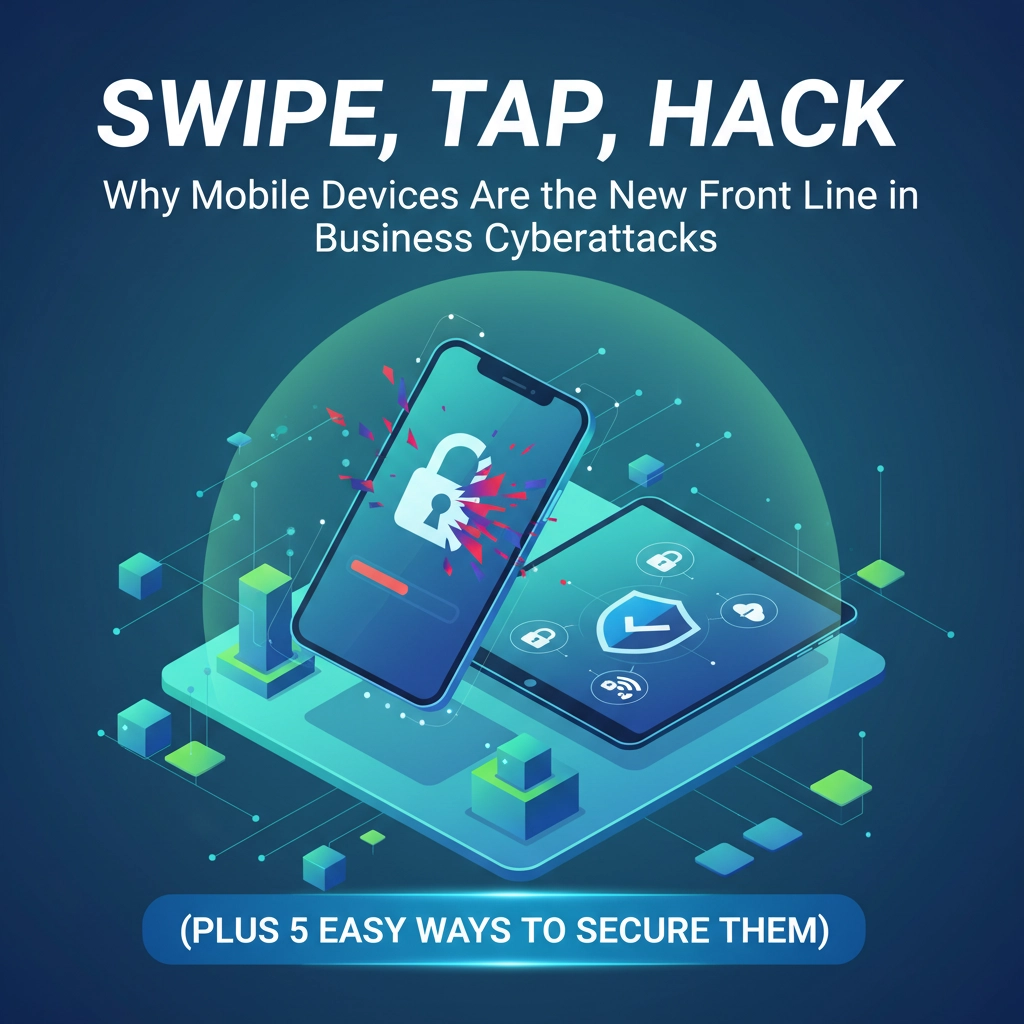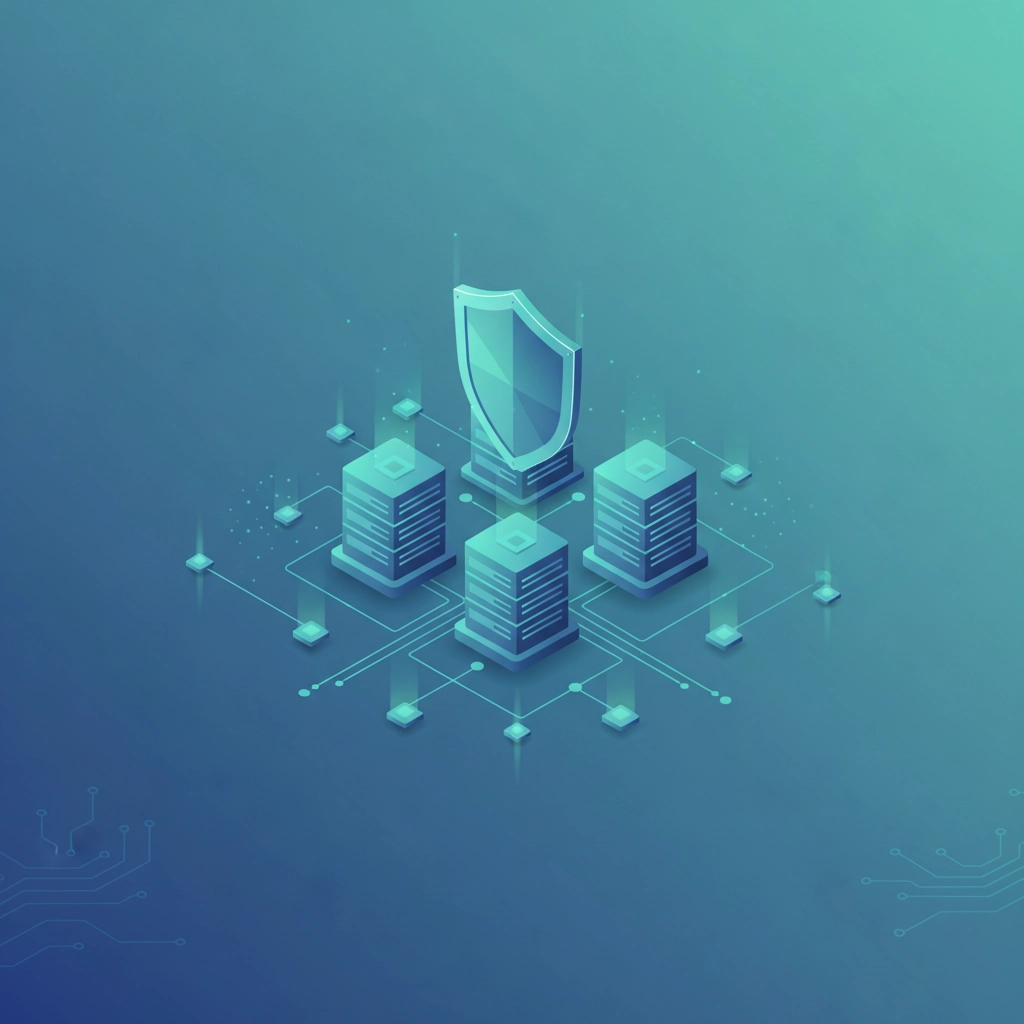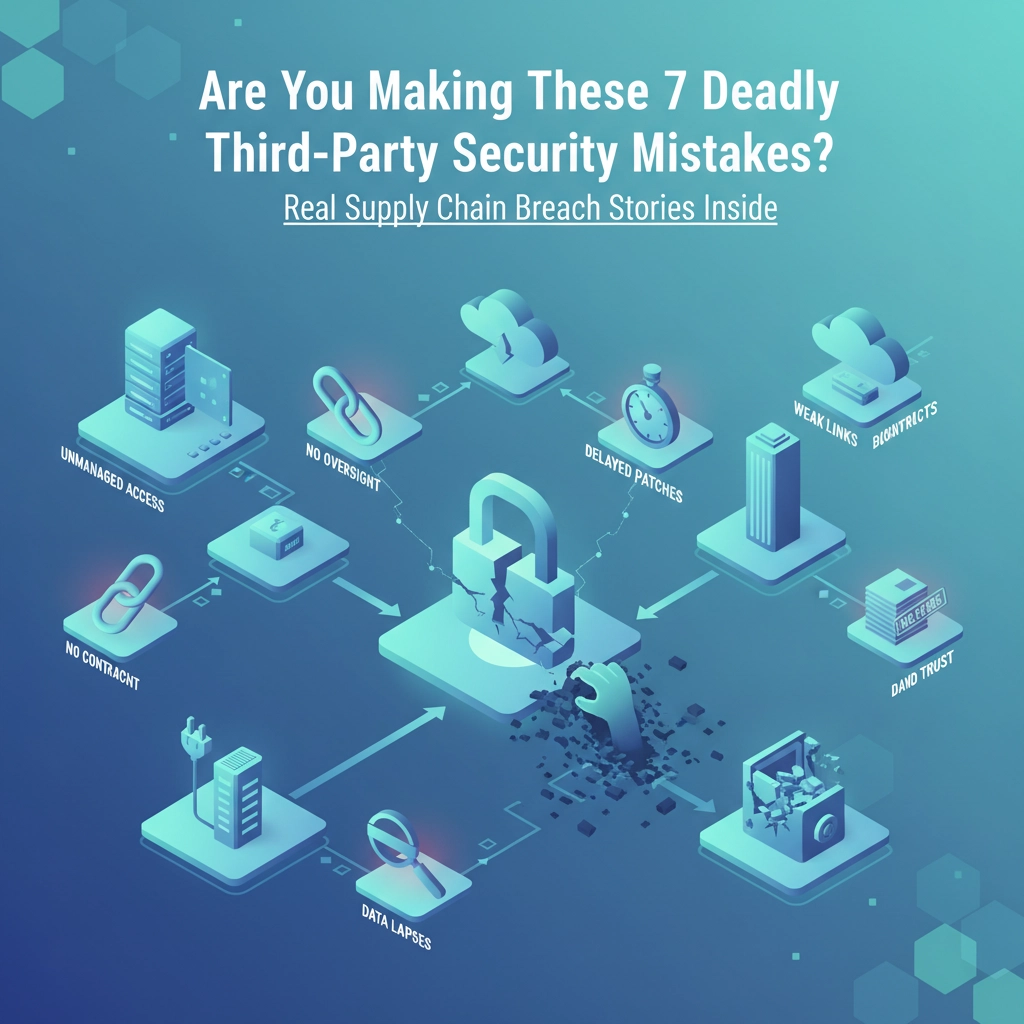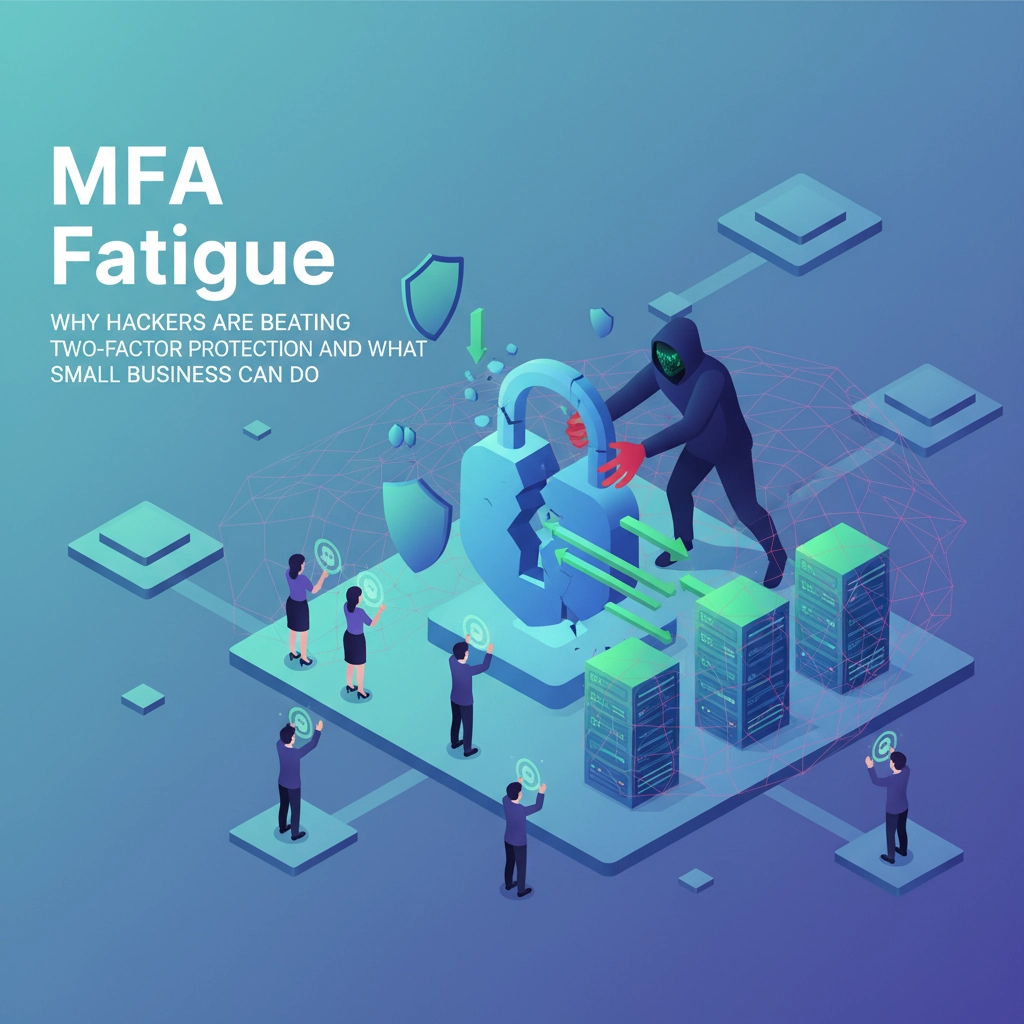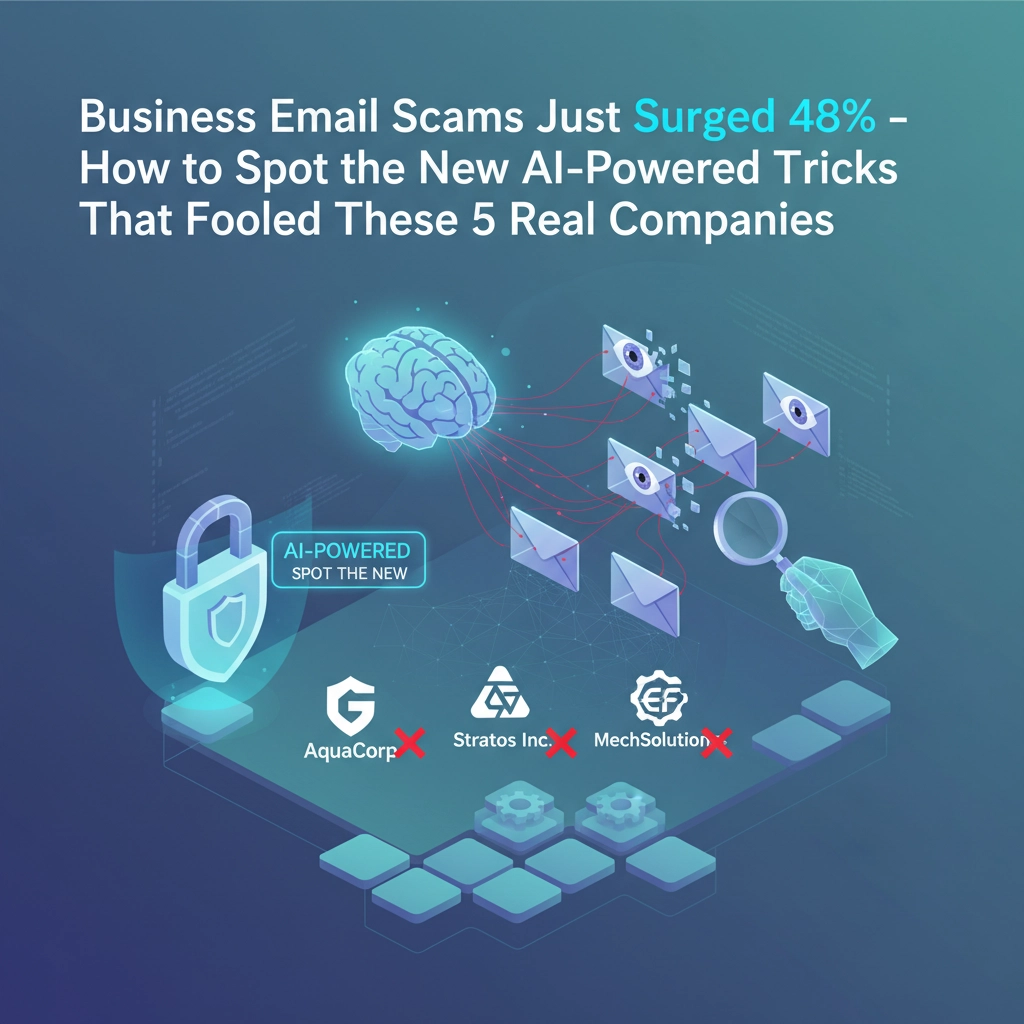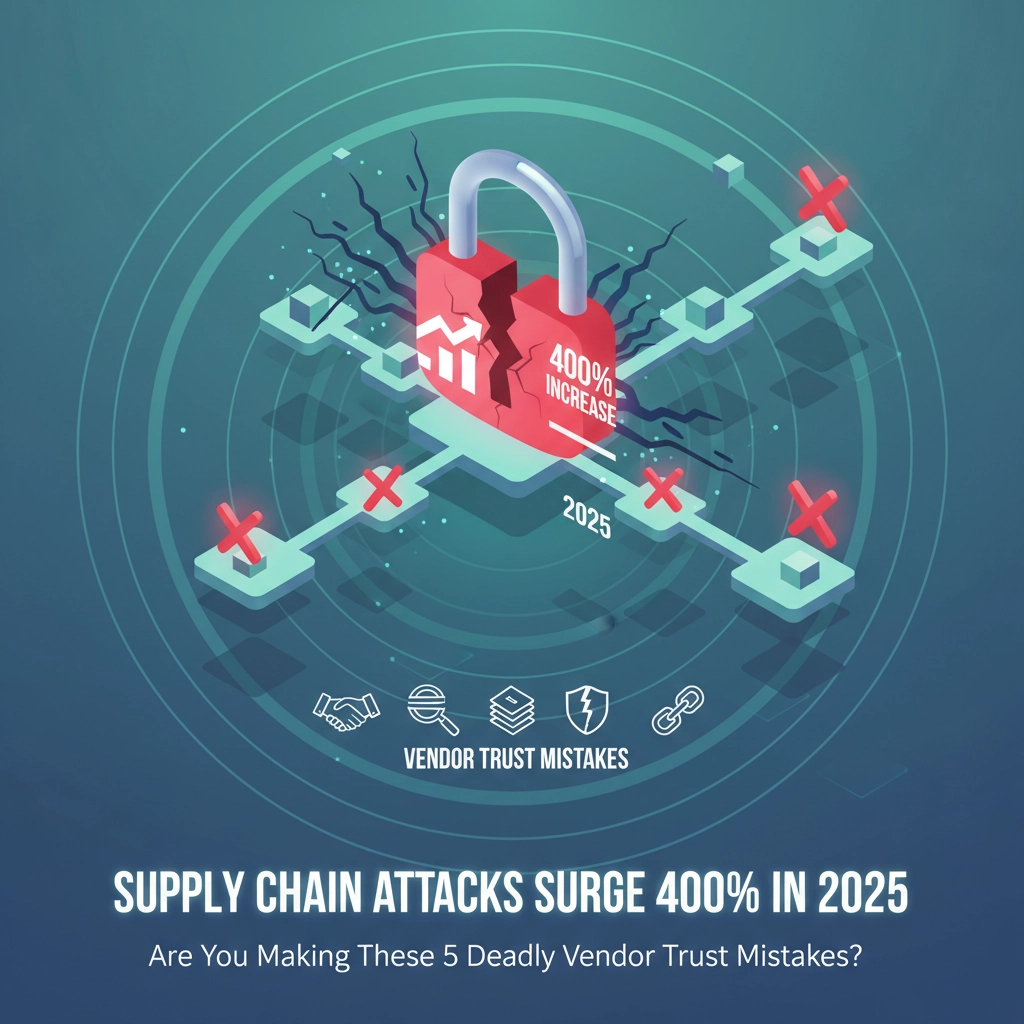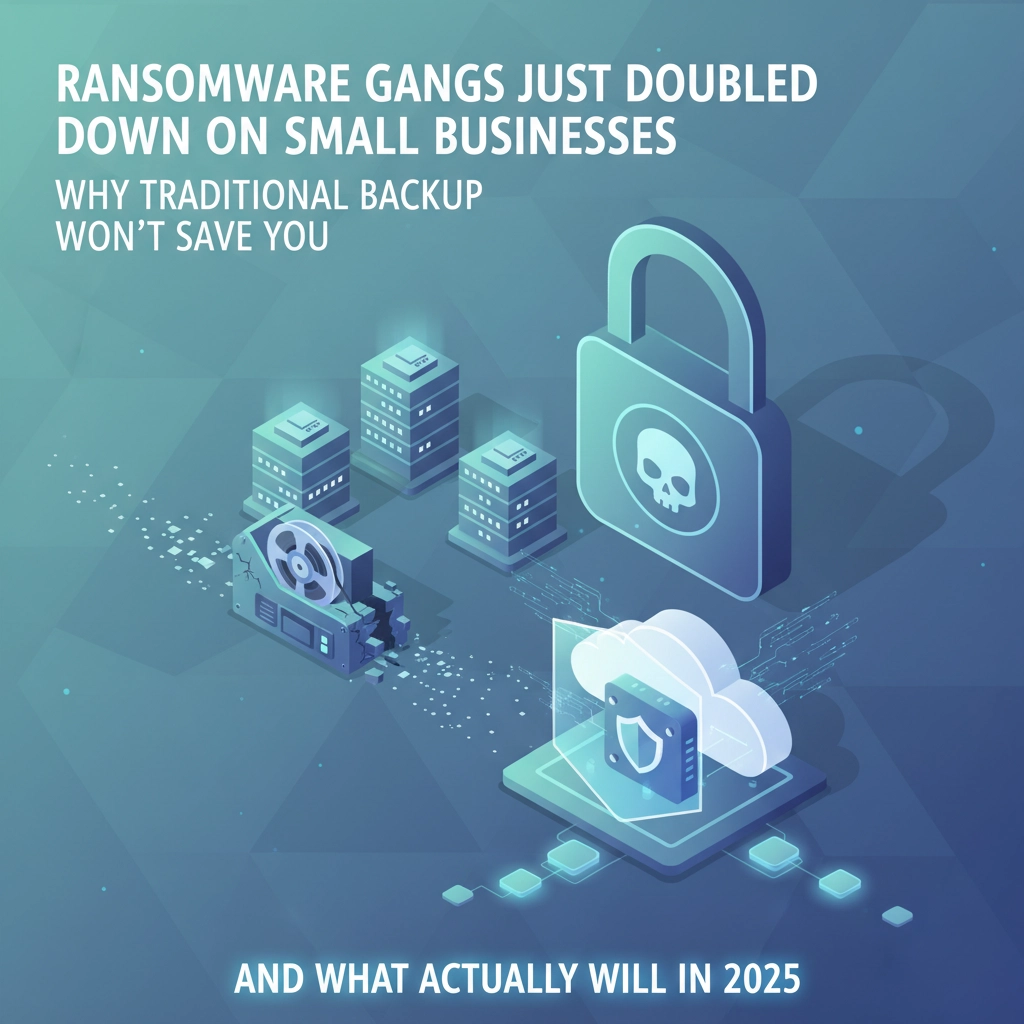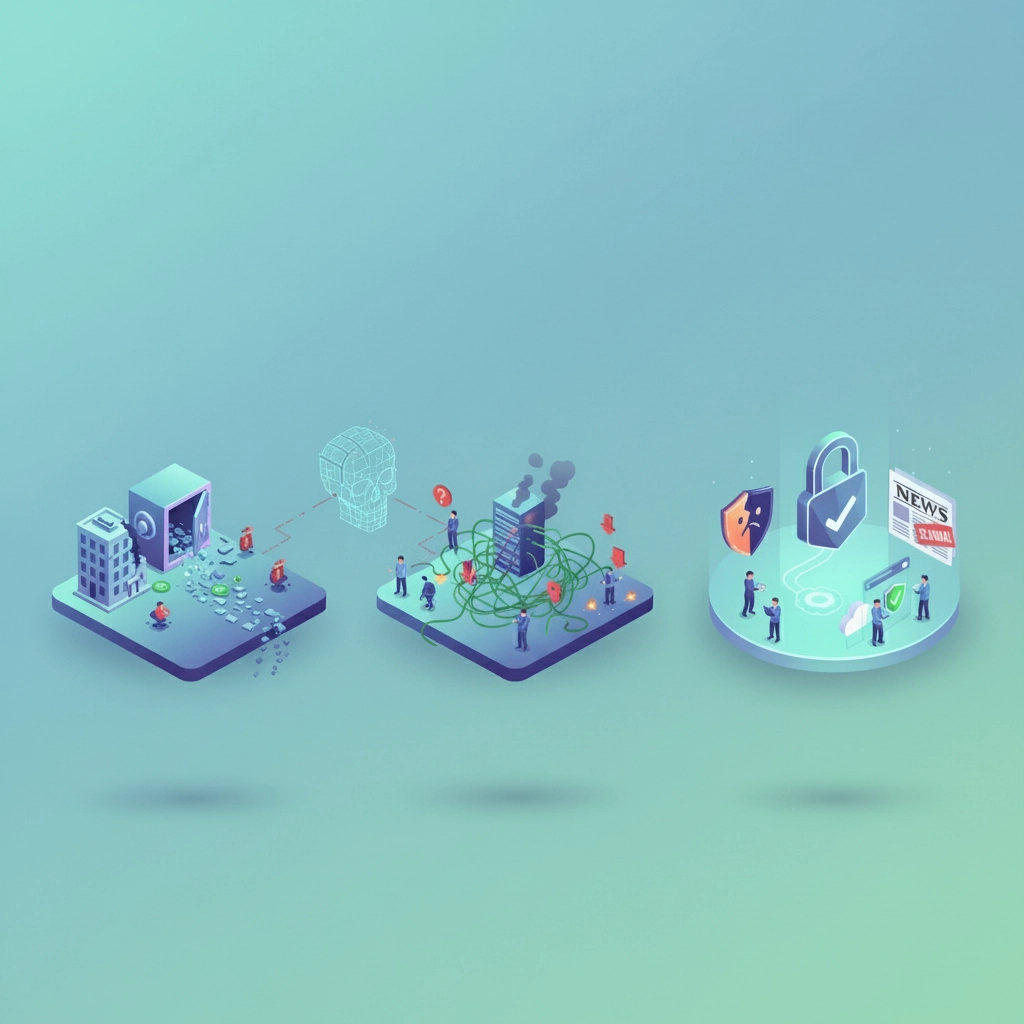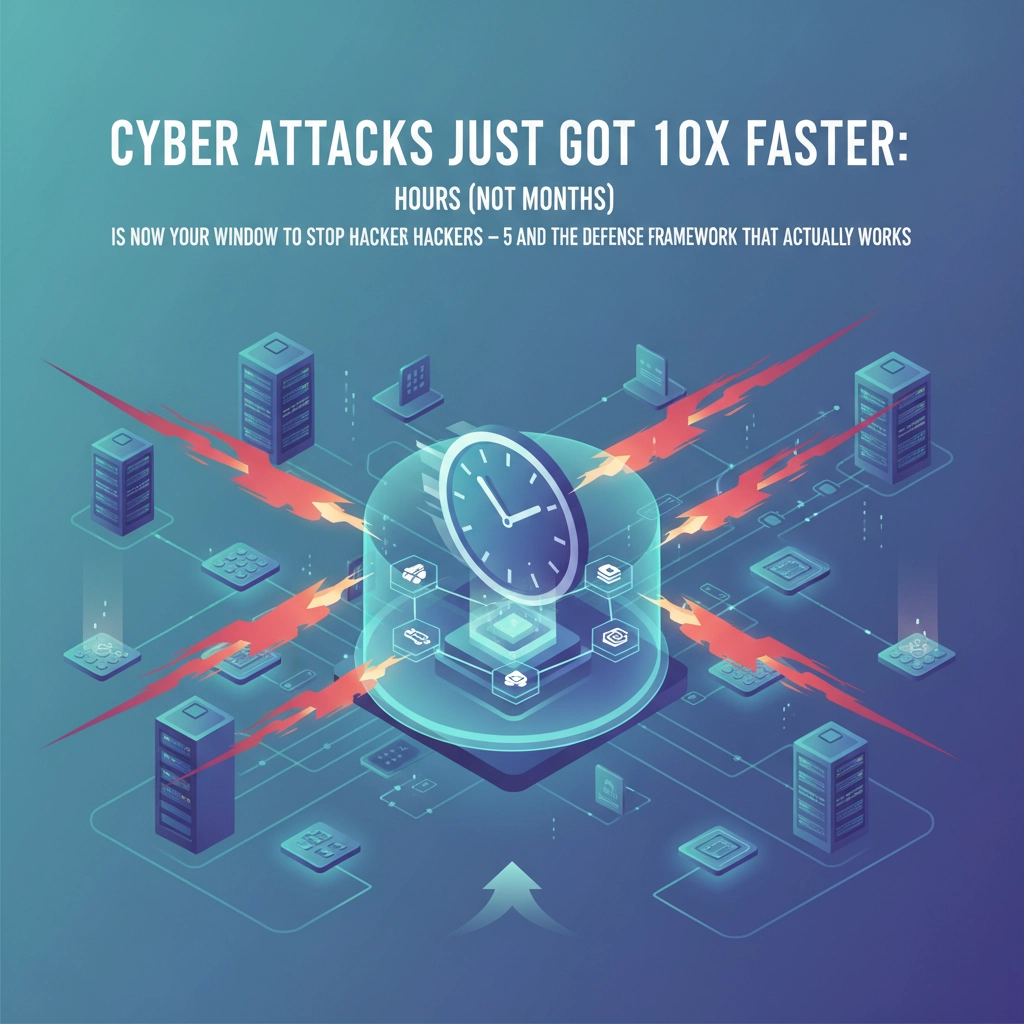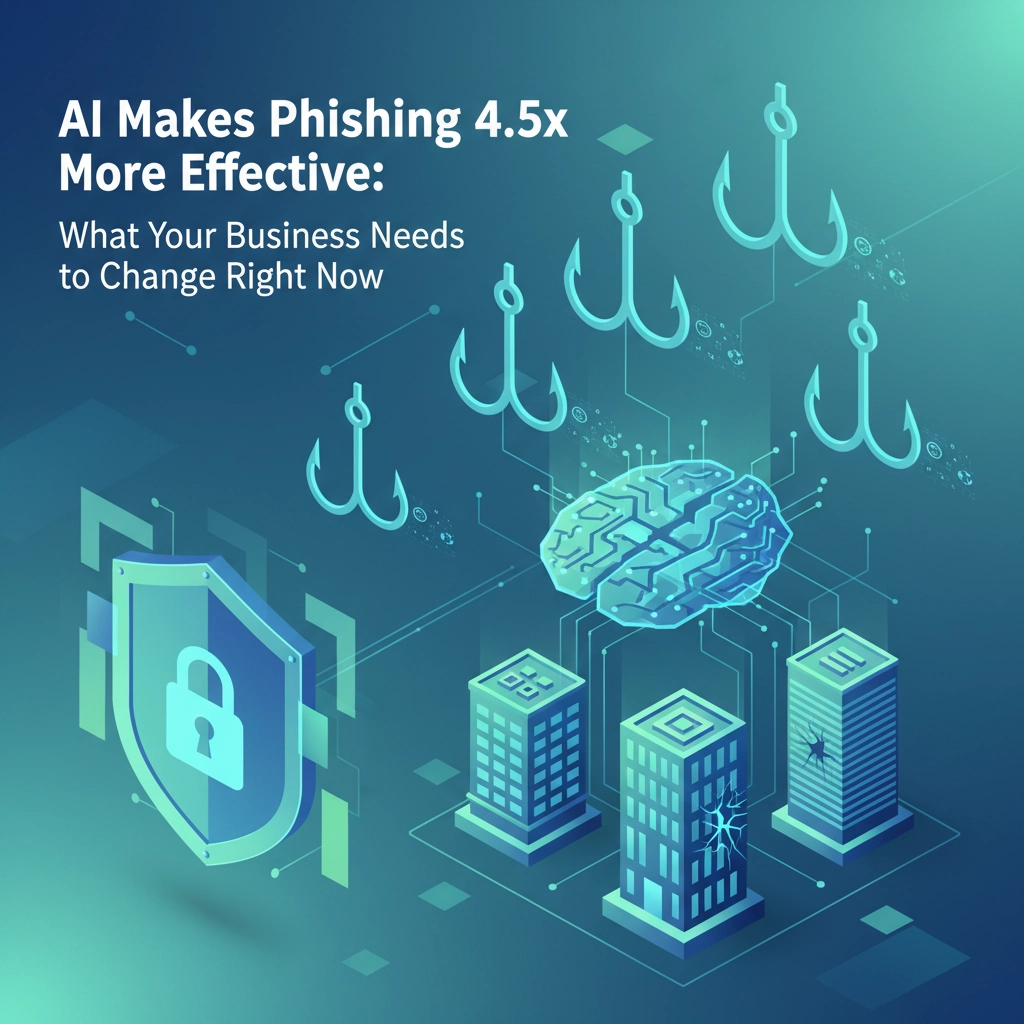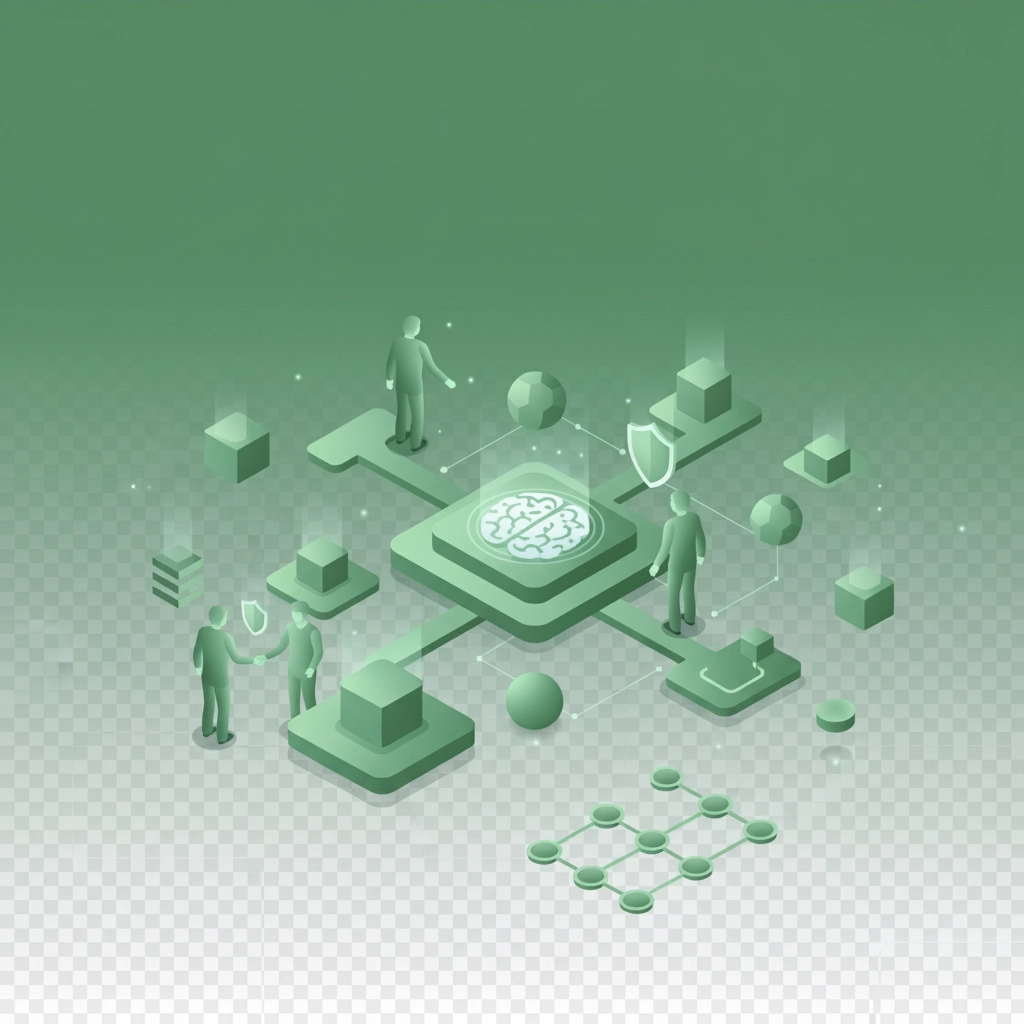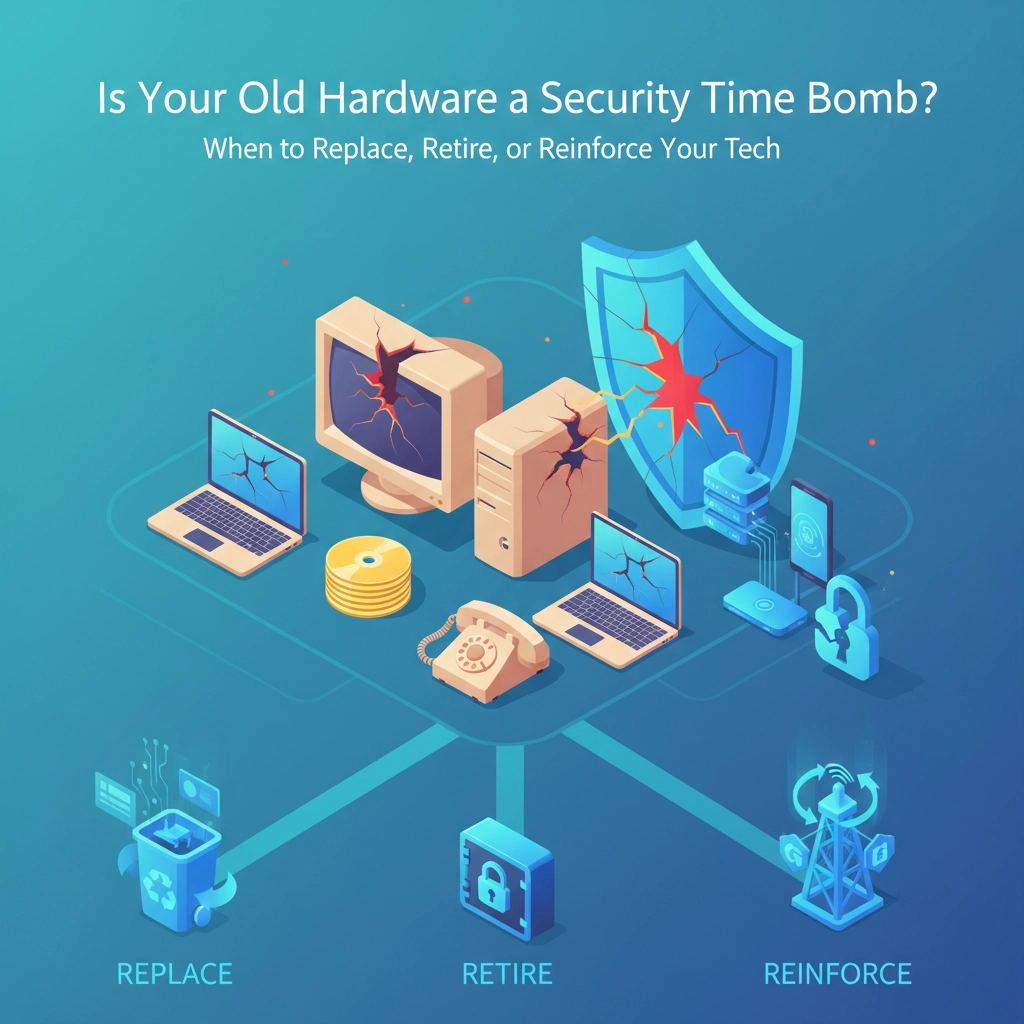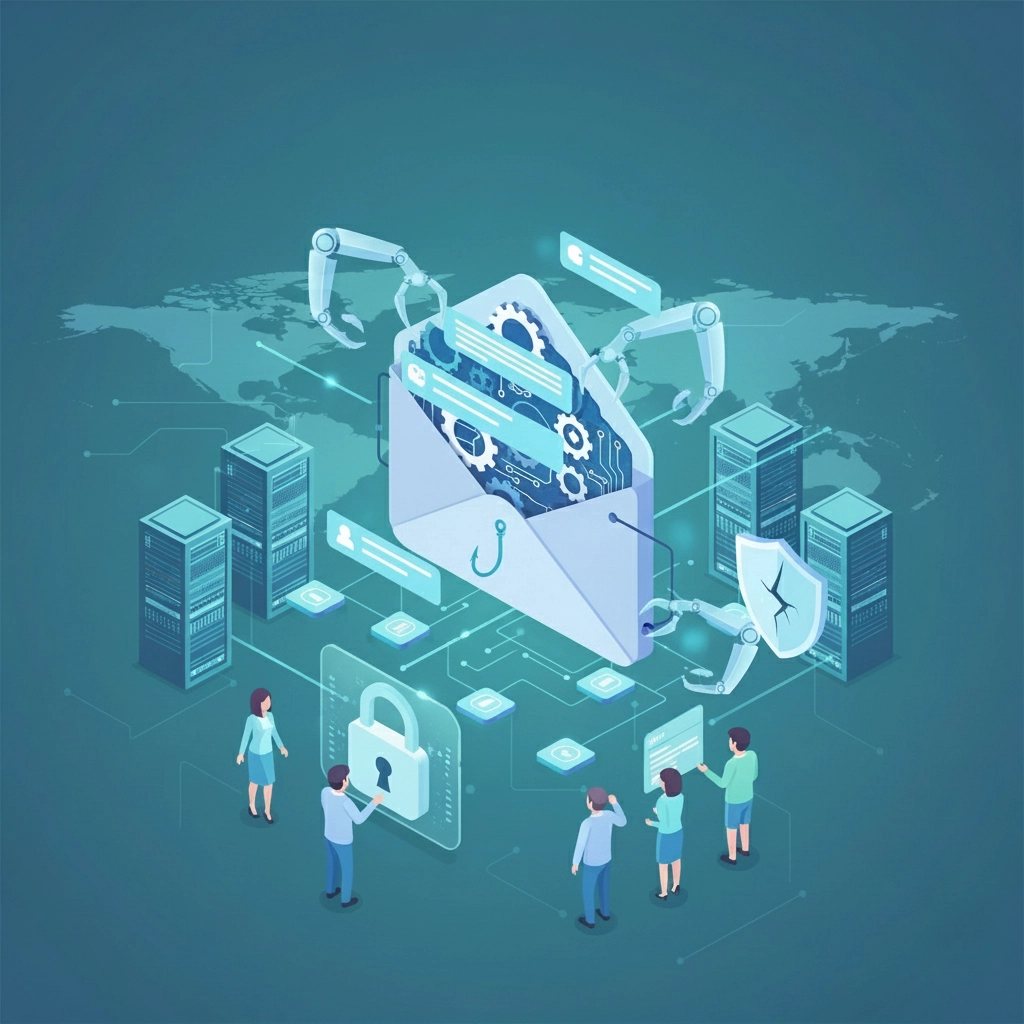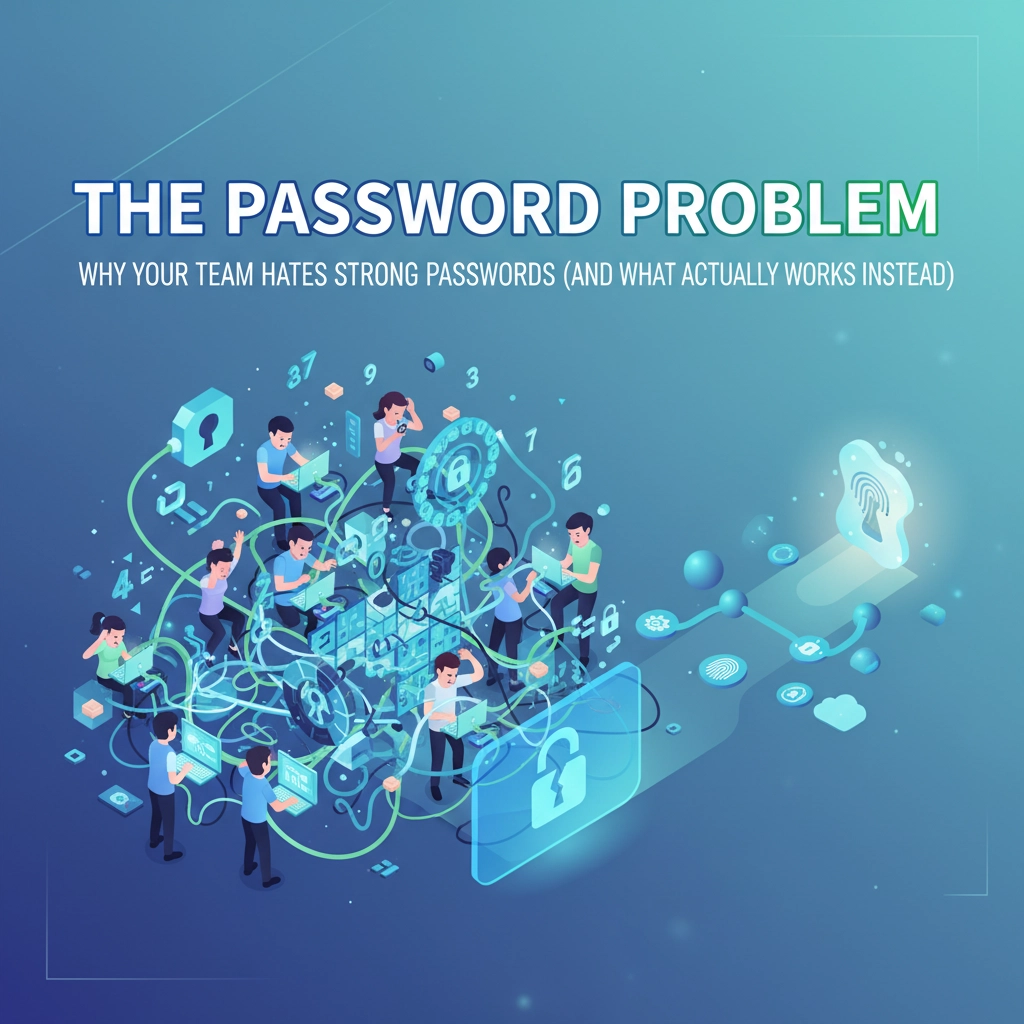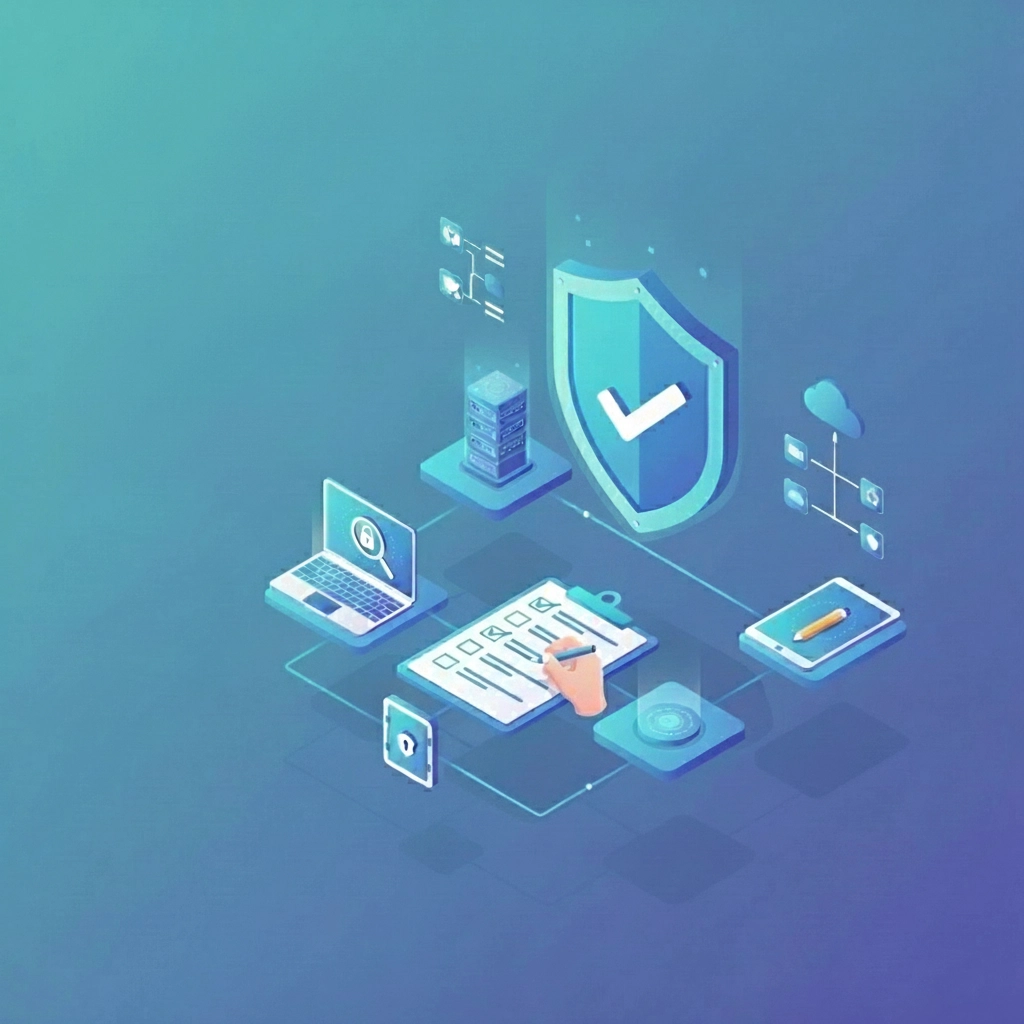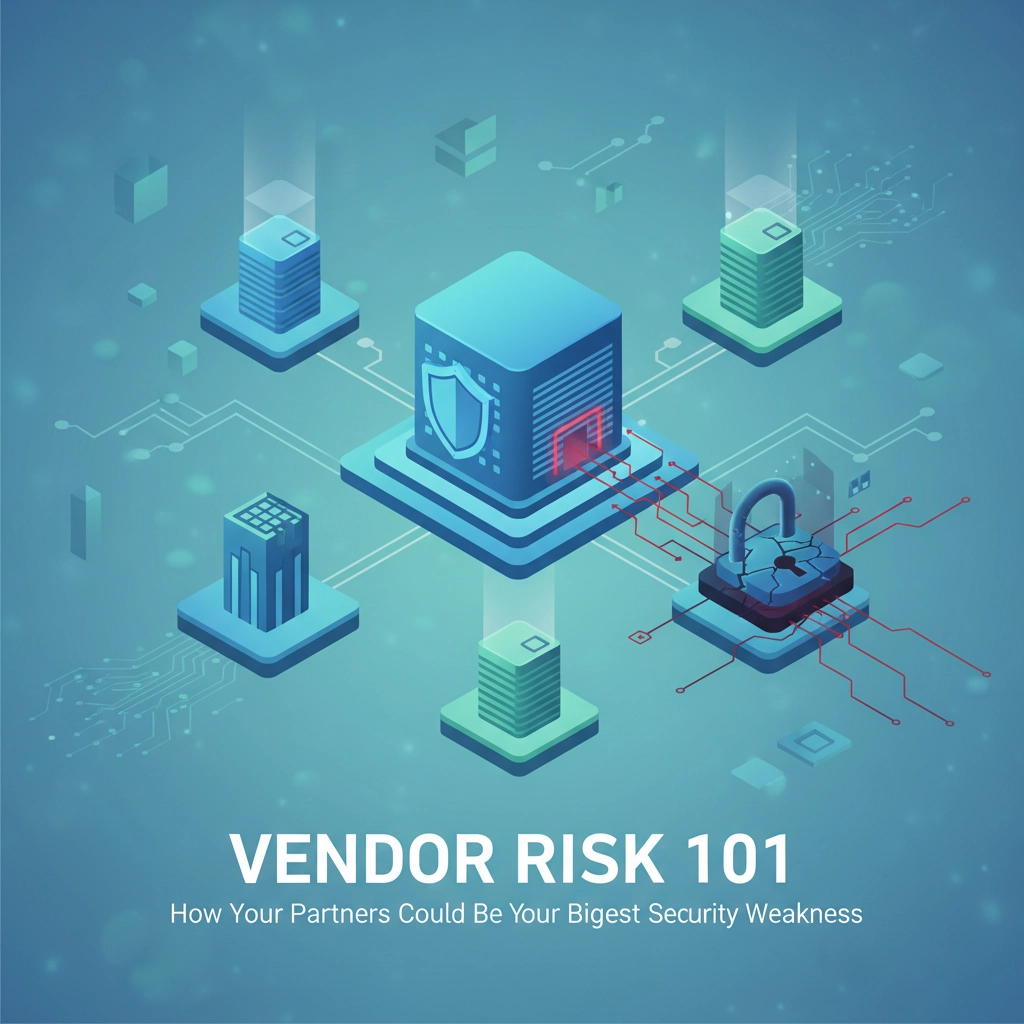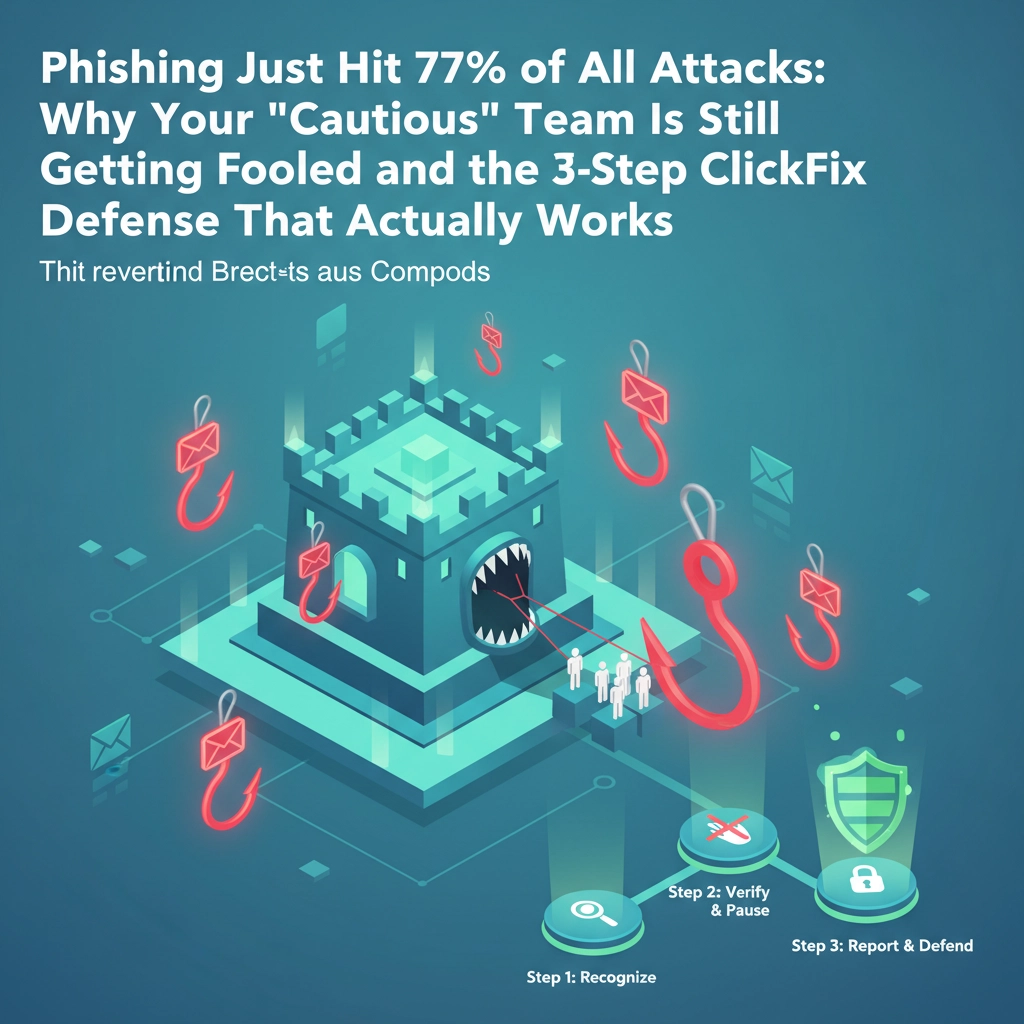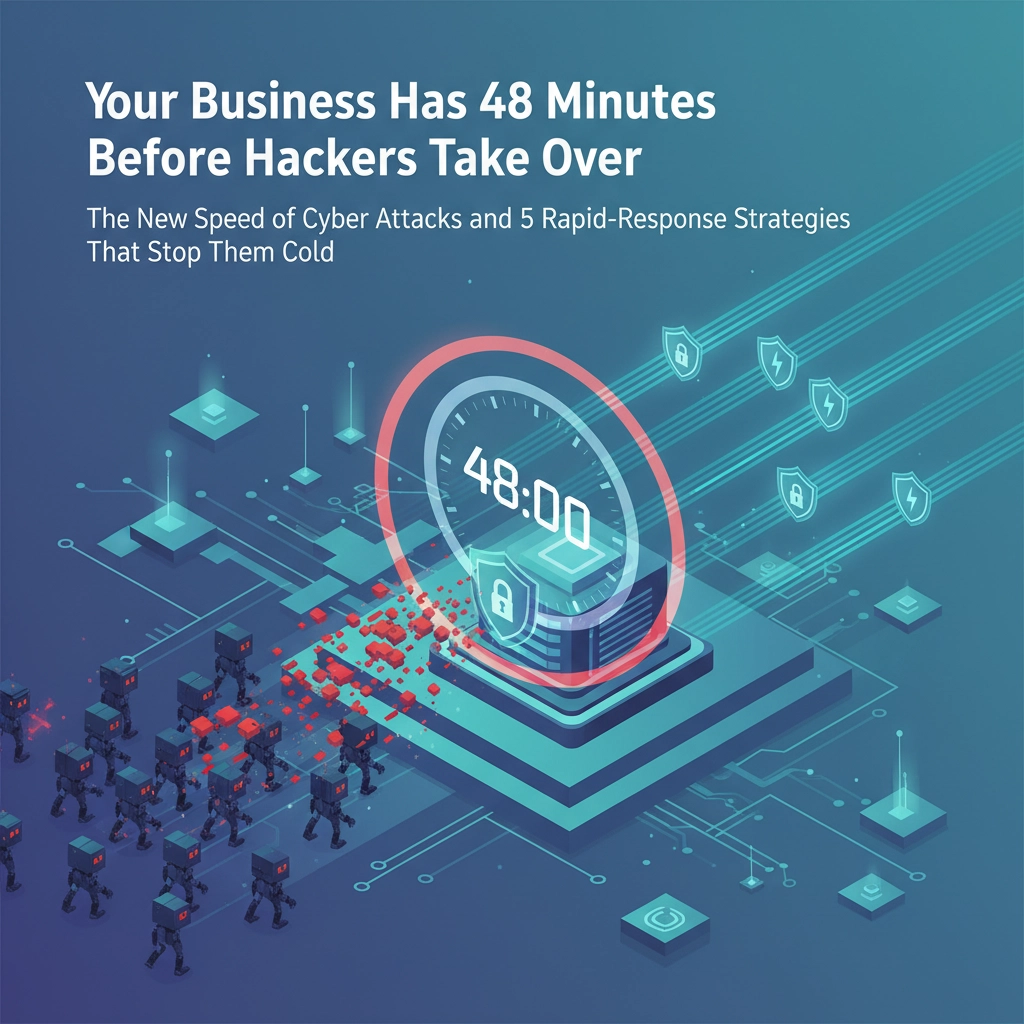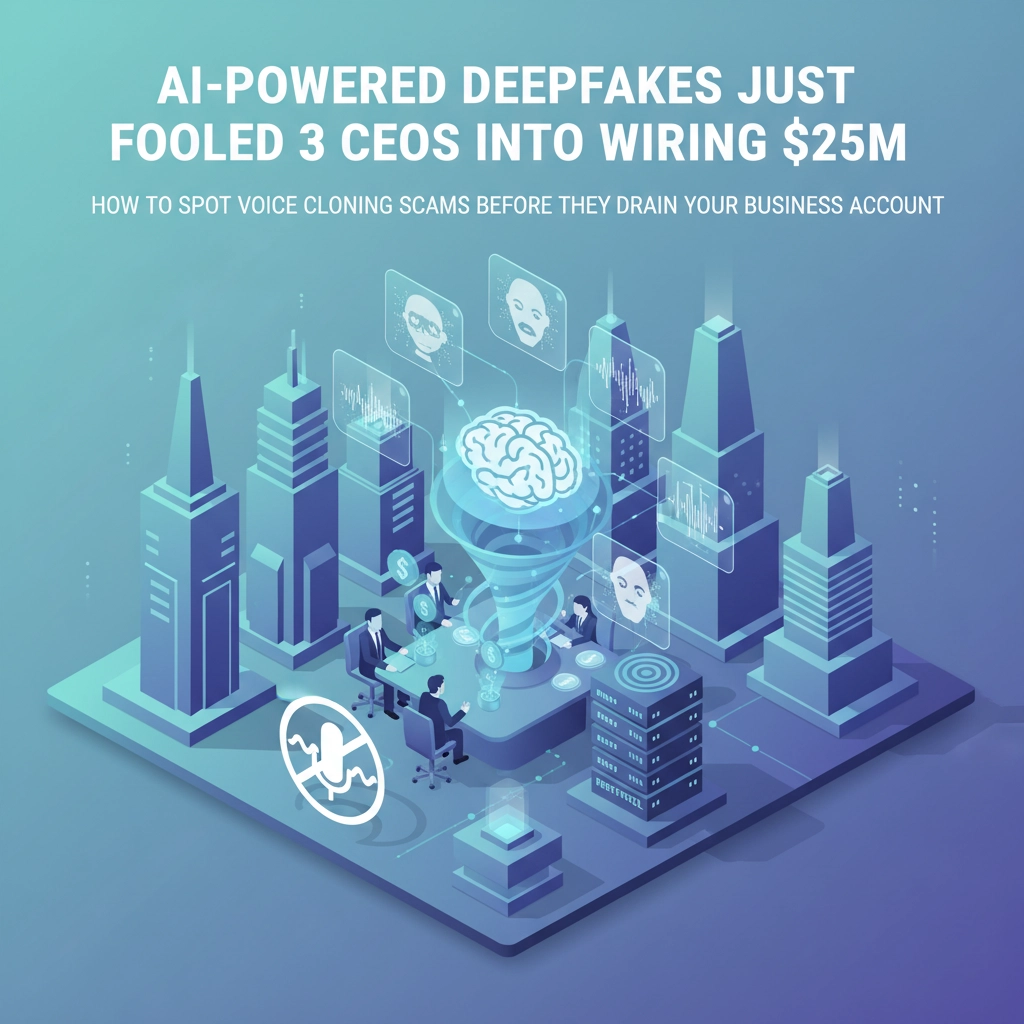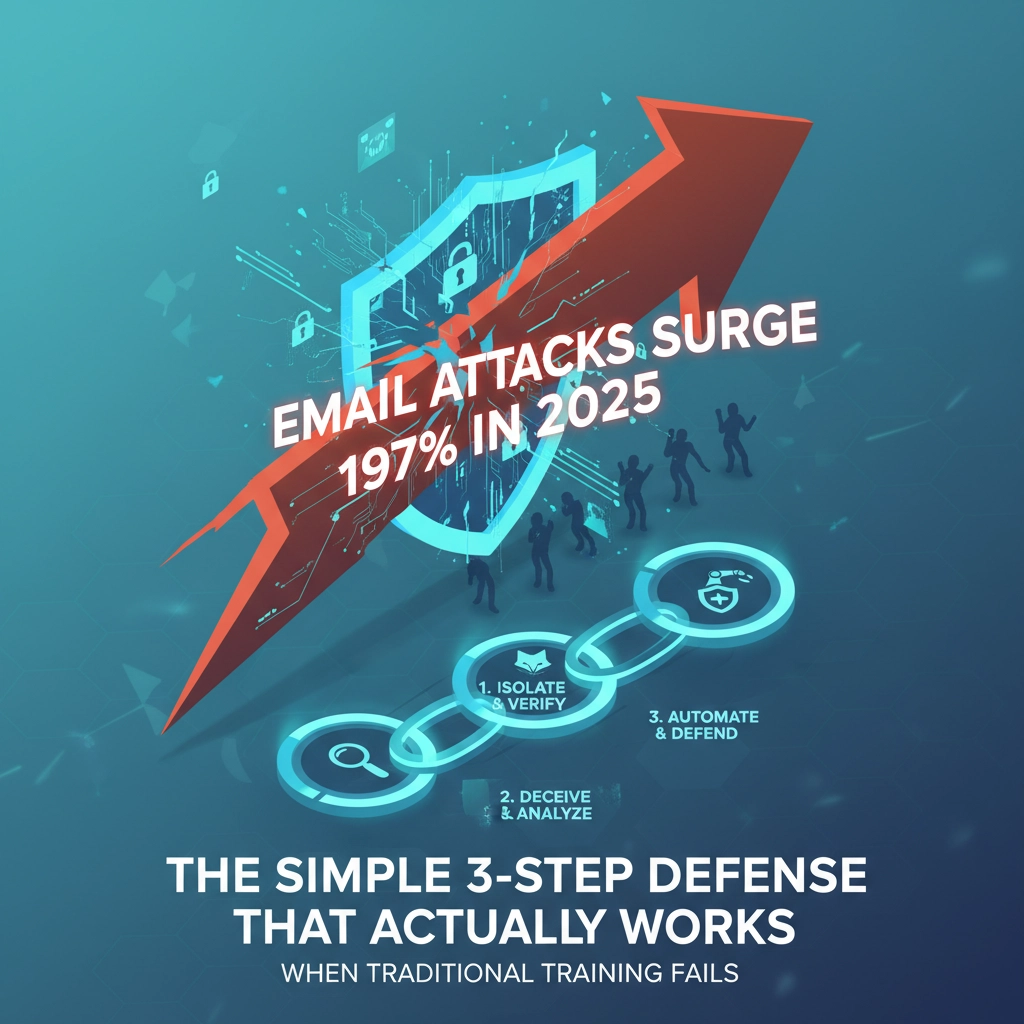Look, if you're running a business in 2025 and you're not thinking about AI in cybersecurity, you're already behind. We're not talking about some futuristic scenario here, AI is actively reshaping how businesses defend themselves right now, and the numbers don't lie.
The global AI cybersecurity market jumped from $25.40 billion in 2024 to $31.38 billion in 2025. That's not gradual growth; that's businesses scrambling to keep up with a rapidly evolving threat landscape. And here's the kicker: 74% of IT security professionals have already seen critical impacts from AI-fueled cyberattacks.
So let's break this down in plain English, what's actually happening, why it matters to your business, and what you need to do about it.
The Problem with Traditional Security (And Why It's Not Your Fault)
Remember when cybersecurity meant installing antivirus software and calling it a day? Those days are long gone. Today's cybercriminals are using machine learning and automation with a level of sophistication that would make your head spin.
Here's what your security team is dealing with right now: thousands of daily security alerts, many overlapping or buried in log data. It's like trying to find a needle in a haystack while someone keeps adding more hay. Human-centered security operations simply can't keep up with this volume and velocity.
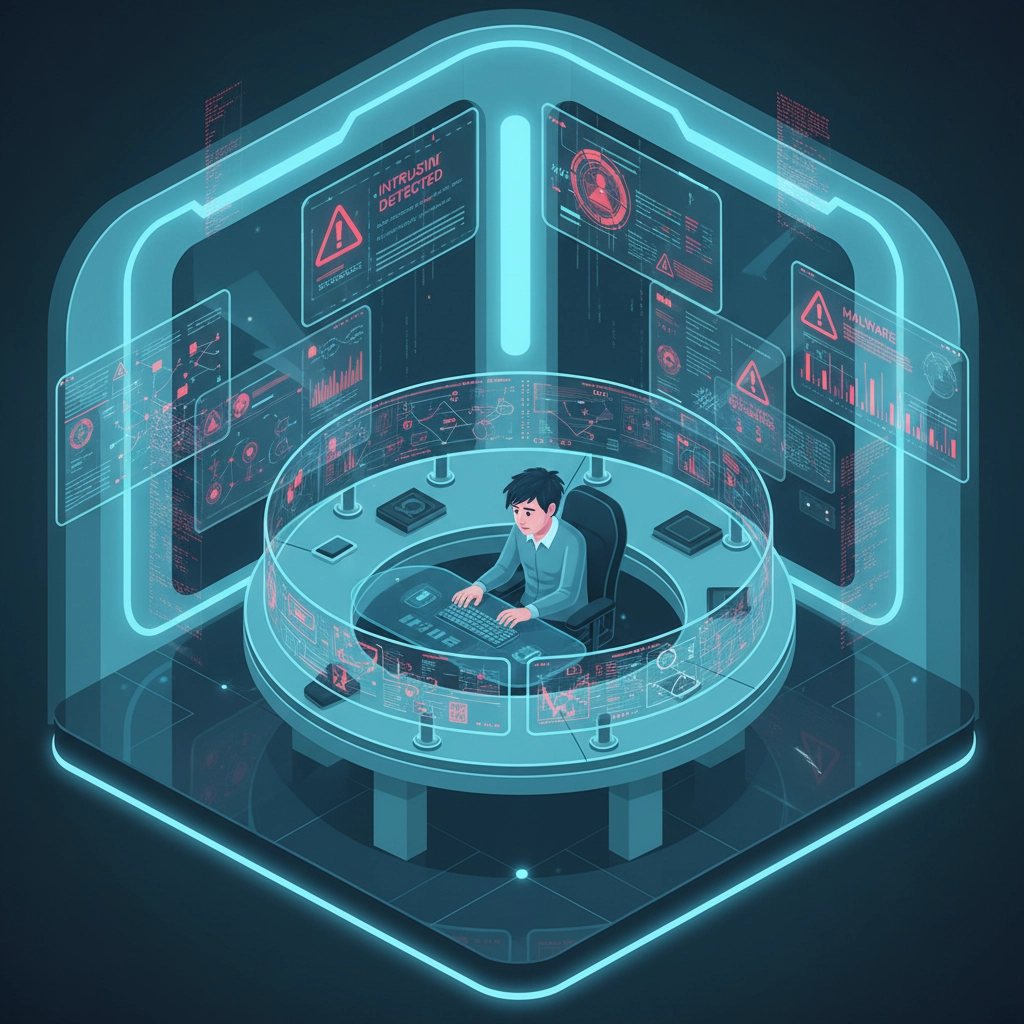
The scary part? Only about half of security professionals feel confident in their organization's current defenses. And 60% of IT professionals admit their organizations aren't ready for AI-enabled threats. If that doesn't get your attention, I don't know what will.
The Double-Edged Sword: AI as Friend and Foe
Here's where it gets interesting, and a bit terrifying. AI isn't just helping the good guys; it's also supercharging the bad guys. But there's an important distinction you need to understand:
AI-Assisted Threats (happening now): Cybercriminals use AI to create malware variants faster, craft more convincing phishing emails, and automate attacks. Think of it as giving criminals better tools.
AI-Powered Threats (emerging): These are the scary ones, deepfake video scams, fully autonomous attack systems, and threats that can adapt in real-time. We're just starting to see these, but they're becoming the top concern for security chiefs everywhere.
The good news? While criminals are getting smarter, so are our defenses.
How AI Is Revolutionizing Business Defense
Lightning-Fast Threat Detection
Gone are the days when it took hours to identify and respond to a threat. AI-powered security systems can process massive datasets and spot malicious patterns in real time. What used to take your security team hours now happens in minutes.
These systems are learning machines, literally. Unlike old-school rule-based security that only catches known threats, AI models continuously adapt to identify zero-day vulnerabilities and advanced malware that traditional security products typically miss.

Solving the Alert Fatigue Problem
If you've ever talked to a cybersecurity professional, you've probably heard about "alert fatigue." Your security team gets bombarded with so many alerts that the important ones get lost in the noise.
AI fixes this by automating the tedious stuff, log analysis, threat triaging, vulnerability scanning, and compliance monitoring. This frees up your human experts to focus on the high-impact decisions that actually require human judgment.
Behavioral Analytics That Actually Work
Here's where AI gets really smart. Instead of just looking for known bad stuff, it learns what normal looks like for your business. When someone starts behaving unusually, accessing files they don't normally touch, logging in from strange locations, or transferring data in unusual patterns, AI flags it immediately.
This is huge for catching insider threats and compromised accounts that traditional security might miss.
What AI Security Solutions Actually Do
Let me break down the core capabilities you should care about:
Instant Threat Detection: Machine learning identifies advanced threats through continuous behavior analysis, catching stuff that flies under the radar of traditional security.
Automated Incident Response: When a threat is detected, AI can immediately isolate affected systems, block harmful activities, and generate detailed reports, all while your security team is still getting their morning coffee.
Continuous Vulnerability Management: AI performs regular scans, ranks risks as they evolve, and can even apply targeted patches to reduce your exposure window.
Predictive Defense: By analyzing historical attack patterns, AI can anticipate future threats and help you prepare proactively instead of just reacting.
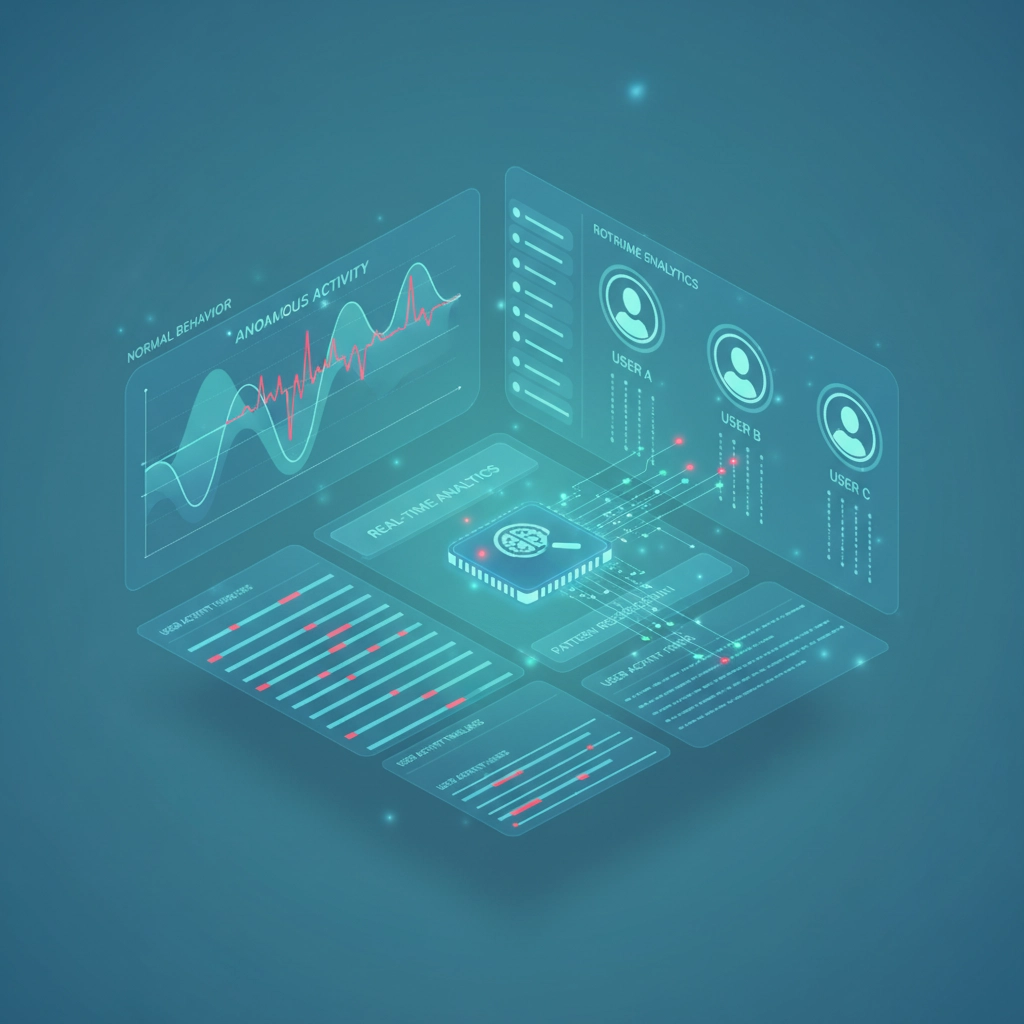
What This Means for Your Business Budget
Organizations are putting their money where their mouth is. AI has become the top cybersecurity investment priority, with 69% of business leaders citing concerns about AI data privacy, a massive jump from 43% just months ago.
This isn't just about keeping up with the Joneses. It's about survival in a threat landscape where the rules change daily.
Your Action Plan: What Leaders Need to Do Now
1. Adopt a Comprehensive AI Security Framework
You can't just bolt AI onto your existing security setup and call it good. You need end-to-end security that protects user interfaces, APIs, and machine learning operations. This means thinking holistically about how AI integrates with your entire security posture.
2. Balance Your Approach
You need to defend against current AI-assisted threats while preparing for future AI-powered attacks. It's like playing chess, you need to think several moves ahead while not losing the game you're playing right now.
3. Make Security Business-Enabling
The best AI security implementations don't just protect your business, they enable it. Modern security should make your operations faster and more efficient, not slower and more complicated.
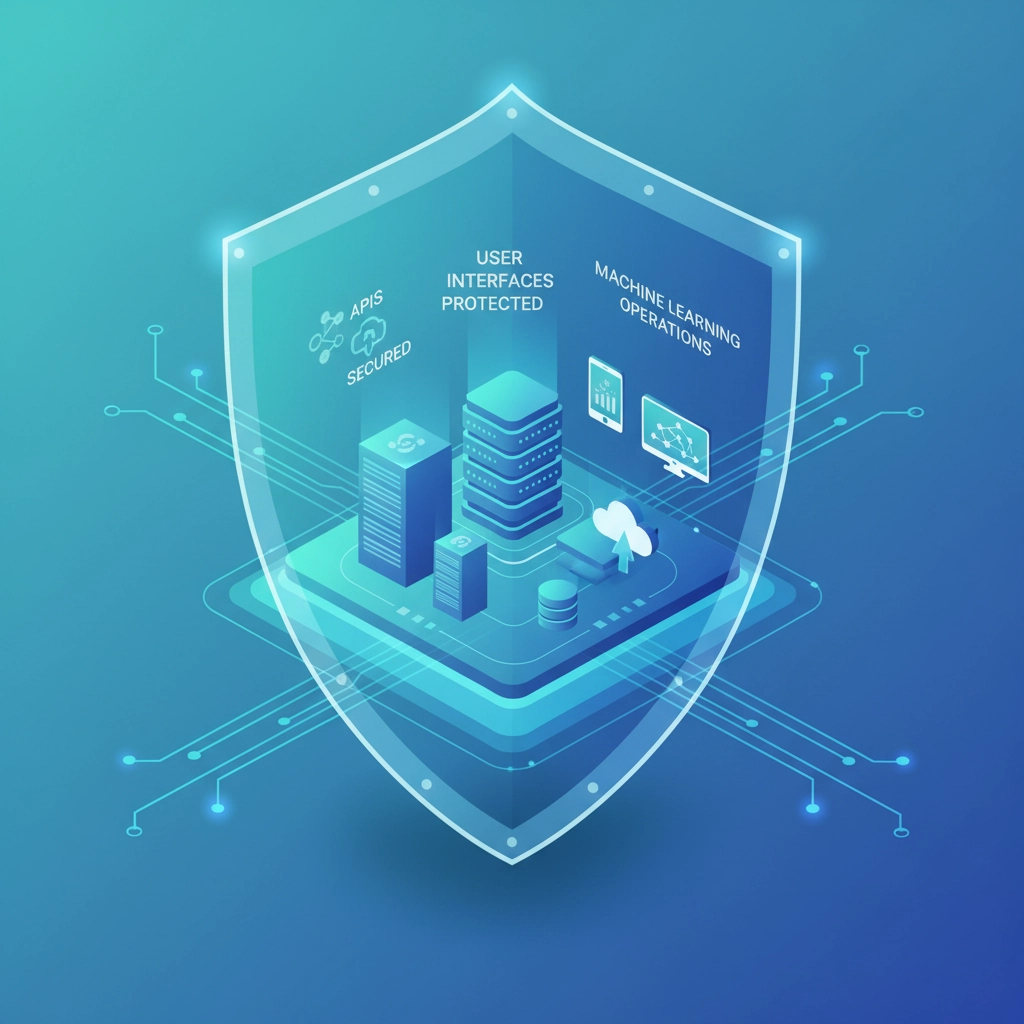
The Reality Check: Implementation Challenges
Let's be honest, implementing AI in cybersecurity isn't all sunshine and rainbows. You'll face challenges like:
- Integration complexity: AI security tools need to play nice with your existing systems
- Skills gap: You need people who understand both cybersecurity and AI
- Cost considerations: Quality AI security solutions require investment
- False positives: AI systems can be overly cautious, flagging legitimate activities as threats
But here's the thing, these challenges are manageable with the right partner and approach.
Looking Ahead: The Future of Business Security
The convergence of cybersecurity and AI isn't slowing down, it's accelerating. We're moving toward a future where security is proactive, intelligent, and deeply integrated into every business process.
Predictive analytics will help you anticipate threats before they happen. Autonomous response systems will handle routine incidents without human intervention. AI-driven governance frameworks will adapt your security policies in real-time based on changing risk profiles.
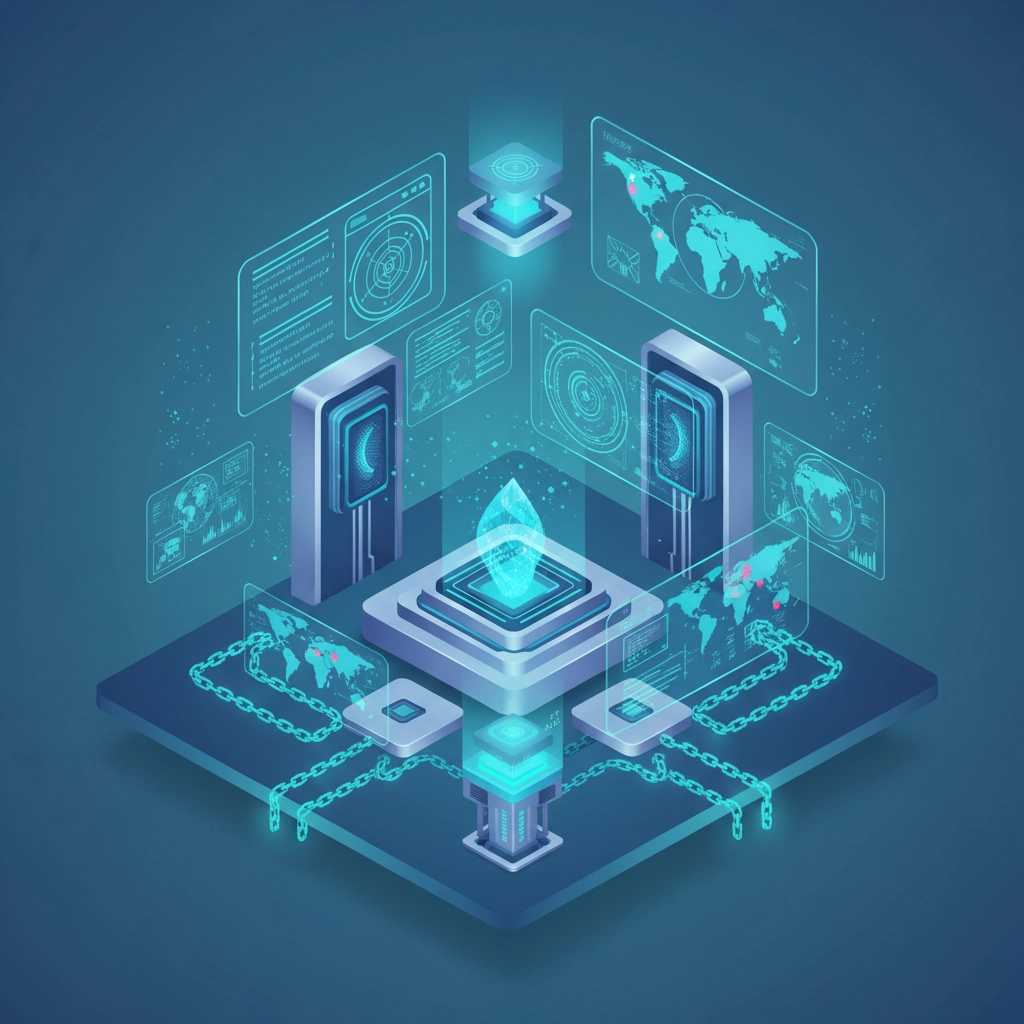
The Bottom Line for Business Leaders
AI in cybersecurity isn't optional anymore, it's essential. The question isn't whether you should adopt AI security solutions, but how quickly you can implement them effectively.
The businesses that get this right will have a massive competitive advantage. They'll be faster to respond to threats, more efficient in their security operations, and better positioned to take advantage of new technologies without compromising security.
The businesses that don't? Well, they're going to be playing catch-up in an increasingly dangerous digital world.
Ready to explore how AI can transform your business security? At B&R Computers, we help businesses navigate the complex world of AI-powered cybersecurity without the technical headaches. Let's have a conversation about where your security stands today and how AI can make your business more secure and efficient tomorrow. Contact us to schedule your cybersecurity assessment: because in today's threat landscape, waiting isn't an option.

